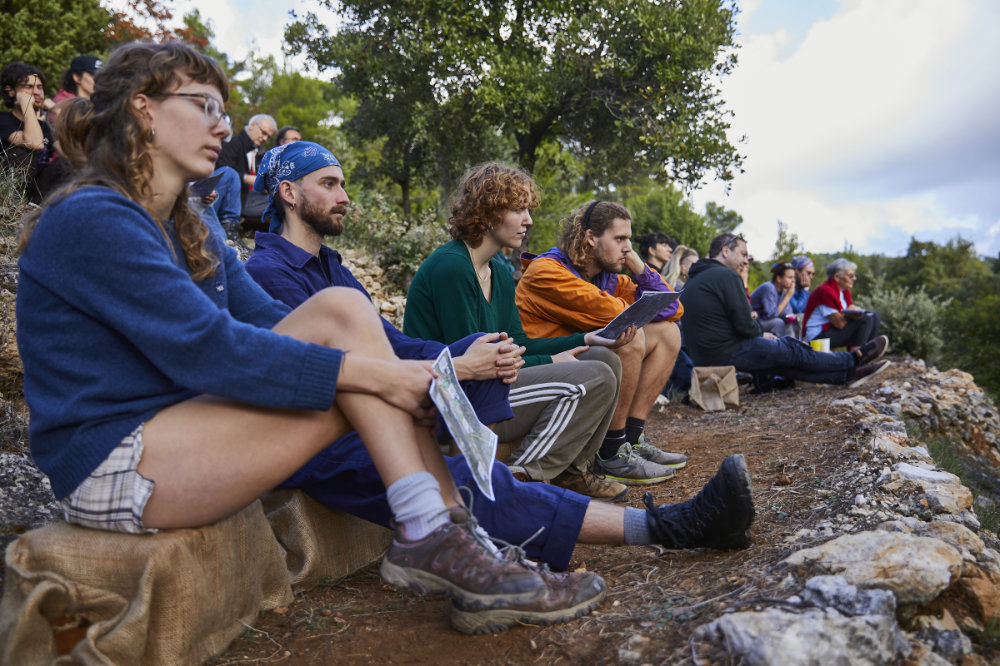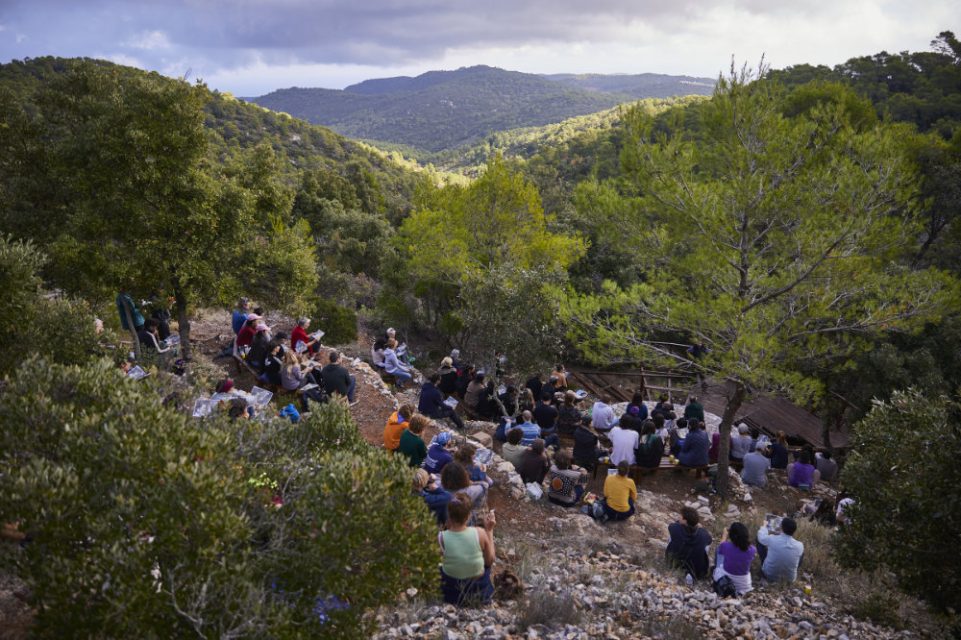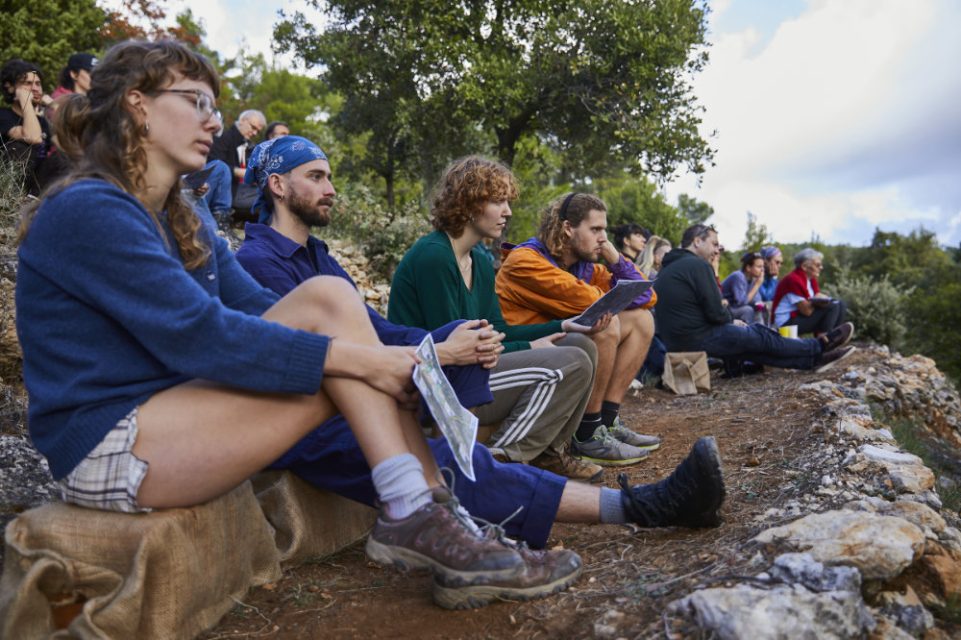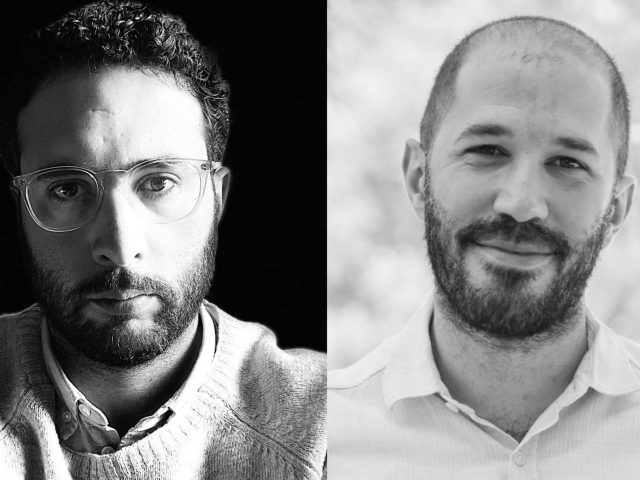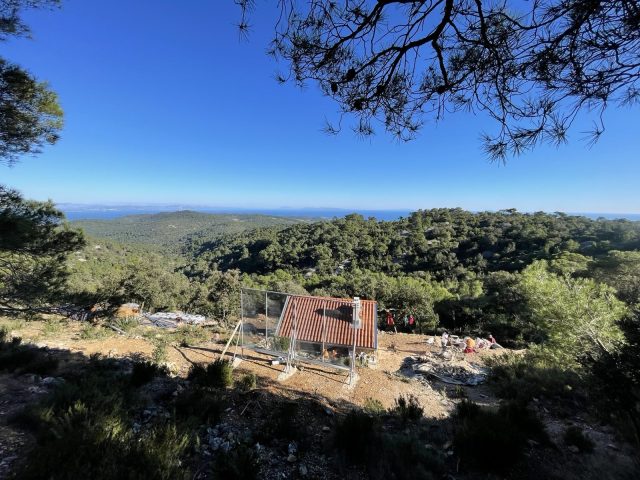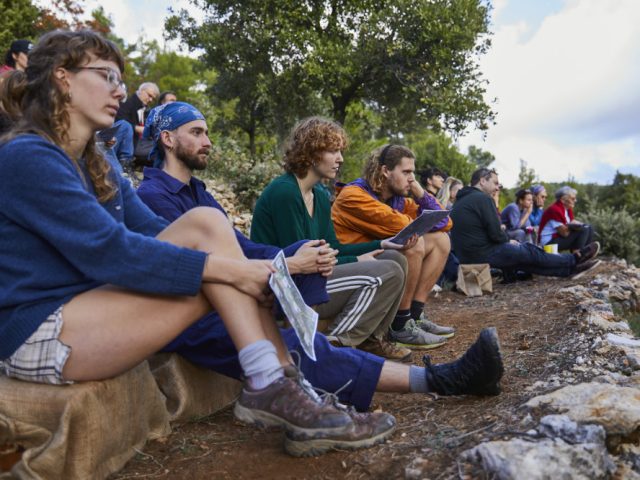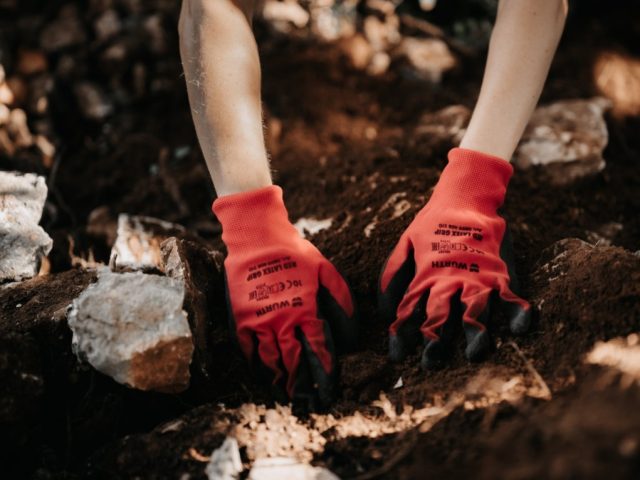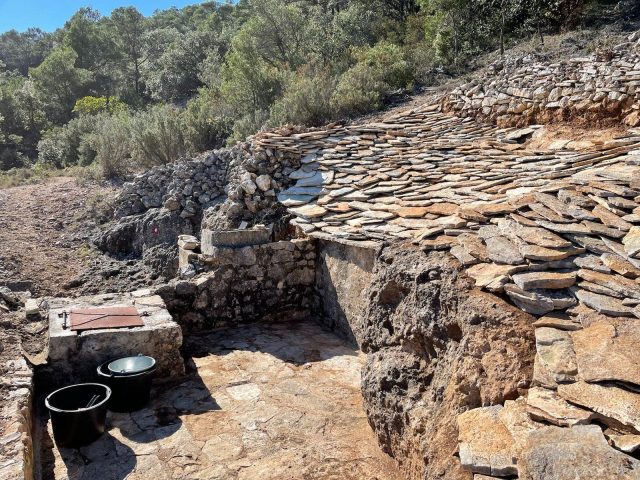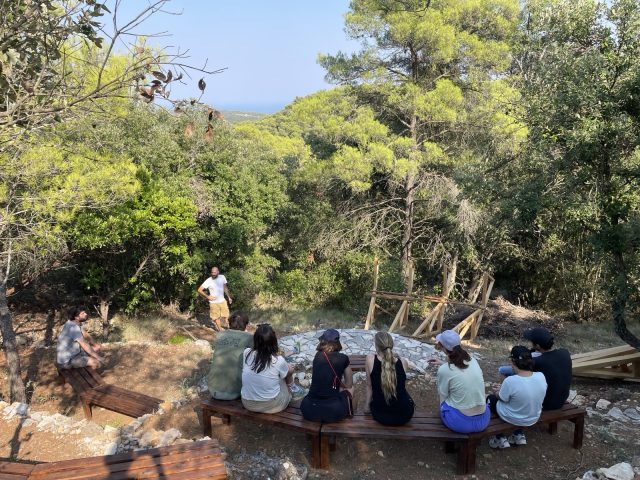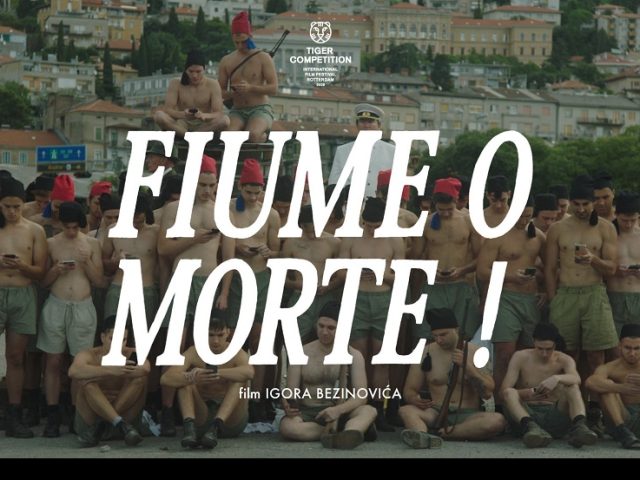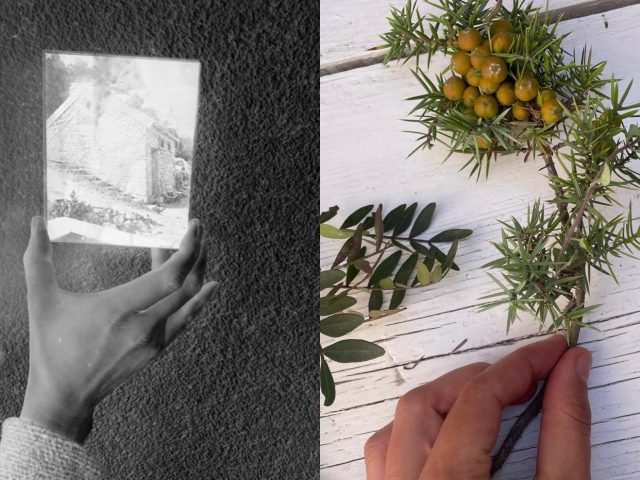School of Autonomy at Vis; Year Three
Article by Mira Oklobdzija, Photos by Metod Blejec / ISSA School (CC 4.0 BY-NC-SA) See image gallery.First published at Pescanik na našem jeziku
When I moved to Amsterdam in 1991, Yugoslavia was in the process of collapsing. Not only I, but others from the region also persistently succumbed to the feeling of guilt; we were better off than the friends we left behind. Dealing with guilt, in my case, led to the decision not to pursue my thesis, but to focus on helping those who stayed, first and foremost, the independent media. After helping the “good guys” for years, I decided to help put the “bad guys”, war criminals, where they belong – in jail. Decades passed, the war in the Balkans ended, and the other wars started.
This October at the ISSA School in Komiža, a new group of guilty-feeling individuals gathered. It is enough to put a foot in the Adriatic Sea to start thinking about the horrors taking place in Gaza, on the eastern shores of the Mediterranean, not so far away. Those who stay on the island more often, who took part in the harvest of olives with the locals, couldn’t help thinking of the olive groves that Palestinians tended for generations and that are now burned down or destroyed so that the settlers from Israel can construct their houses or military compounds.
Looking around us, it is easy to find numerous serious and violent obstacles that endanger the pursuit of freedom and human dignity. Yet while lamenting may be impressive in good poetry, it is a weak companion to any social action. ISSA is an informal gathering of those who believe that something can and must be done, who strive to learn from the past and from others in order to effect changes, however small, in the present and, hopefully, create some positive impulses for the future.
Working around the clock
As mentioned in previous reports1, the times between annual gatherings on the island are always busy. In the year following the October 2024 meeting, the energy of the organizers has not been directed solely to the preparation of the next big event. Several working actions took place in and around ISSA’s small house on the hill, performed in waves by members, friends, volunteers and locals. In April, the Green Network of Activist Groups (ZMAG) continued their work on the circular water system, determined to build a “convivial tool” based on their permaculture landscape design and water management expertise, showcasing years of experience in blending infrastructure and art.2 And speaking about water, the Croatian Ministry of Environmental Protection and Green Transition decided that in September Vis’s water supply would start to be managed from the island of Brač. That could leave Vis without its own water supply system, even though it is the only Croatian island that has one. Together with the residents of Vis, many cultural workers who live, visit and create on Vis, including ISSA members, challenged that decision and organized a peaceful protest.3
At the same time, several programs have been prepared for the islanders. One was the screening of the most-watched Croatian documentary, “Fiume o morte!” The film’s director Igor Bezinović joined the audience for a conversation. Another was a public lecture organized together with Split Cinema as part of the interdisciplinary program ‘Hidden City’. This year’s theme was ‘Nature and Society’ and Srećko Horvat delivered a lecture at the school’s natural open air theatre in the making. ISSA also organized a four-day workshop on “slow” photography for anybody interested. And as always, those already on the island did their share of work during the olive harvest.
Active participants of the School, dispersed as they are across the globe, but well connected on the Internet or through occasional meetings in person, formed five working groups. They deal with Infrastructure & Land, Care & Organization, Fundraising, Education and Digital Infrastructure. Concrete plans, ideas and actions are in the making or already in progress.
International cooperation also continued as, for example, in Basel at the Haus der Elektronischen Künste (HeK) and its exhibition “Tools for Change” and in Lisbon at the arts and cultural centre ‘Culturgest’. There, the discussion focused on the ‘future islands’ and self-organization, a social autonomy that, instead of separation, fosters the community connections that are necessary in times of planetary crisis. In Girona, Spain, at Bòlit Contemporary Art Centre the library of ISSA was on display. In Berlin, during the gathering ‘On Mutiny and Federation’, Tomislav Medak, Valeria Graziano, Morana Miljanović, Marcell Mars, last year’s ISSA participants and comrades, presented the book “Pirate Care”, and at the Wiener Festwochen in Vienna, members of ISSA experimented in ways of cultivating forms of knowledge exchange and autonomy as a political strategy. The two-day workshop called “Radio Frida” offered both practical and theoretical experiments with pirate radio technology, in the belief that radio waves can be used for a global wave of resistance – for a world that rests on justice, equality and love.4
Reimagining Institutions
The title of this year’s main event, which took place 21-25 October, was “Reimagining Institutions”. It was organized by the Museum of the Commons, the Museum of Contemporary Art in Zagreb and the ISSA School, and attended by some 150 people from more that 20 countries including Croatia, Palestina, USA, Columbia, Mexico, Australia, Germany, the Netherlands, Malta, Serbia, Romania, Greece, Kosovo, UK, Austria, Slovenia, Italy, Japan… To highlight the starting point and the event’s intention, the organizers stressed:
“On the verge of the sixth mass extinction, in the collapsing international order, with autocrats and billionaires in power and unprecedented technologically enabled surveillance, with AI penetrating all spheres of life, amongst rising nativist, nationalist, fascist sentiments with insatiable appetite for growth and expansion, within the context of competitive nation states, can we conceive of institutions as conduits of emancipation?
Moving beyond the current institutional collapse, happening everywhere from democracy and education to the world’s leading international organizations, is it possible to re-imagine – and establish – institutions as open, democratic, egalitarian, self-organized, local and transnational?…
Could the institutions that we see getting more and more deprived of power and influence, abandoned, silenced and humiliated by political and economic powers, be re-imagined and re-built, before getting completely dismantled and erased? Should we be aiming at constructing parallel disobedient institutions? What can we learn both from historic examples such as the Paris Commune, and contemporary examples such as the defiance of Palestinians or the student occupations in Serbia?” 5
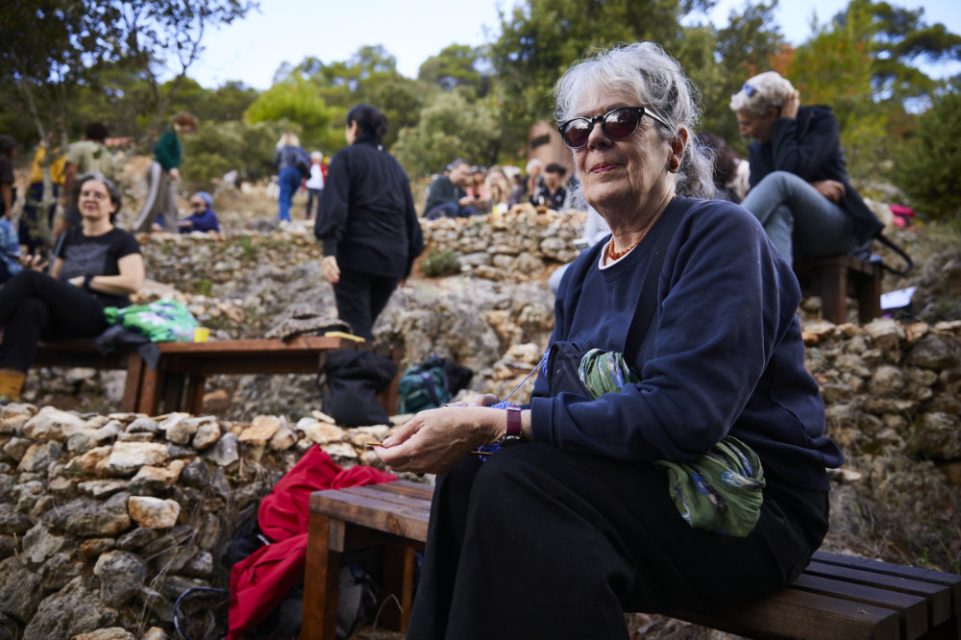
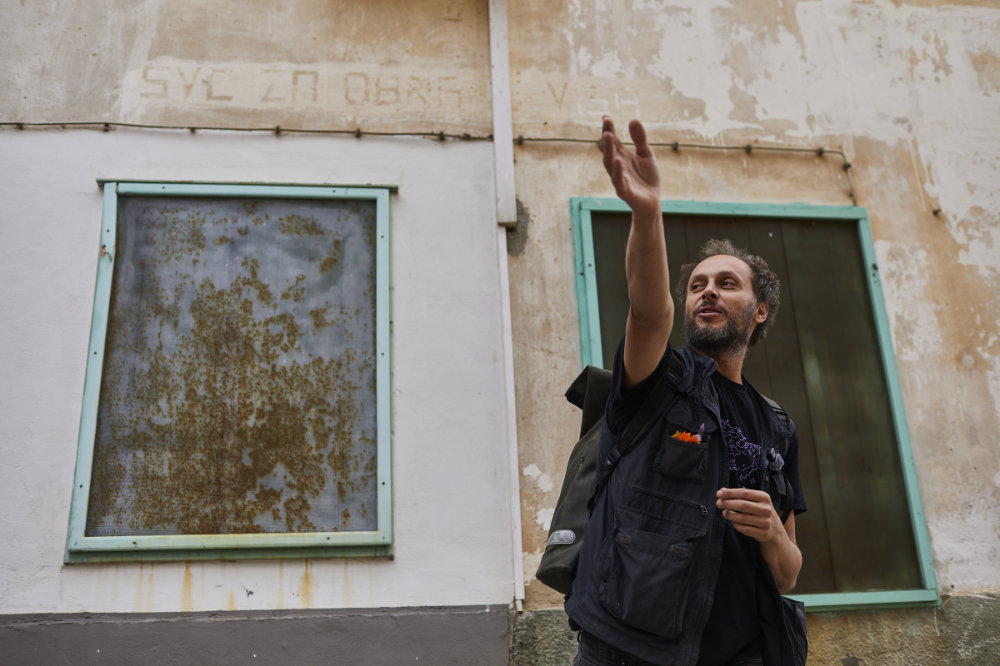
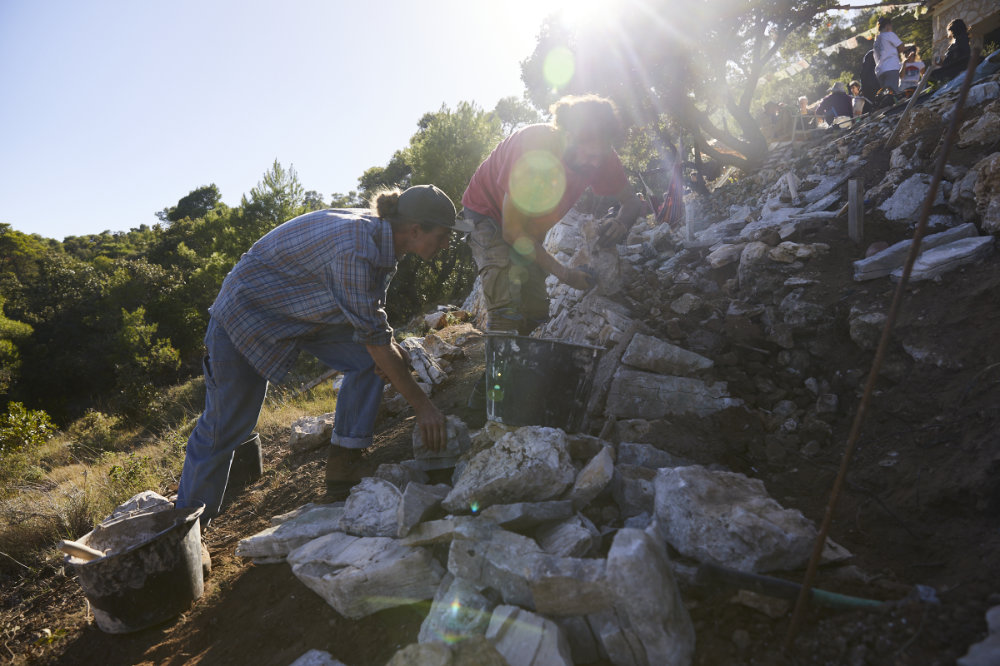
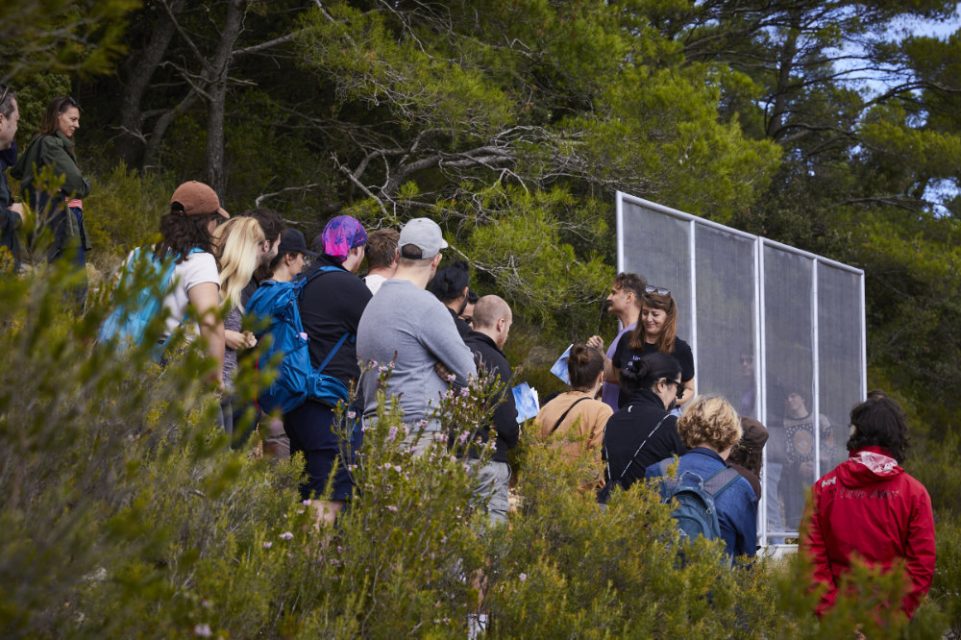
After an already traditional revolutionary tour through Komiža, led by Horvat, the first lecture, entitled “The Ecological Face of the Commune Form”, was given by Kristin Ross, an American literary theorist and professor emeritus of comparative literature at New York University and author of books such as ‘Communal Luxury: The Political Imaginary of the Paris Commune’ and ‘The Commune Form: The Transformation of Everyday Life’. In front of the enthusiastic audience in the Memorial centre Komiža, she offered for discussion themes as political memory, laboratory of political experimentation, contemporary movements against capitalist destruction and internationalism. One historical example, the Paris Commune, and a few French contemporary ones dealing with defence of the land by peasants and their diverse supporters, presented the framework. The emphasis was on the commune form as a process and the most important revolutionary strategy, rather than an abstract model. To influence a social change, the commune form has to create a spaces in the literal sense of the word, bringing together those who don’t have to share a uniformed ideology, but who do know what/who they are against. What the commune form means is solidarity and fellowship across diversity, a struggle and a way of life. In one of her books, Kristine Ross quotes Elise Reclus’ metaphor for autonomous forms of action as “tiny system of rivulets that appear on the sand after the ocean’s wave has retreated”. For Ross, the stream can be superior to the river because of the unpredictability of its course, and the possibility of making its own way.
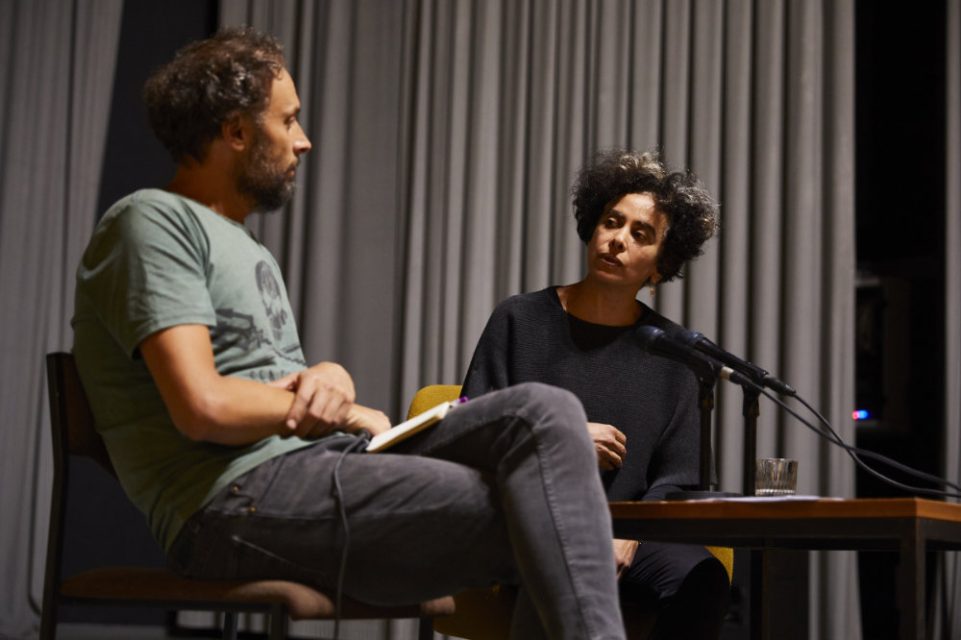
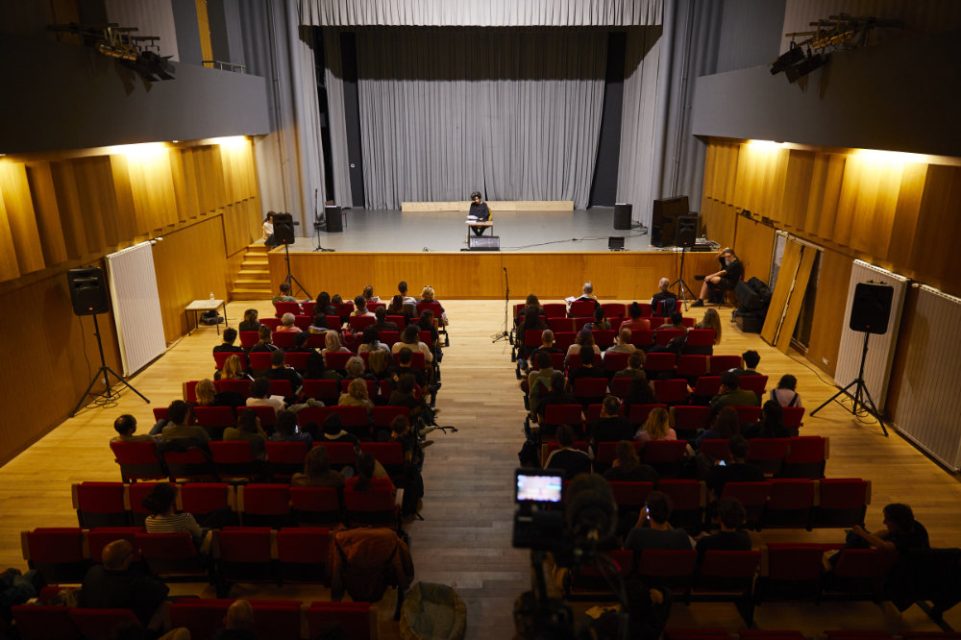
Palestinian author and academic Adania Shibli, author of the books “Tafsil Thanawi” (“Minor Detail”), “We are all equally far from love” and “Touch”, spoke about the problems of pedagogy and resistance, the necessity of students in difficult and dangerous situations to try to think outside the limits of hard reality, as well as misbehave. Even though misbehaving can be seen as undesirable in normal circumstances, it surely brings elements of liberation in the situations of war and occupation. As well as laughter, it can be seen as a defence and has the potential to become a basis for more structured resistance. In demanding circumstances, misbehaviour can be useful to counter and challenge structures of injustice. It helps bridging the gap between the darkness of the abyss and the creation of something positive by helping people to unlearn to be helpless.
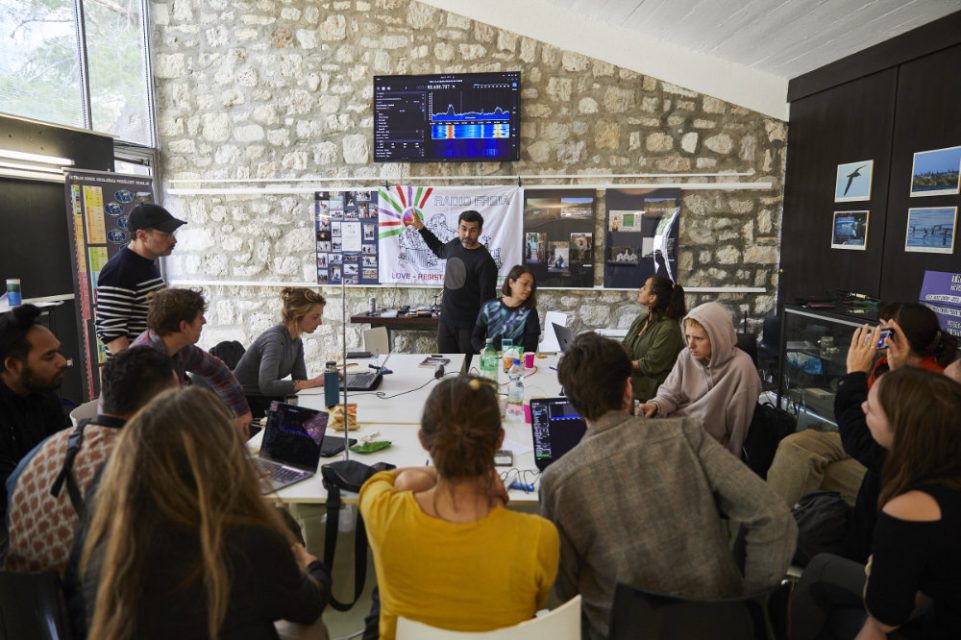
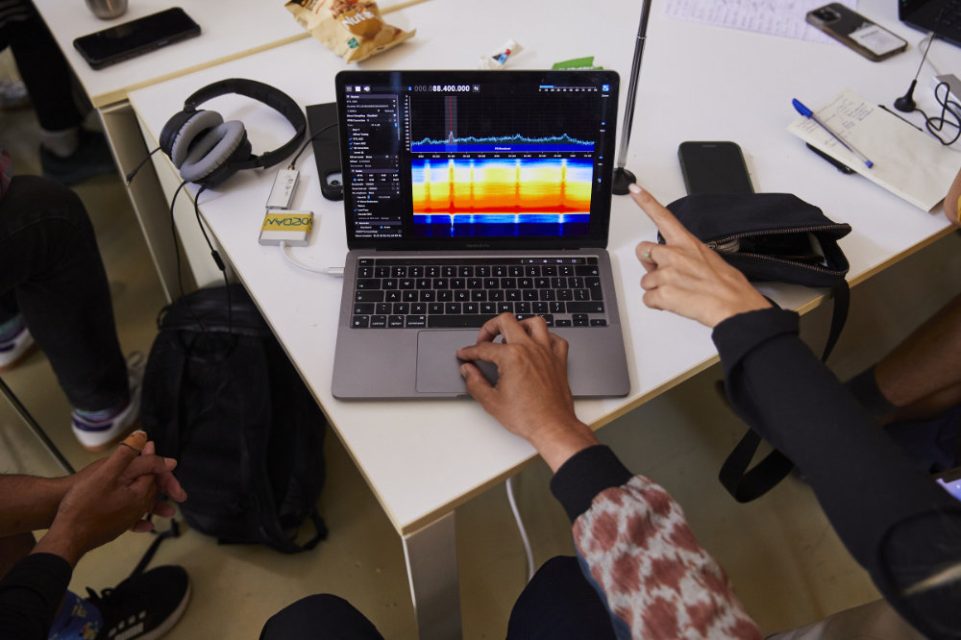
The “Pirate radio workshop” was held by Selena Savić, an artist, architect, and assistant professor at the University of Amsterdam, and Gordan Savičić, an artist and critical engineer. They introduced unconventional practices of radio transmission, rethinking how radio technologies can be used to build networks of solidarity, situating radio in the context of ISSA and the island of Vis. Participants learned about various transmission technologies, both historically and theoretically, as well as their practical applications. Alternative frequencies and protocols for transmission have been tested, and the workshop concluded with a discussion on strategies for resisting and reimagining institutions with radio.
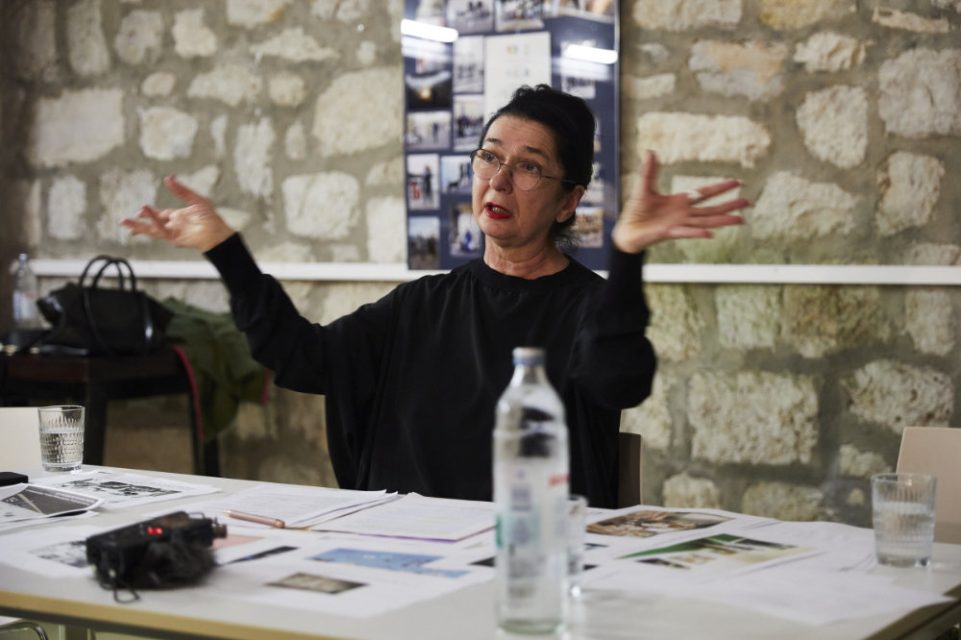
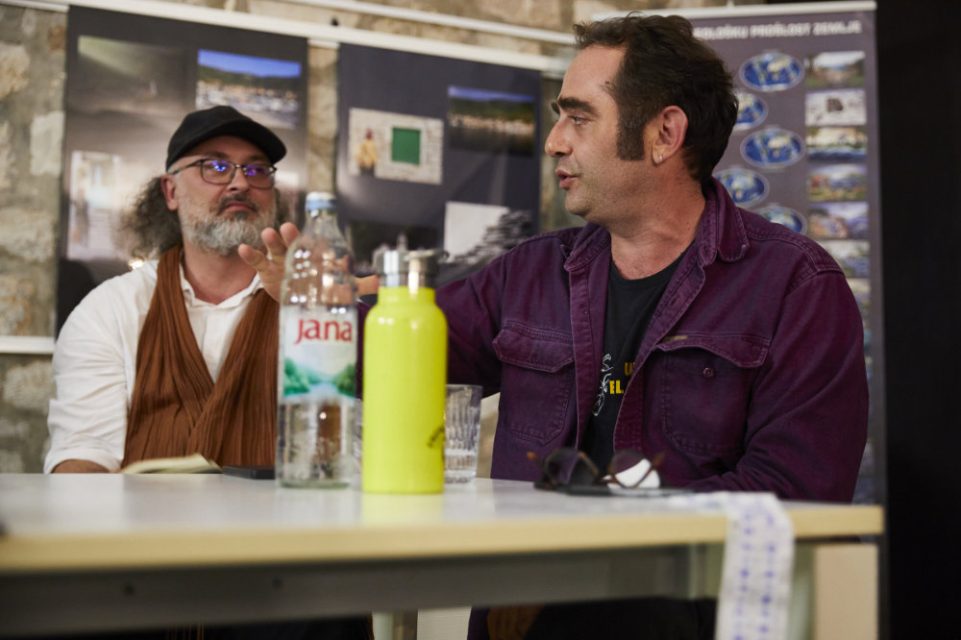
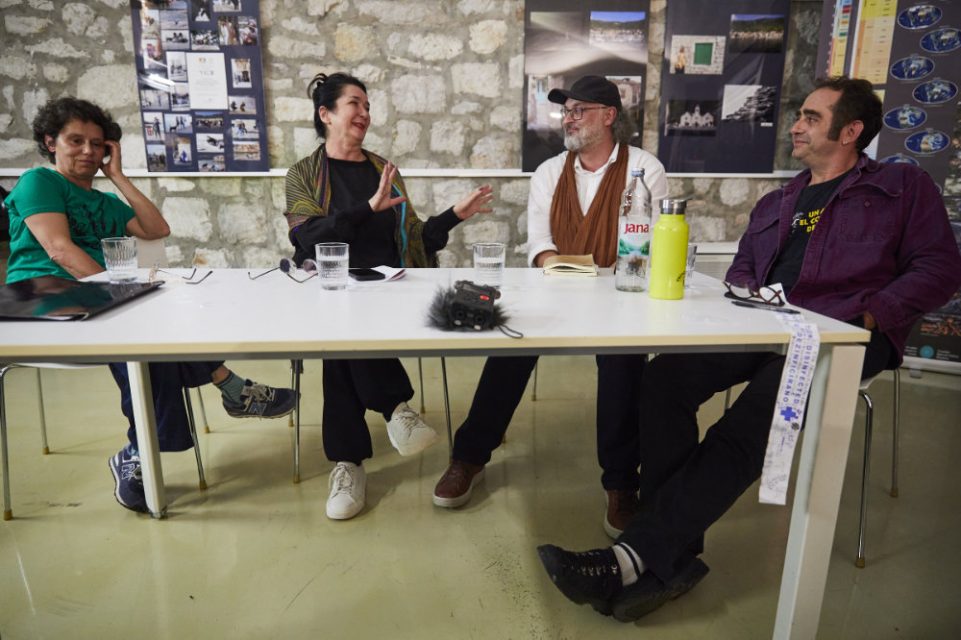
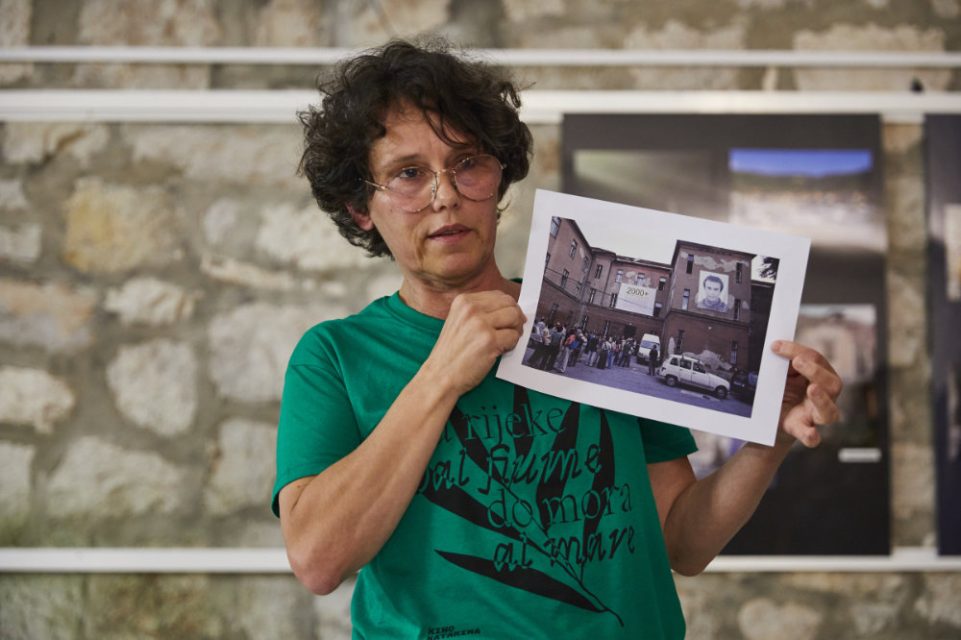
In “Reimagining Museum”, four well-known cultural workers – Zdenka Badovinac, Bojana Piškur, Theo Prodromidis and Ovidiu Ţichindeleanu, all members of the Museum of the Commons – problematized different reconstructive practices within and around institutions. They engaged with the question of the function and limits of classical museums, and how to make them more inclusive, democratic, solidarity-driven and resilient. The Museum of the Commons, a four-year project of L’internationale Federation of Museums, art organizations and universities, seeks to offer an alternative model to globalizing art institutions that replicate the structures of multinational powers and their centralized distribution of knowledge. It seeks to re-imagine institutions through climate awareness, translocal cooperation, and artistic strategies of healing and repair.
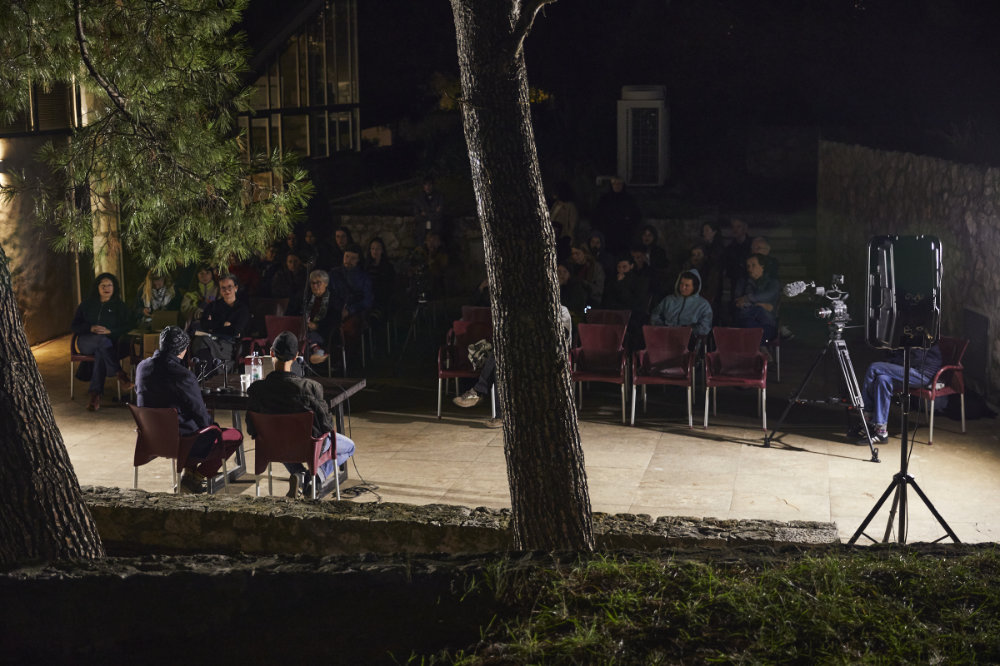
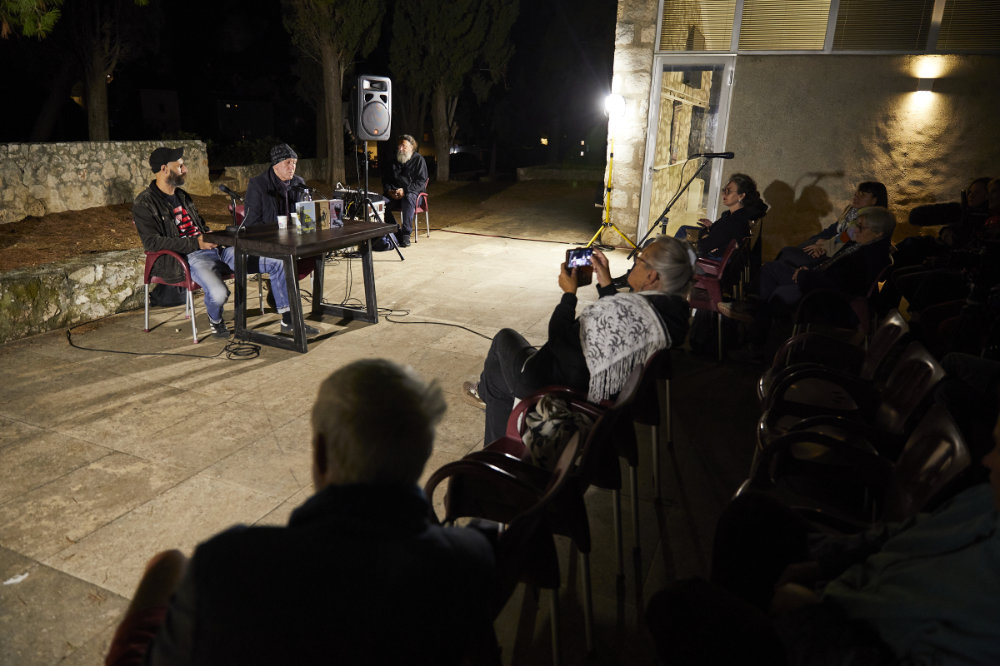
Pleasurable evening for book lovers, held in Croatian, attracted a lot of locals. The author Robert Perišić spoke about his book “A cat and the end of the world” (“Brod za Issu”) with another well-known colleague, Marko Pogačar. Both born in Split, they share a deep appreciation for the Mediterranean of the old, worries about the present and hopes regarding the future. The tale, following mythology and history, speaks about the founding of a Greek settlement on the Illyrian island of Issa (Vis). The main characters are a runaway slave, his cat, a donkey and the wind. As a reviewer pointed out, “classicists will find lots to love”. The public does as well, so the story, without offering spoilers, is best left to the pleasure of the readers.
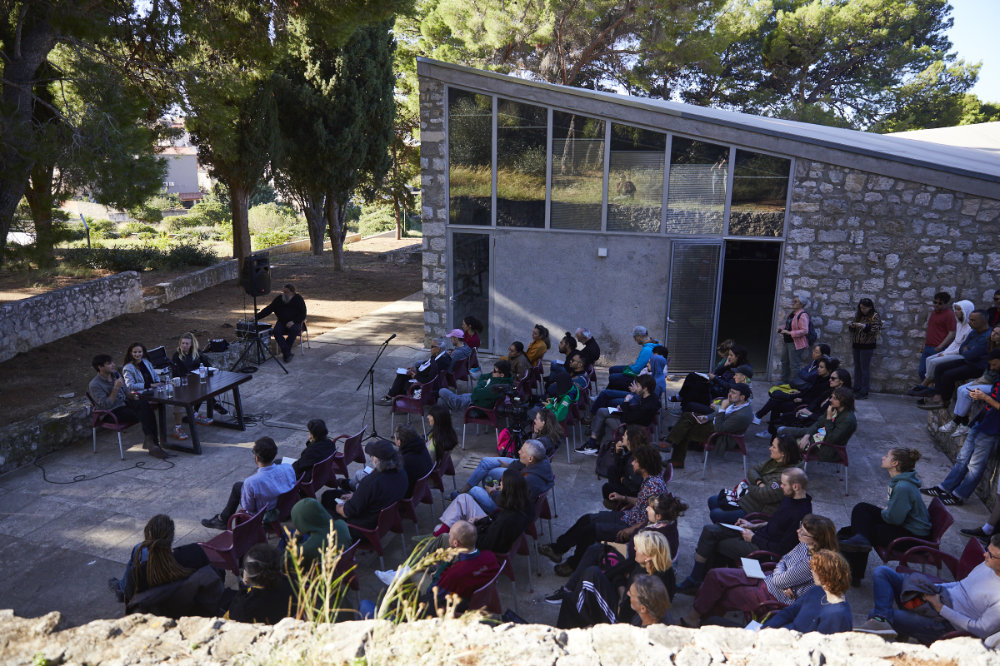
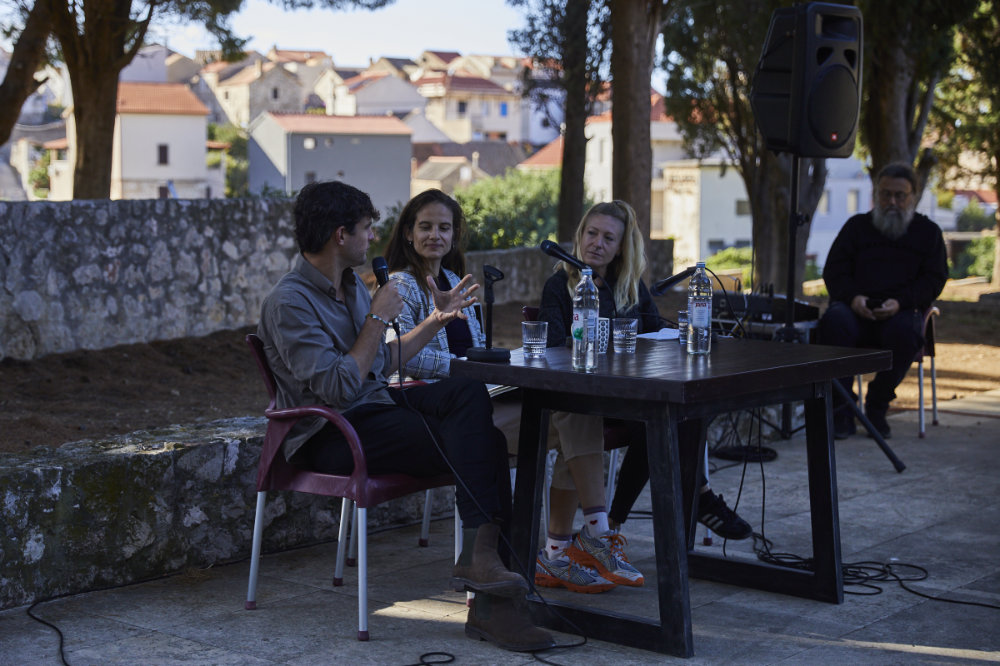
The highly anticipated conversation “Disobedient Institutions” was focused on the Sumud Flotilla, the importance of collective action and solidarity. Saša Savanović, a novelist, essayist and non-fiction author, spoke with two participants in the recent attempt to challenge and break the siege of Gaza from the sea. One was Morana Miljanović, a sea captain, activist, lawyer and writer, who has been working in maritime Search and Rescue since 2019. She spoke about the practice of solidarity aboard the ships, commune form and learning by doing, safety on the boats, feeling of comradeship while facing chaos in organization, spontaneous ways in which that was resolved, hoping that the message will be received, and unlearning the helplessness. David Adler, a political economist and Co-General Coordinator of the Progressive International, who served on the advisory team for US Senator Bernie Sanders and directed policy for the Democracy in Europe Movement (DiEM25), spoke about disobedience, political urgency, “The Hague Group”, ordinary people who joined flotilla, and direct action. He questioned the extent to which the action had been successful and continued by describing Israeli soldiers as evil kids with big toys given to them by Washington, also arguing that there was no serious political reaction from America and that the European Union has to get more involved. Being Jewish-American, his kidnapping by the Israeli army and being put in prison evoked a lot of concern, well-articulated by Yanis Varufakis.6 Luckily, only two weeks after being released, he managed to join ISSA. As expected, a number of themes emerged, such as world governments not doing anything (which is a good example how the world is ruled), the arbitrary nature of all borders and nation states, international law that is not respected, the creation off better tools for change, the real face of capitalism, the history of self-organization during the WWII in Yugoslavia, El Shatt, self-management, sovereignty and self-determination. A new event would have to be organized by ISSA to discuss them all, but they have to be articulated at each opportunity. Anyway, people who dare are certainly worthy of admiration and good, supporting group of friends waiting for them on the island that was, long ago, also under siege by the bad ones.
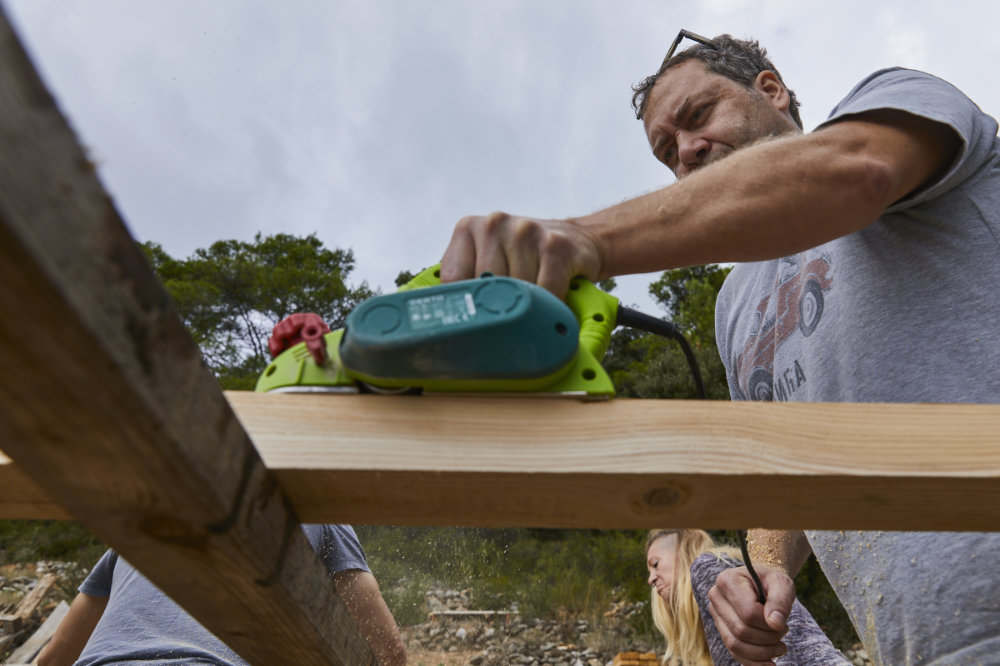
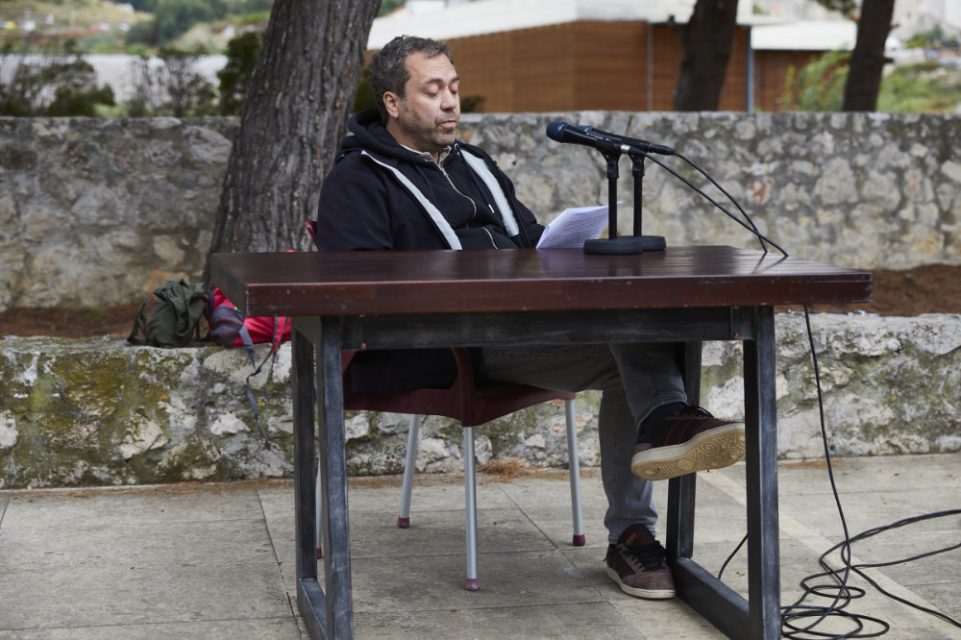
“If Islands are the Future, what is the Connective Medium?”, was a contribution by Martin Pogačar, a cultural studies scholar with a PhD in memory and digital media from Ljubljana. He spoke about islomania, a term coined by Lawrence Durrell, referring to the condition of the people who find islands somehow irresistible, offering titles of books dealing with real, imagined and metaphorical islands. A step further, he tackled the meaning of the sea as the proverbial origin of life and terra firma as origin of all the troubles that we are facing today. In his opinion, two general futures may arise, aligned with terra firma and the thalassic principles. The first leads towards the cursed oligarchic structure, which apparently tends to arise from the dark triad (narcissism, psychopathology, Machiavellianism) and its use and abuse of its fuel (lootable resources, monopolisation of weapons, caged land). The second one directs towards the loose, unstructured (or under-overstructured), fluid approach to life that acknowledges vulnerability, but responds with solidarity and care.
Mosaic of approaches, actions and events
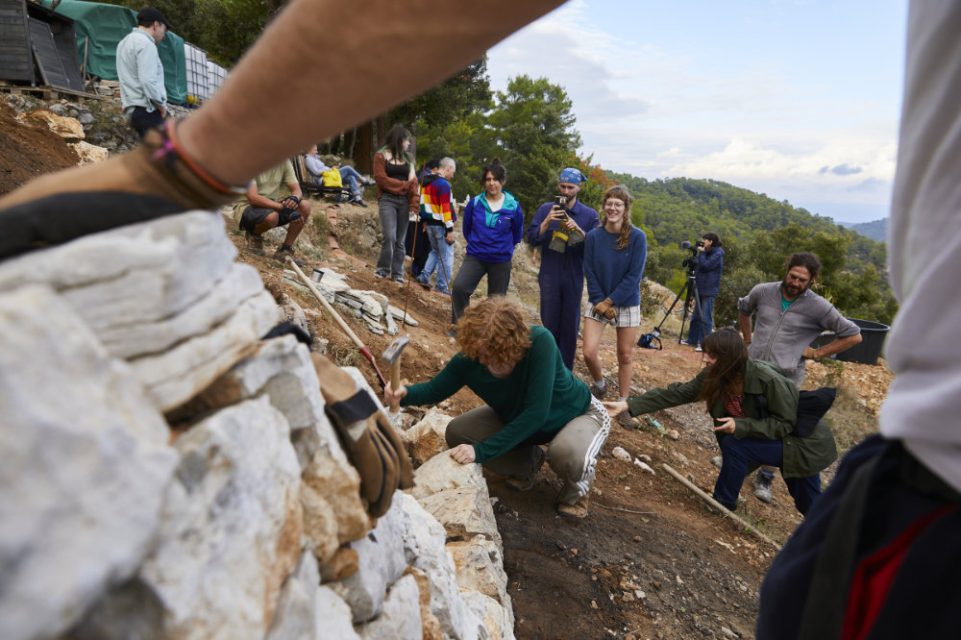
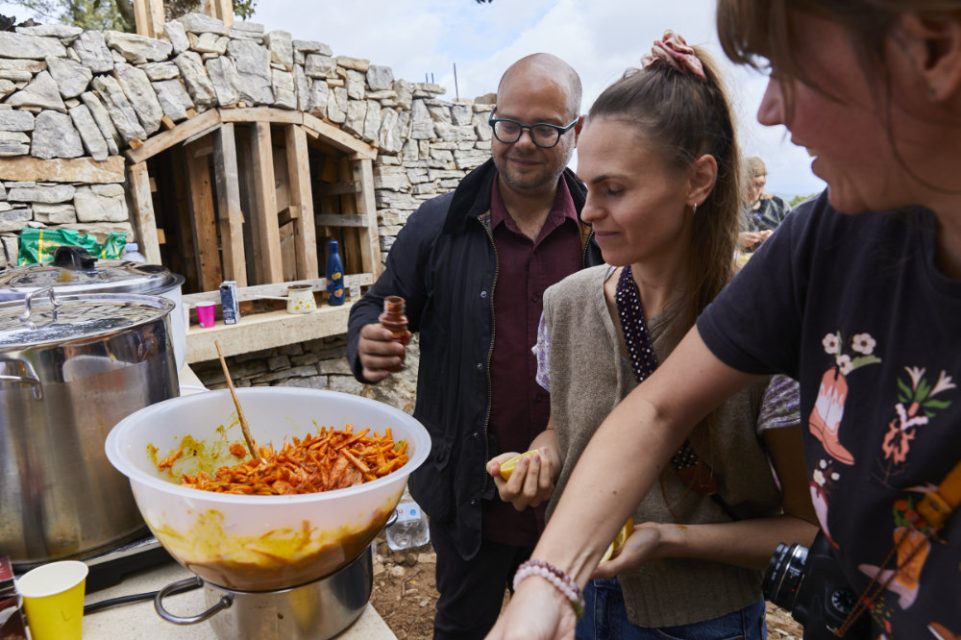
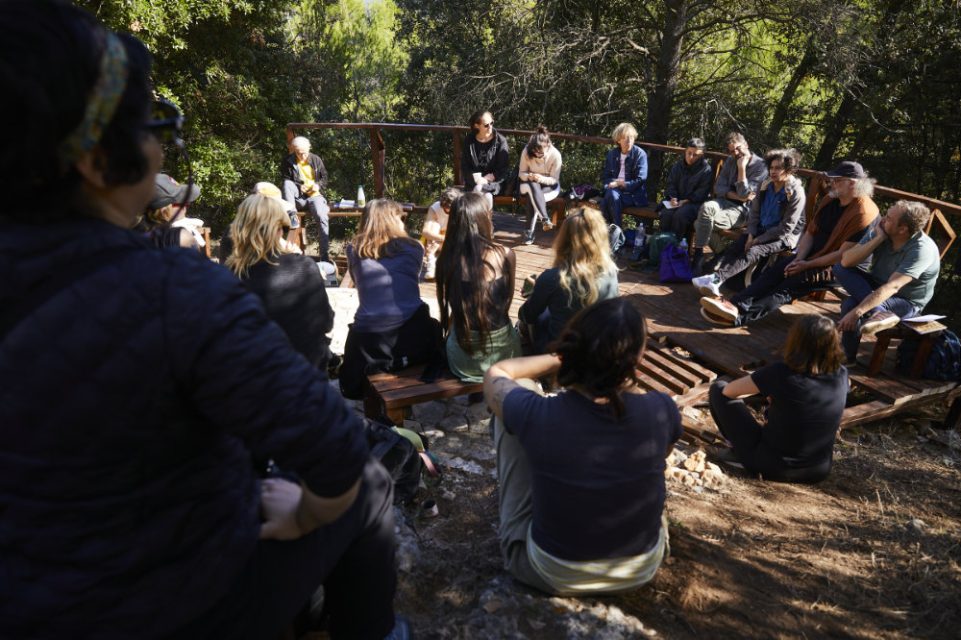
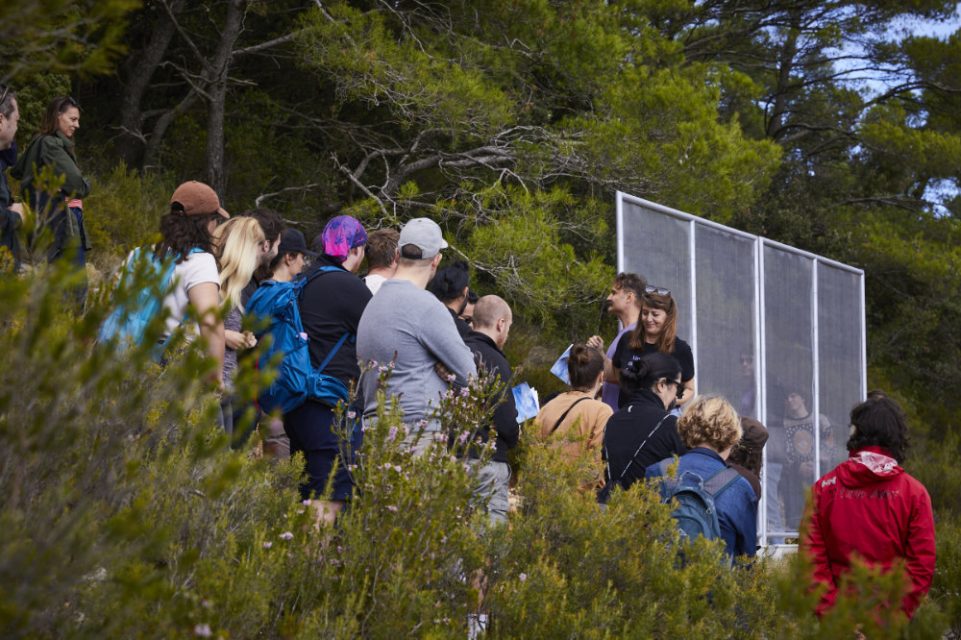
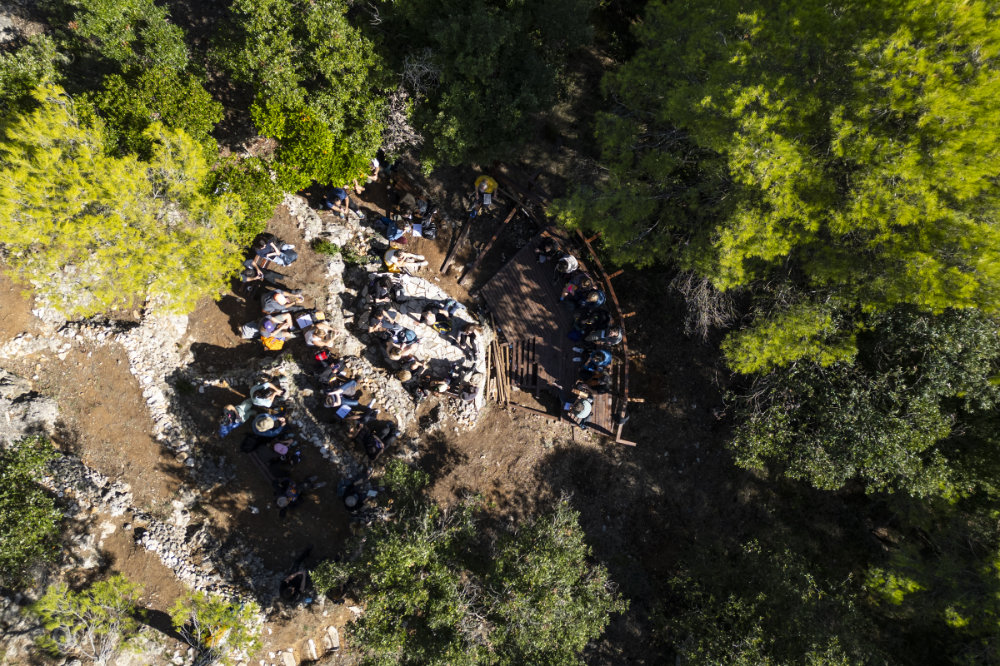
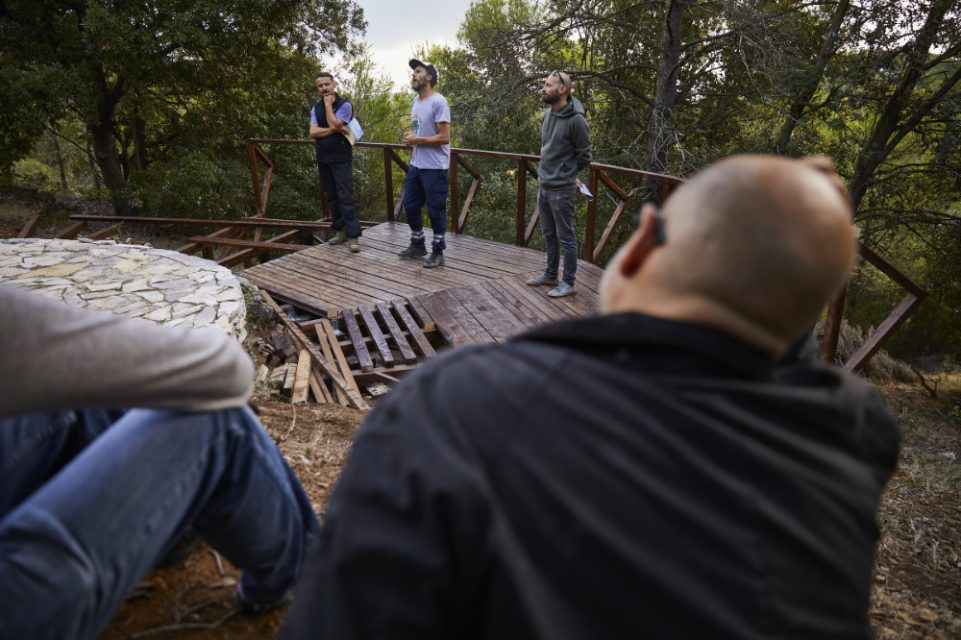
Two days of active work actions on the hill had been organized in between the school sessions. Igor Mataić, an engineer from the group ‘Pomalo’, already a well-known face near every new-build wall at ISSA, continued his silent work. Luka Vlahović, an award-winning architect and inventor, and Matko Šišak, builder, artist, permaculture designer and co-founder of ZMAG were also present. And a one-hundred-strong group was well-fed by Kevin Kenjar from Naan-Aligned cooking and chef Mary Ala.
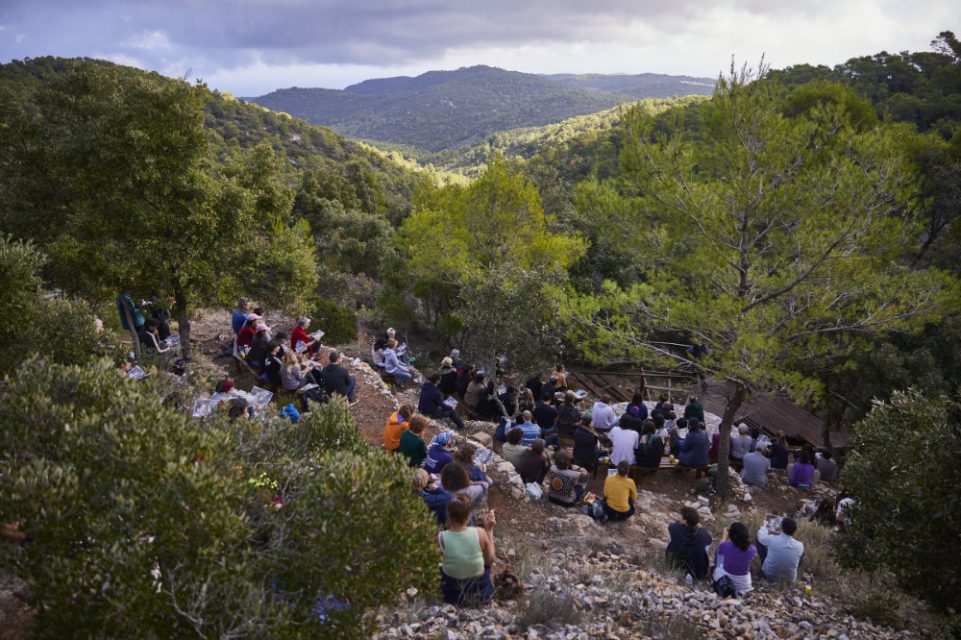
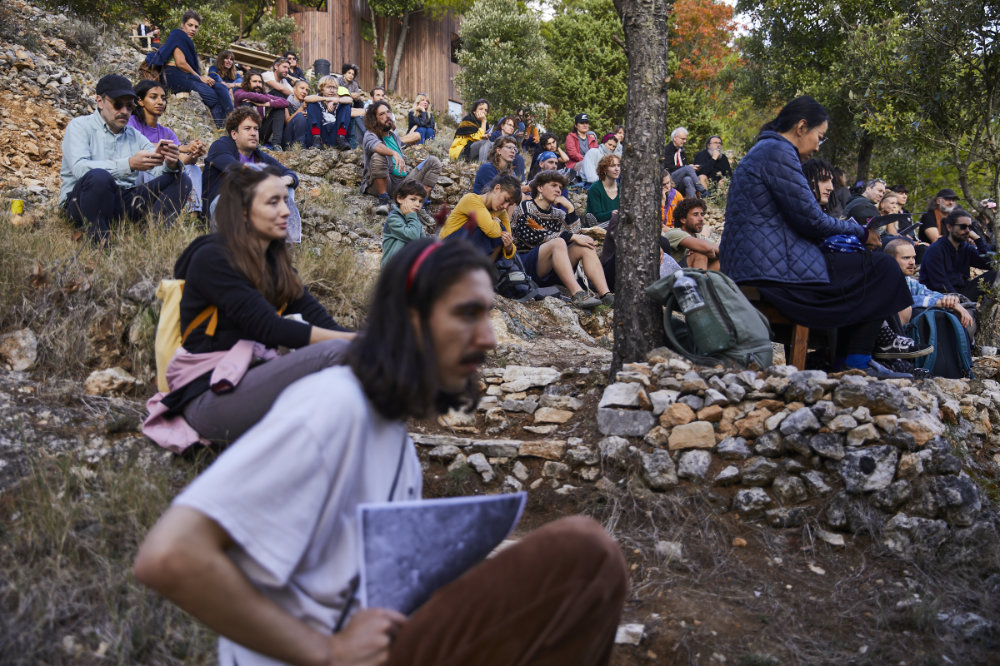
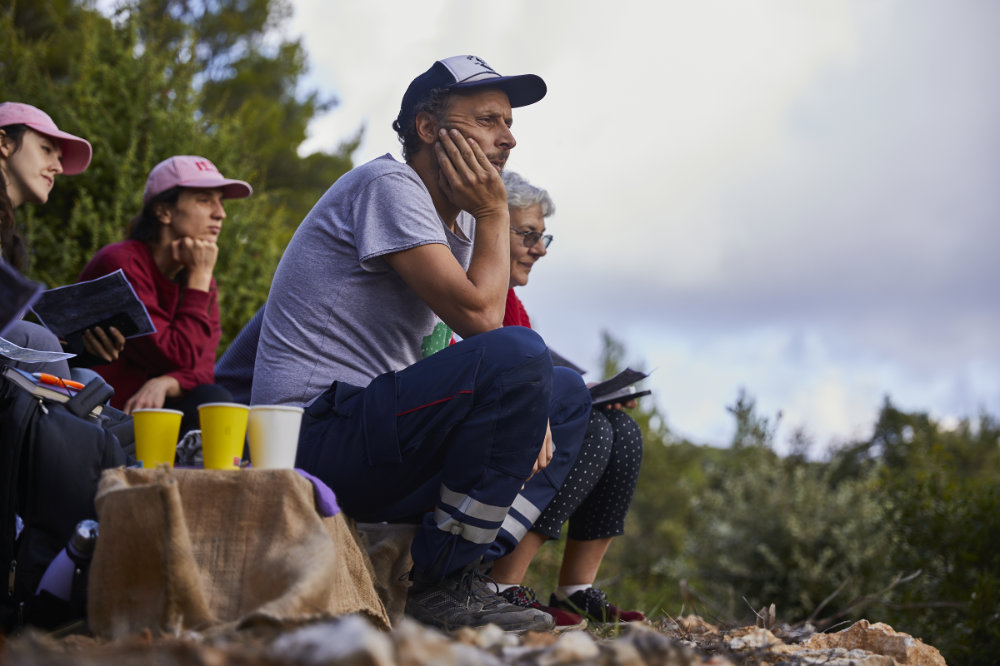

Additionally, Kristin and Adania held two well-attended workshops to discuss the ideas they introduced in their opening speeches in depth. For the first time, a number of self-organized sessions took place, dealing with Serbian protests, the Komiški language (joined by Joško Božanić, the renowned Croatian linguist and poet, born in Komiža, who has been studying the oral heritage of this island, its dialect and oral literature intensively for years), Capoeira sessions about an Afro-Brazilian martial art and game that includes elements of dance, acrobatics, music and spirituality, Archipelago Map, Paths of Perception, Truth of dare, Politization of mental health, Decolonisation and restitution held by ‘Beyond Walls’, an Amsterdam-based art and research collective that, through research, art, and storytelling, engages with tangible and intangible heritage rooted in the (pre)colonial past.7
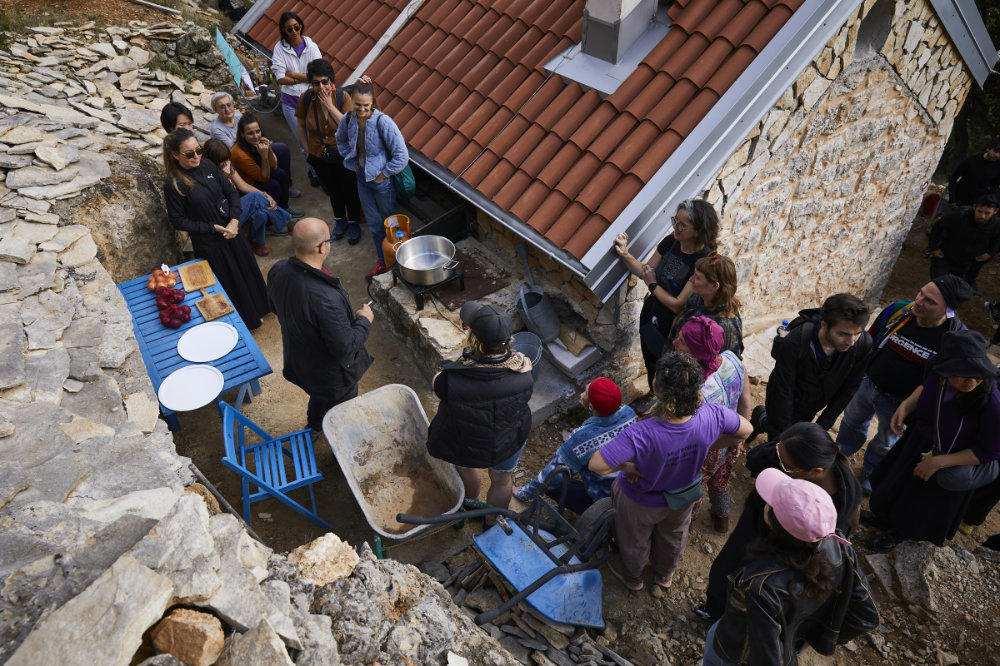
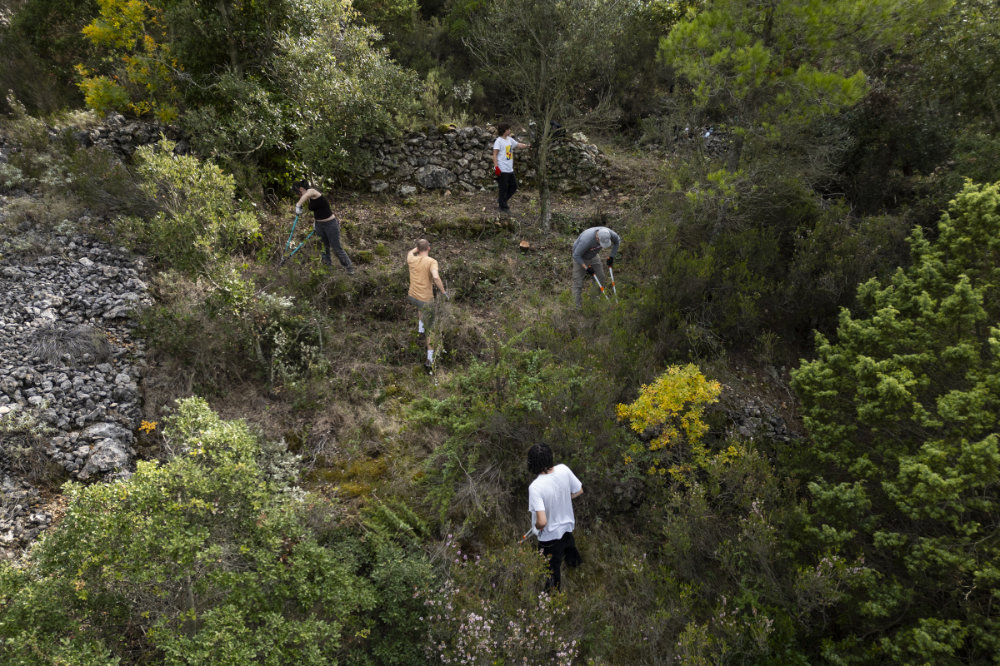
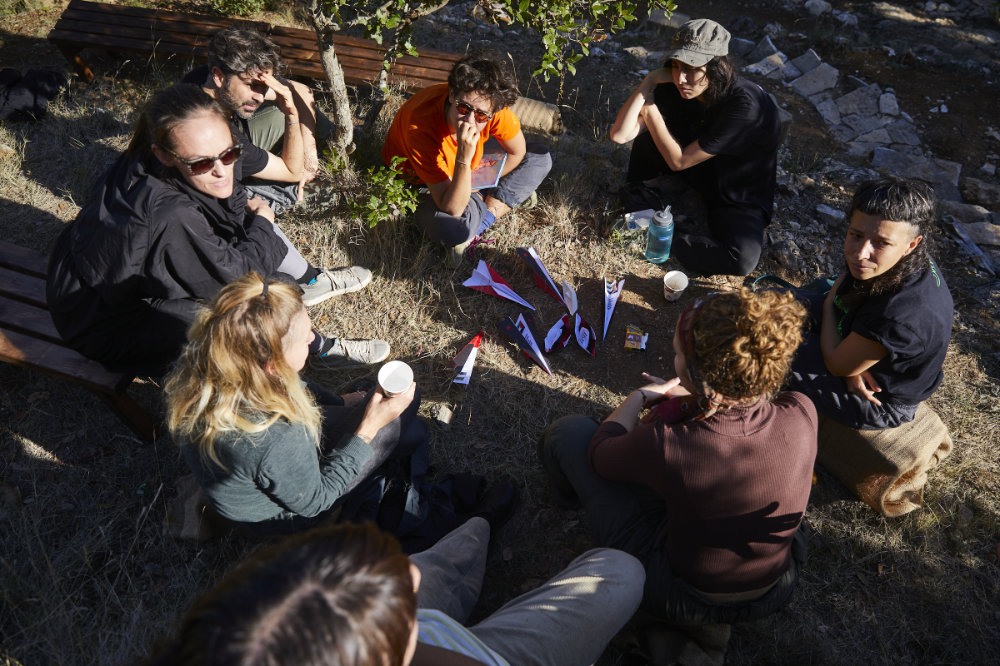
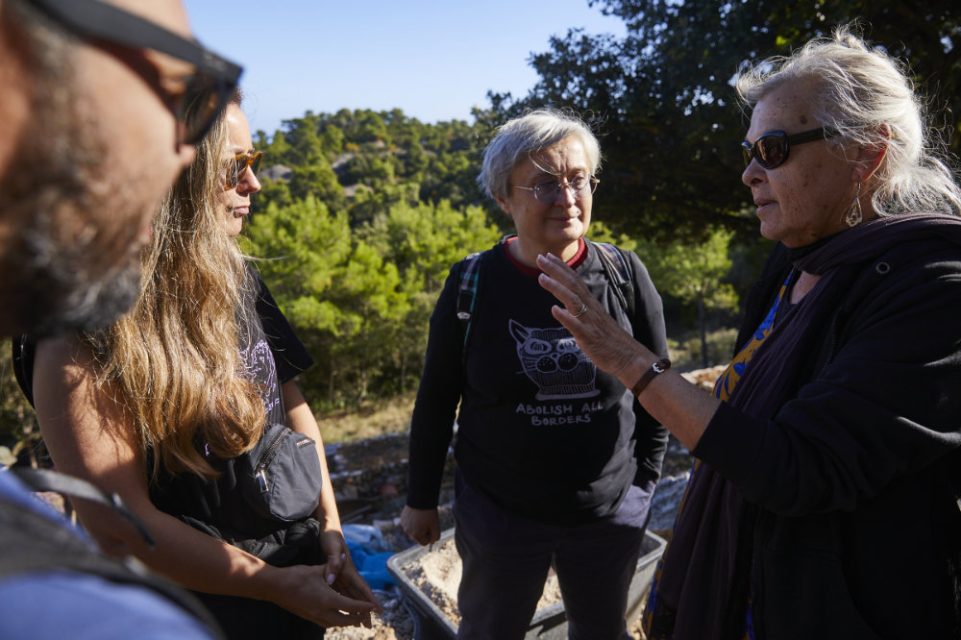
And if this was not enough, a kids’ party ensured that the guests and locals could enjoy an uplifting afternoon by the sea with their kids.
The film program was also not neglected. The screening of Jasmila Žbanić’s film “Blum: Masters of Their Own Destiny” (“Blum – Gospodari svoje budućnosti”) again brought together guests and locals from the area. The film tells the story of how Emerik Blum, a Bosnian Jewish businessman, philanthropist and politician, transformed a small studio into a major company Energoinvest, using a unique and democratic management style. In this model, every employee had a voice in the decisions that affected the business. And Angelina Radaković offered “War-Torn Ecologies; Resistant Worlds”, introducing seven Middle East films.8 Angelina is a Yugoslav-born curator and cultural worker based in London, UK. Her practice is grounded in collaboration and prioritizes relational, socially engaged and accessible approaches. Her current research explores movements and moments of transnational cultural solidarity, focusing on the Non-Aligned Movement and its relevance today.
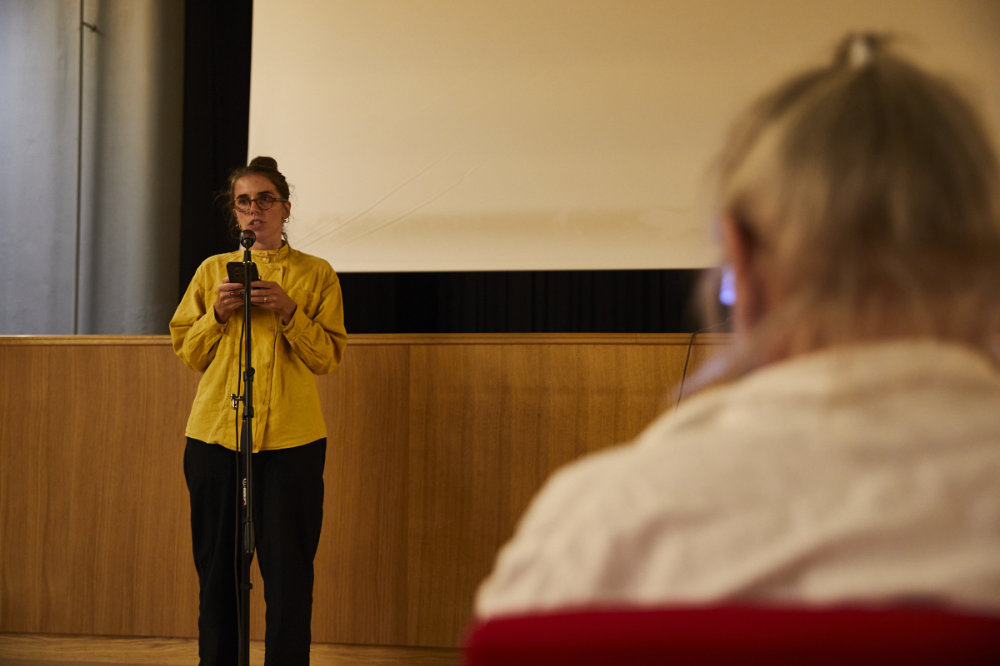
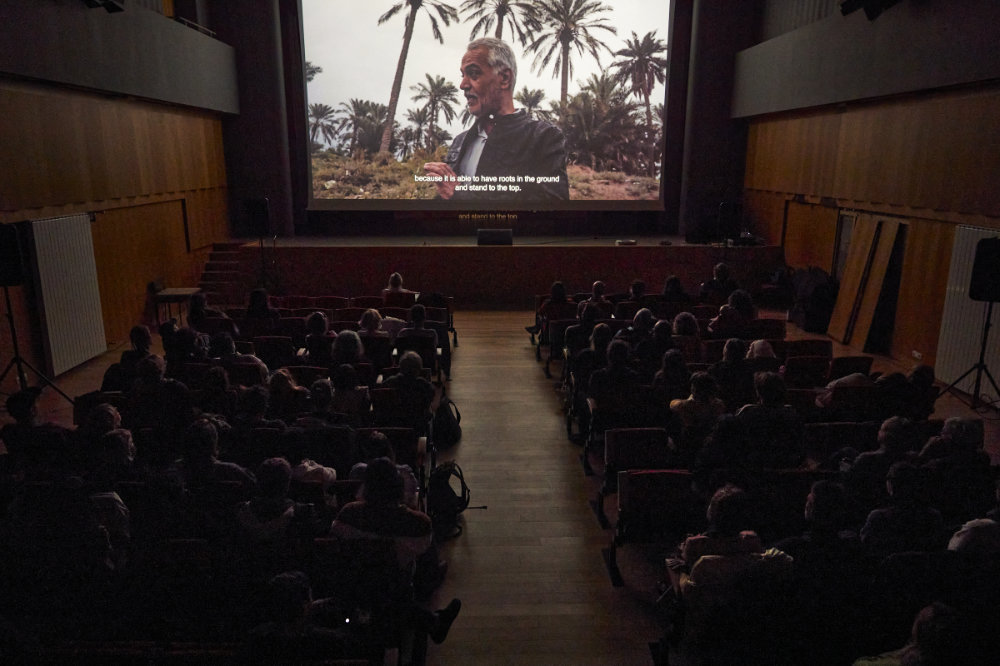
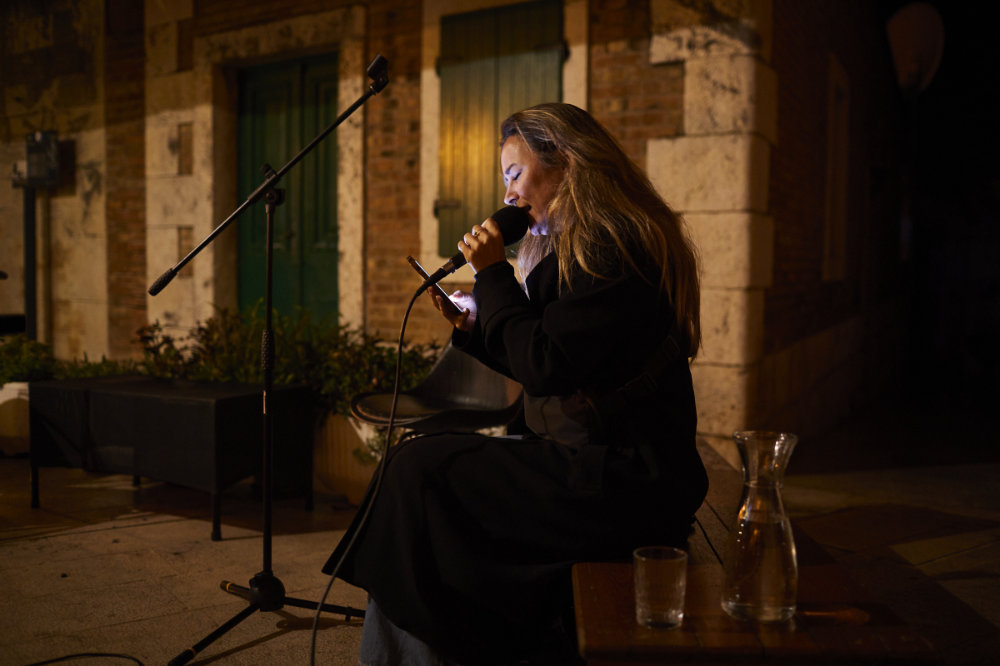

Music was also in abundance. It started with the Music Jam Session by Ronjalution that continued deep into the night. The final get-together, “Karaoke with the Cause”, was held in Pirkotova Lula, an alternative cafe on the main popular square in the town, owned by Mare and Paulo. Their space was the Hang Quarters throughout the whole of the event. What was envisioned as an informal occasion for enthusiasts turned into a performance of highly talented people from all over the world, including singing and poetry. Even guest workers from Nepal passing by decided to join and sing, which was probably their first step in integration in the region.
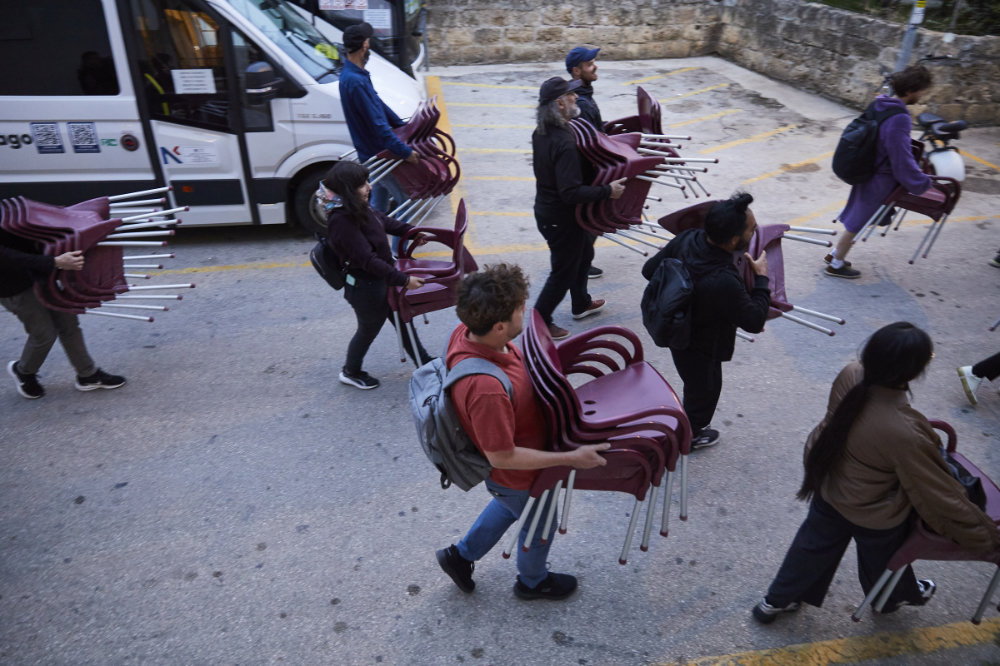
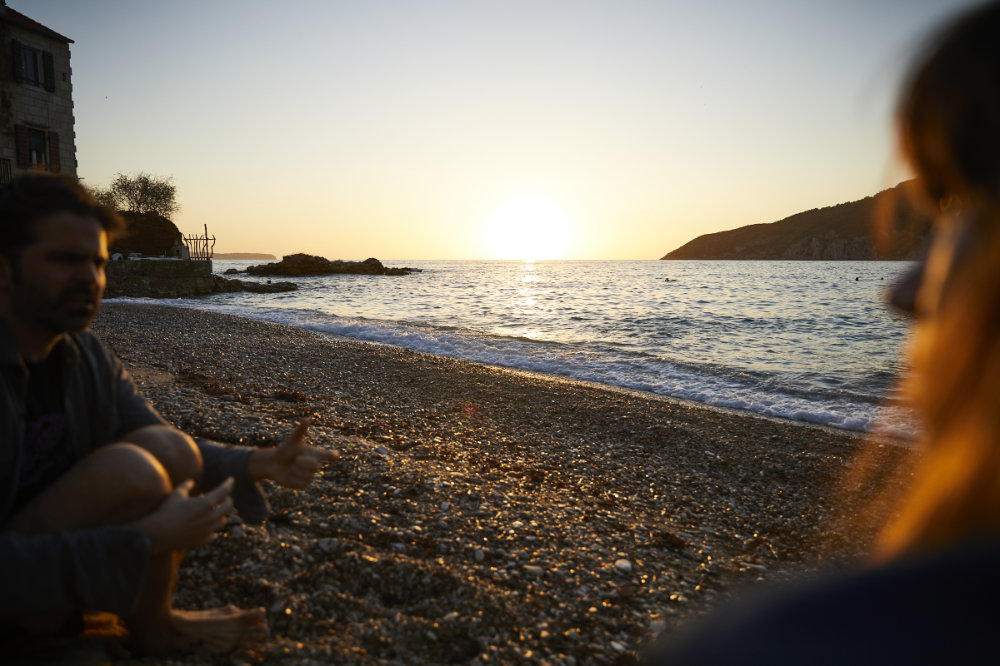
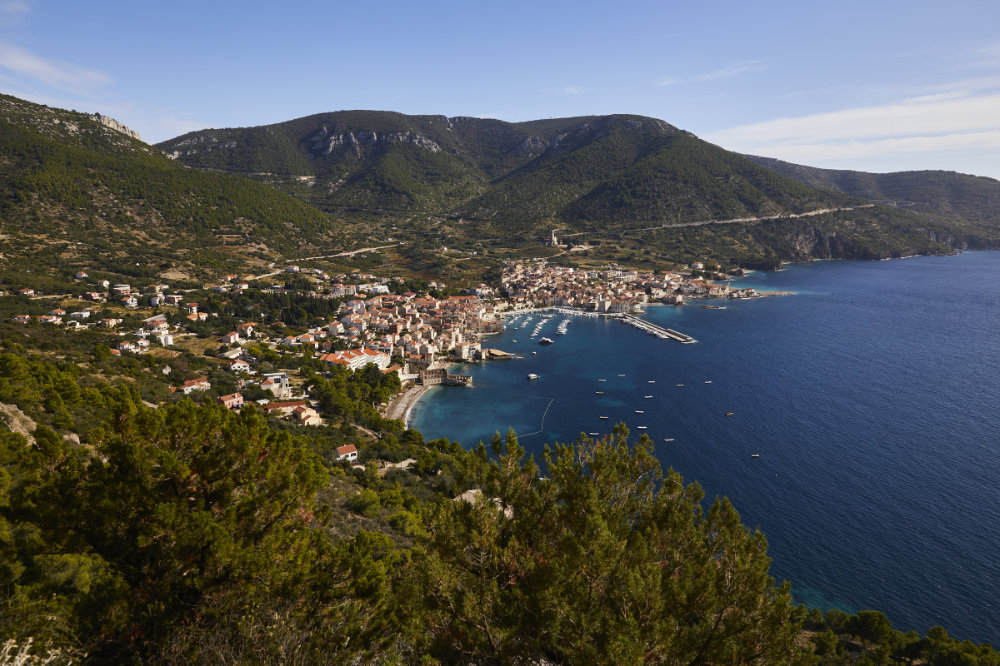
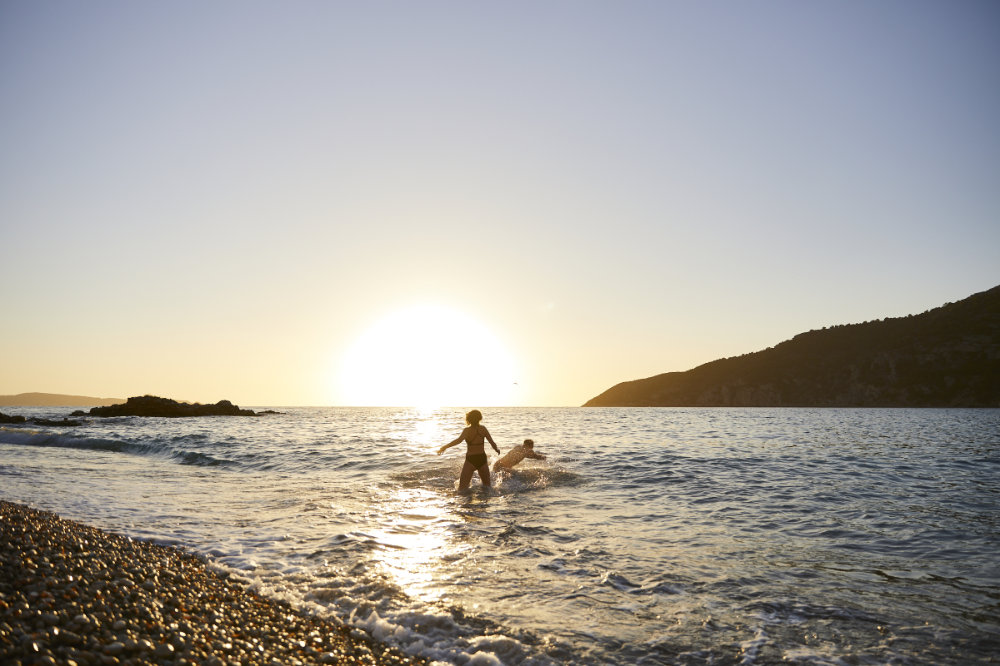
All that was happening at ISSA this October was organized by not more than 20 people and additional volunteers. A Care group and participants provided information on boat and bus schedules, possibilities to share rides to and from Komiža, the island of Vis, Split and who knows where, finding affordable accommodation, offering maps for the events, important telephone numbers on the island, location of lost and found items, cleaning of the public spaces the group used, logistics for the work on the hill. They also distributed leftover meals to those who could use it, exchanged recipes, photographs and videos, organized shelter for the island cats, described local events on the island (for example ‘Sabatina’), provided information on where to get local products, offered information about the songs played and shared reading lists and much more….
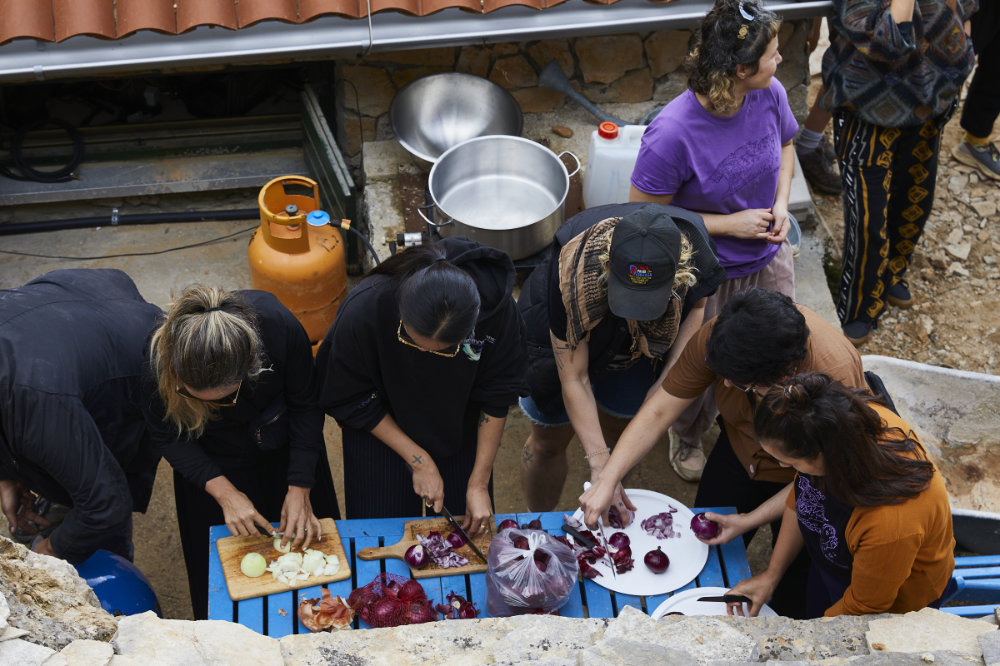
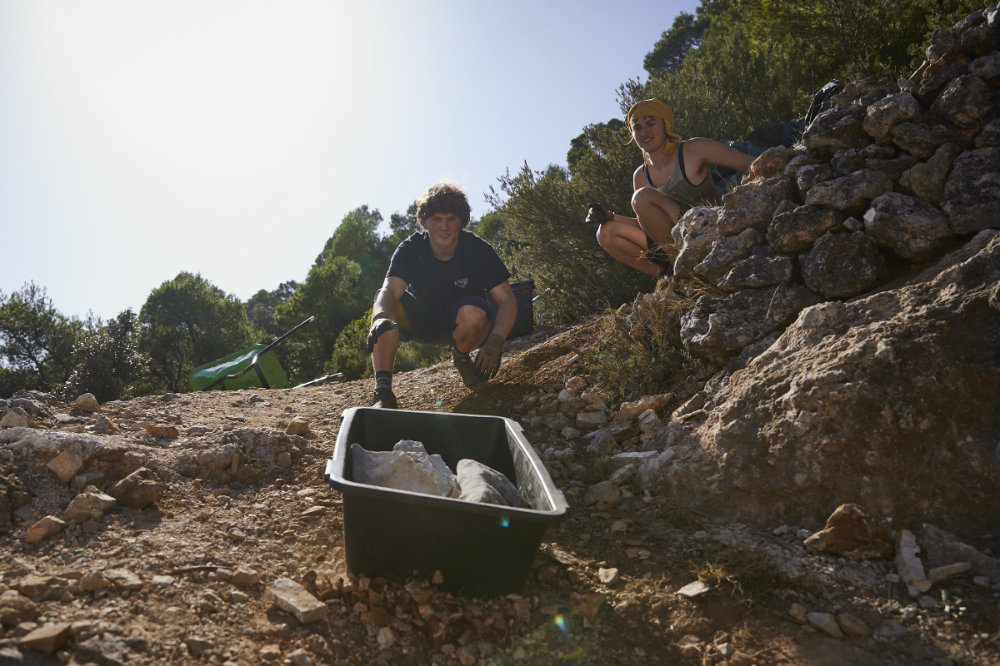
This year’s experience showed, once again, that being, working, eating and imagining together can pave the way to living commune forms in a real time. ISSA offered a mosaic of possibilities and alternatives to old, tired institutions. Although sociologically speaking, we are dealing here with a small sample, that fact does not seriously challenge the conclusion. After all, the numbers are not the rule. Engaging together in different practices and reimagining, implementing, challenging and improving the older ones in an autonomous manner is a refreshing and creative way to let some light in. And that must be the rule.
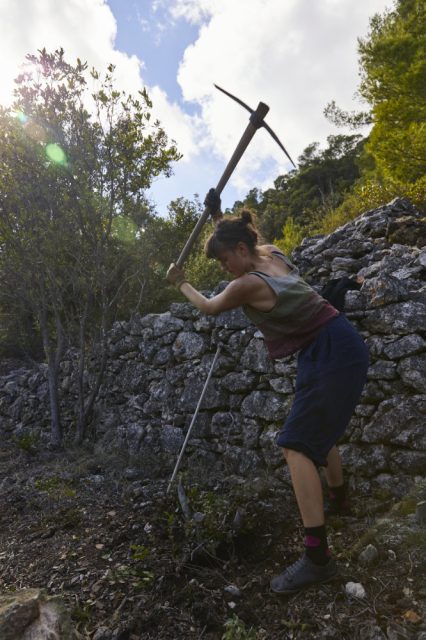
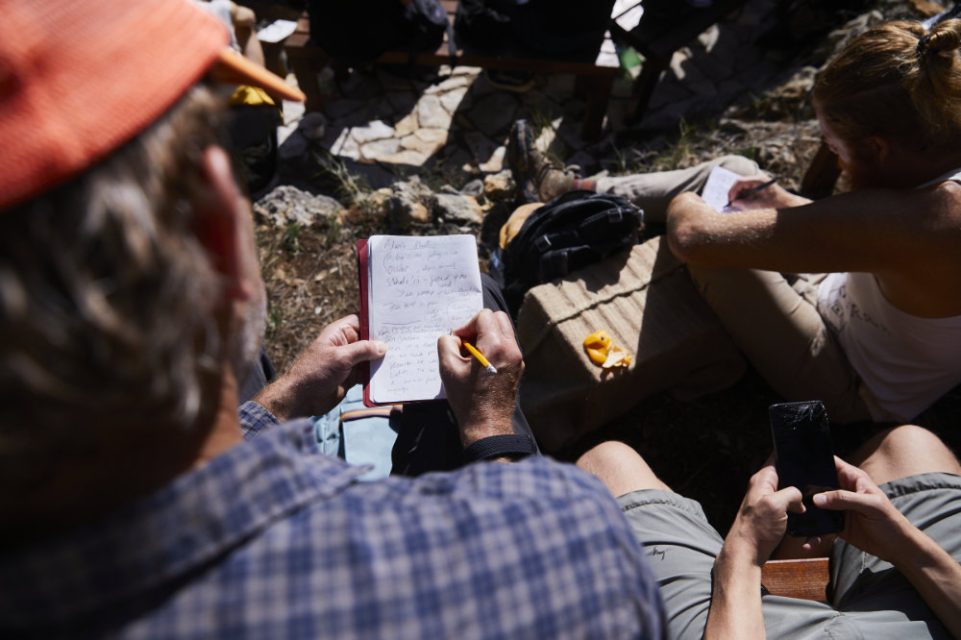
As Kristin Ross, Adania Shibli, and many others agreed, pleasure, joy and humour are crucial for the survival of any autonomous community, whether small or large. Ross also stated in one of her books, dealing with the Paris Commune: “What went on in the reunions and the clubs verged on a quasi-Brechtian merging of pedagogy and entertainment…. The nightly evening meetings had, in effect, replaced the theatres…. Communards gave the central role to aesthetics and pleasure in social transformation…. The bustle and mess and y of collective building, the palpable sense of a world, social transformation and experimentation….”. And in another, about the new initiatives in France: “….Eruption of spontaneous, joyful laughter, so distant in Lefebvre’s view, from the contemporary city dweller’s ironic and weary smile…. ( Michail Bakhtin on medieval peasants laughter as “the expression of a new and free critical historical consciousness…”)…”
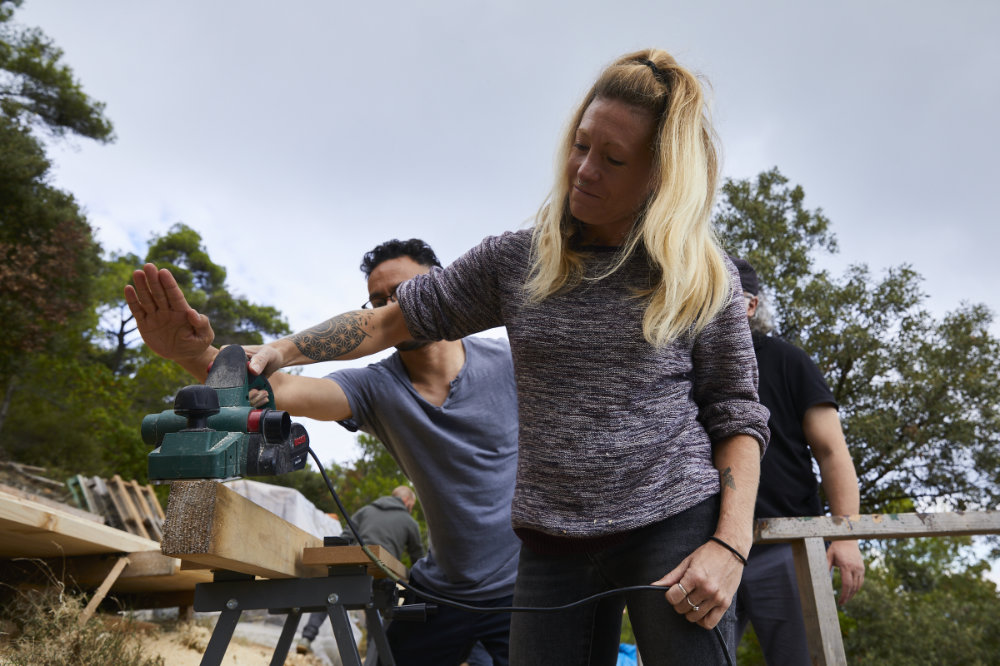
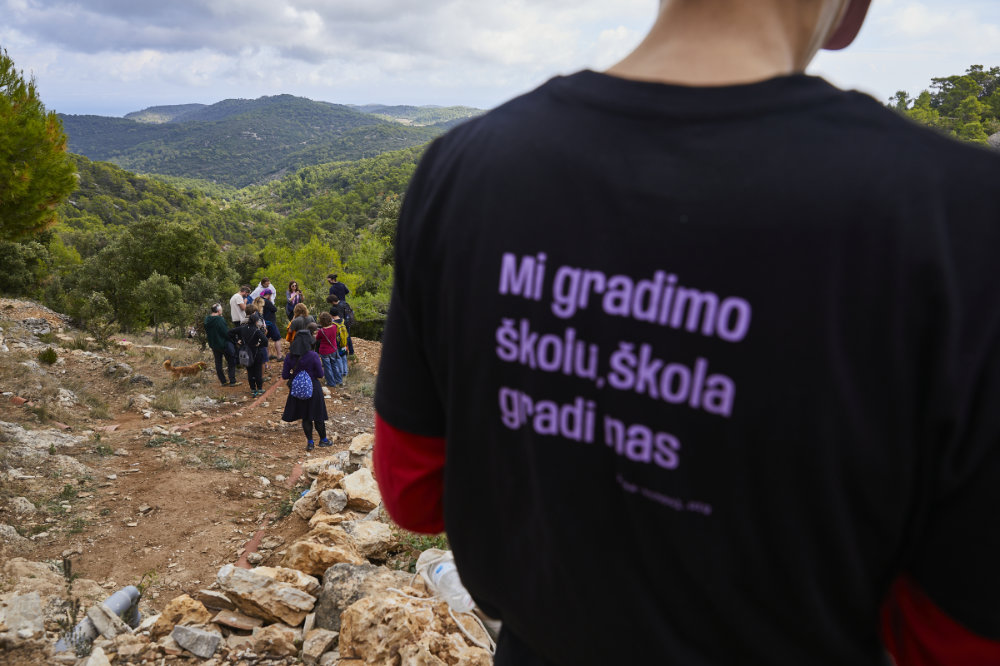
These elements are mortar for constructing a strong structure inside any group and its surroundings. They are also unavoidable in alternative education. ISSA’s motto has stayed the same: “We are building the school, the school is building us”. And the word ‘pomalo’ is still the main one, not referring to any kind of laziness but rather to persistent patience.
The lessons to be learned from this year’s event are numerous, as they should be with any reputable organization. For example, too many of the too-good programs are maybe more than what a small group can achieve without succumbing to total exhaustion. Self-organized groups offer a lot of potential. More engagement with the locals has to be realised. However, what was confirmed is that building commune forms together as a way of life is deeply appreciated by all who attended this year’s ISSA gathering.
The Home at the Hill
During the last twelve months, a lot of work has been done on the hill, including the installation of 8 solar panels, fog/rain collectors, circular water system, showers and a compost toilet, an outdoor kitchen, a terrace in front of the stone house/library (work in progress), a small theatre and many more dry stone walls. For those actively involved in construction work, it looks increasingly like home. Occasional visitors from various countries are feeling the same. The sheer pleasure of working together on the hill gave a new dimension to the sense of belonging. And ‘home’ is primarily the place where one feels a sense of belonging. It is not reducible to the place of birth or the first learned language and culture which, anyway, we obtain by chance and not by wish. Emotion can closely follow rational choice of a space which somebody perceives as good to dwell on. One doesn’t have to be a Dalmatian islander to feel at home on the island of Vis. The great poet Tin Ujević wrote about Komiža, almost a hundred years ago:
“I found myself in the deep heart of the deep sea. It was the fairies themselves who brought me here, on an unknown date when the globe fell asleep and no one could see me. I am in the empire of adventures, in the miracle of events. I finally experienced what the world has forgotten. And I became the owner of a mystery.“
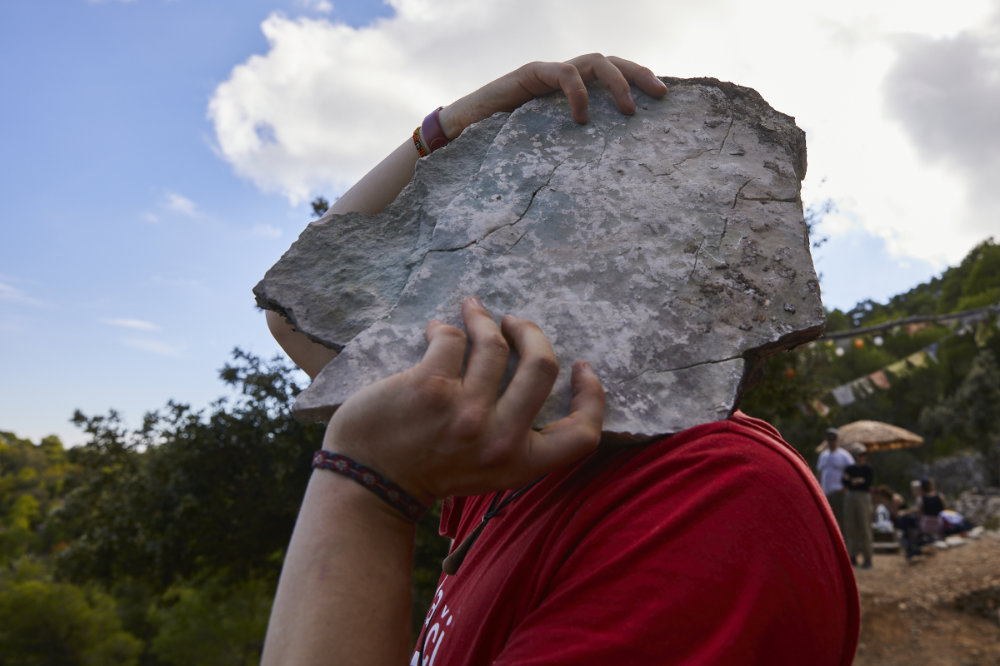
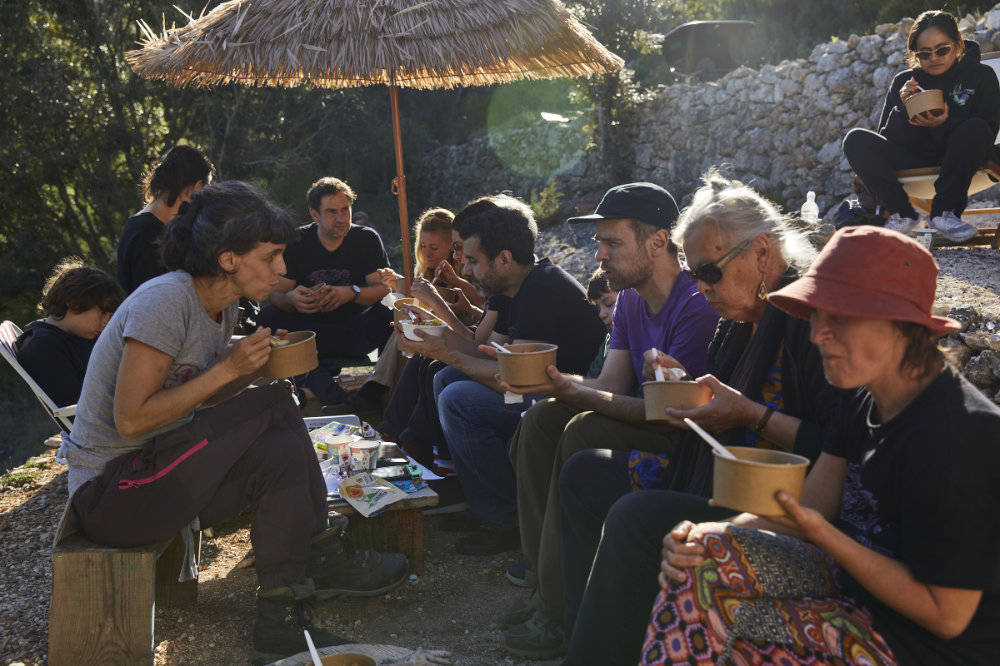
ISSA is offering adventure, experience, exploration and events in abundance. There is a feeling of a common cause and solidarity that results in friendship. Members and visitors do share a lot. On the other hand, native islanders, like mountain communities or other dwellers of the isolated settlements, can be ‘closed’, conservative and suspicious of newcomers. Challenges on Vis are, for now, not pronounced. Only time will tell if the real friendship between the locals and those entering their space will develop on a deeper level.
So, what do these newcomers, who feel at home on the island in the middle of Adriatic, agree they are all ‘against’? They are against xenophobia, nationalism, fascism, colonialism, the arms race, authoritarian regimes, disrespect of international law, consumerism, obedience, education for the perpetual circulus vitiosus of our alienated world, disrespect for nature…. On the other hand, they are passionate advocates of autonomy as a political and social strategy, as well as a way of life that values freedom, internationalism, creativity, experimentation, solidarity, mutual aid, friendship, tolerance and critical thinking. They are rebels against the silence, fighting for a society in which simple decency and human dignity will be the rule, not the exception. Does it all look far-fetched, overly romantic and naïve in the dark ocean and in-between mighty rivers of today’s world? Maybe, but only maybe, and depending on the perspective of the observer. Is it necessary? Yes, without any doubt.
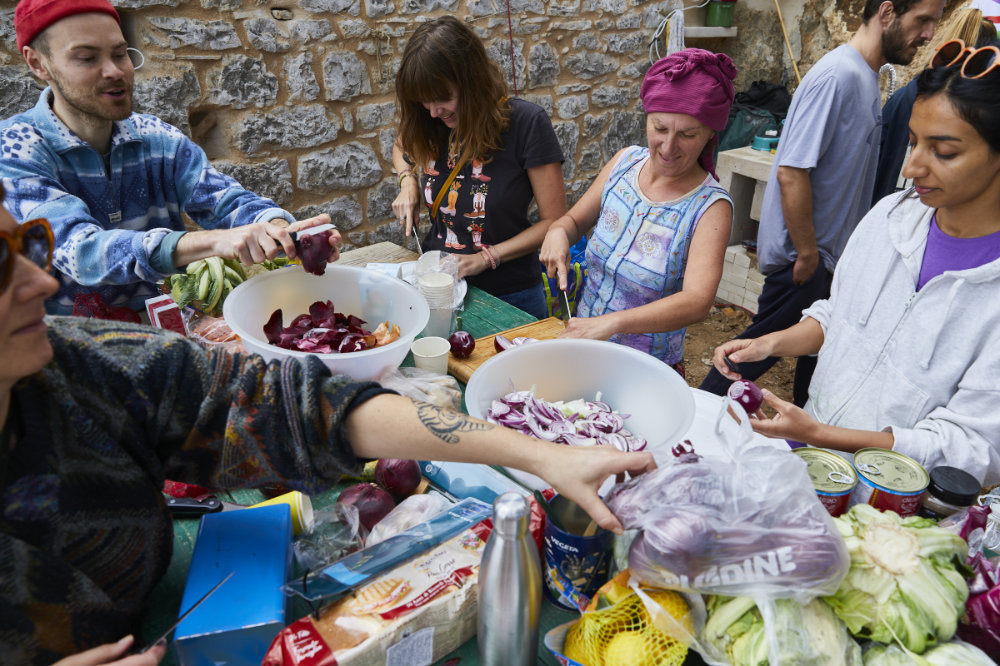
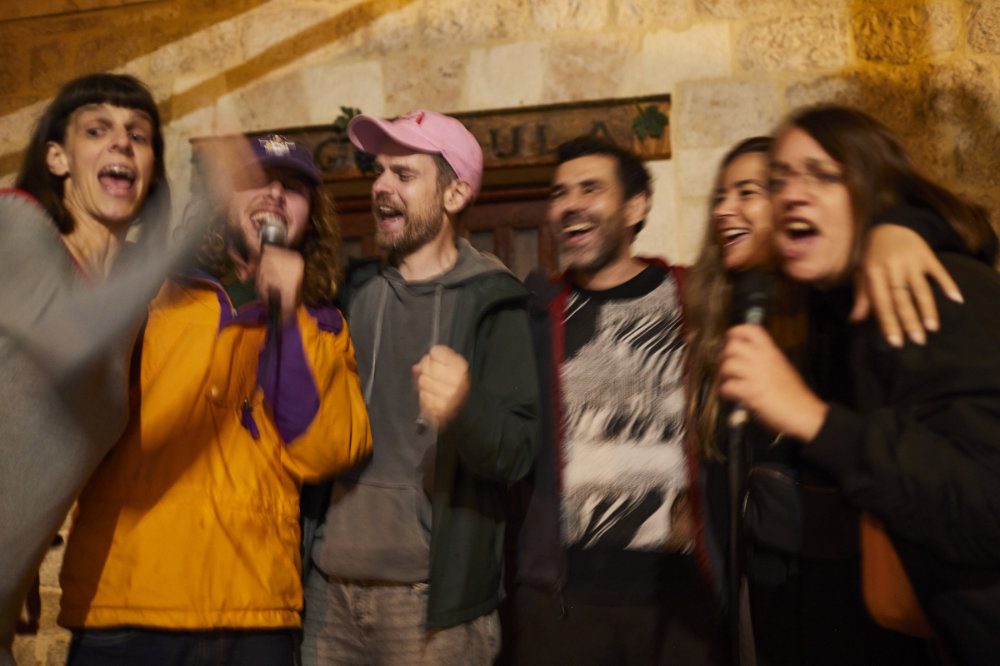
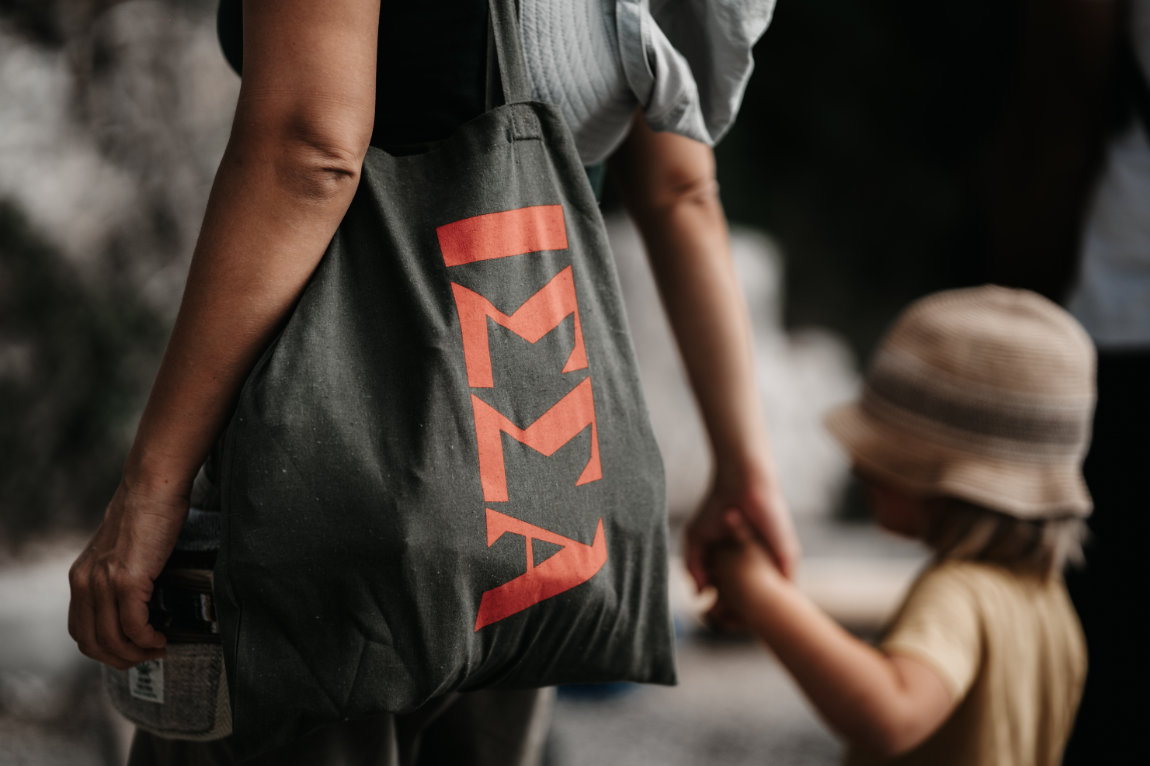
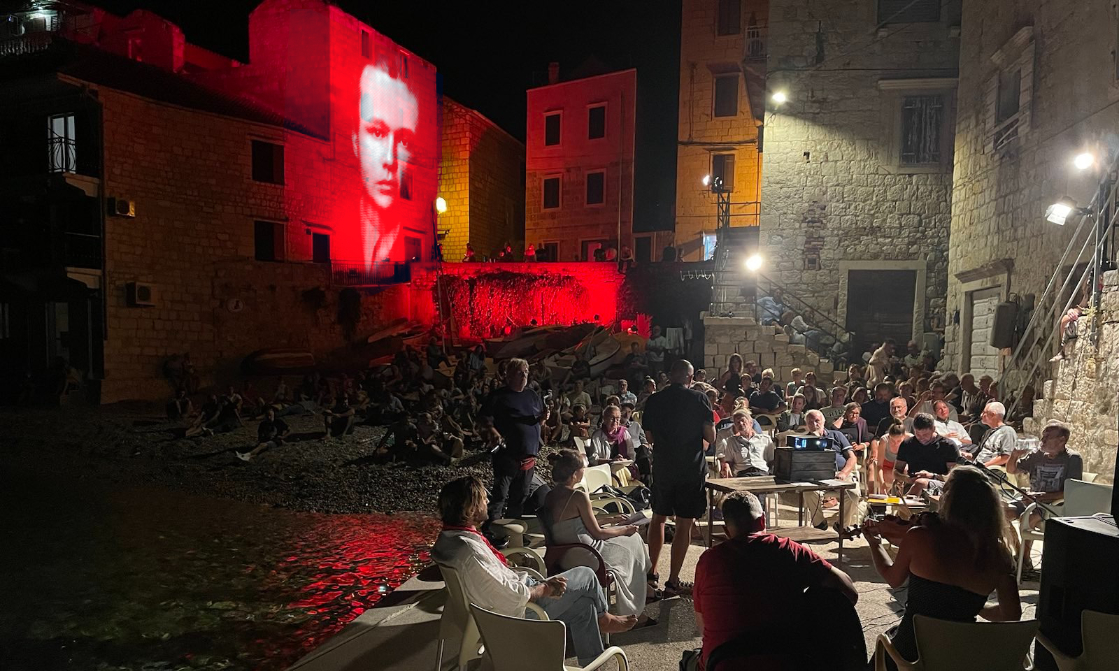
1 https://issa-school.org/news/what-is-easier-usually-is-not-better/,
2 https://issa-school.org/news/green-network-of-activist-groups-zmag-announced-as-first-issa-resident/
4 https://www.festwochen.at/en/radio-frida
5 https://issa-school.org/news/october-school-21-25-10-25/
6 https://x.com/yanisvaroufakis/status/1974784921639019006
7 https://www.beyondwallscollective.com/
8 https://mosaicrooms.org/pdf-dignified-life-outliving-impossible-ecologies/
https://issa-school.org/reflections/the-island-on-the-island
October School Image Gallery
Gallery one by Marina. Feel free to use photos in your publications and credit: CC 4.0 by ISSA School / Marina Andrijašević
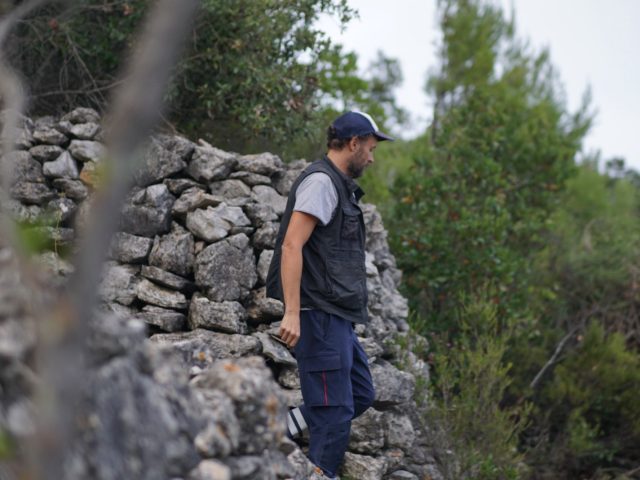
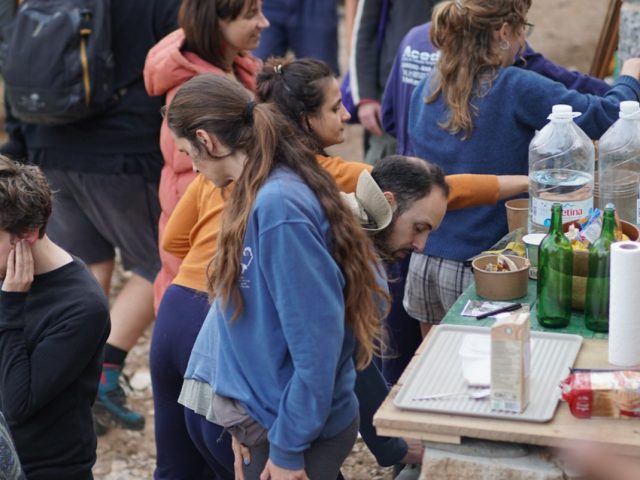
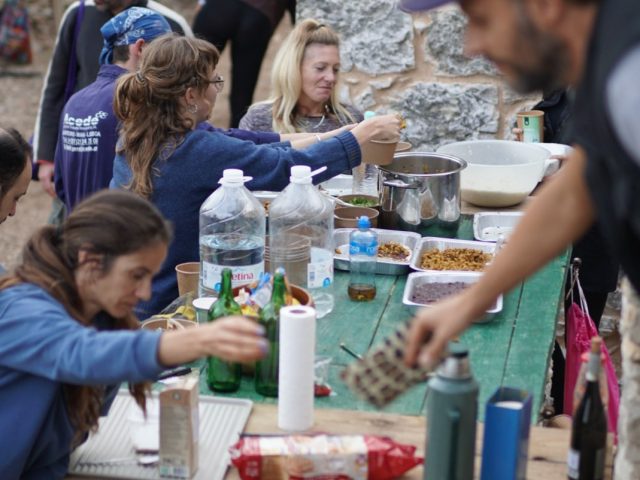
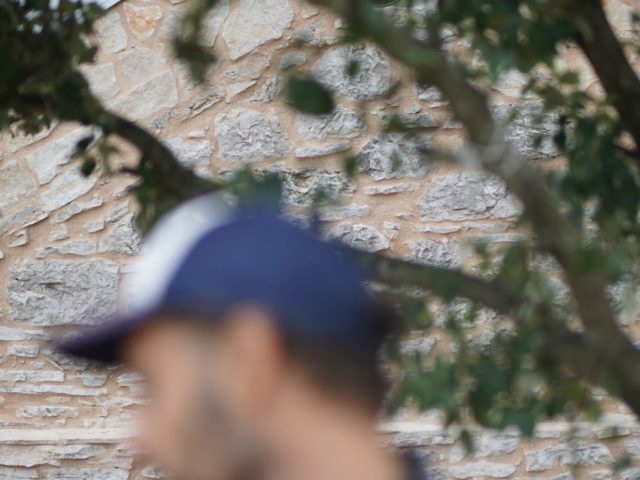
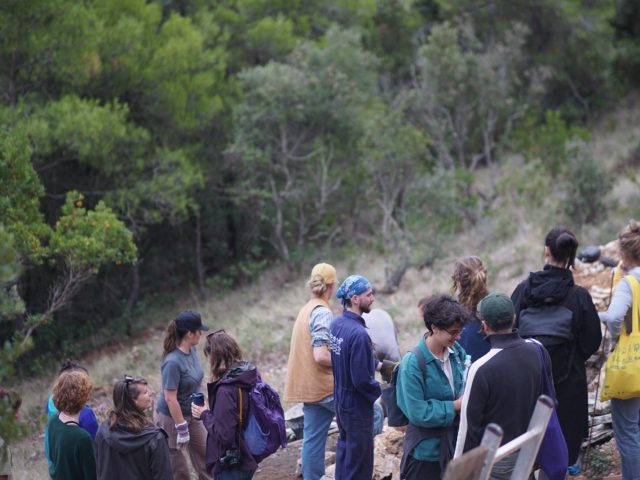
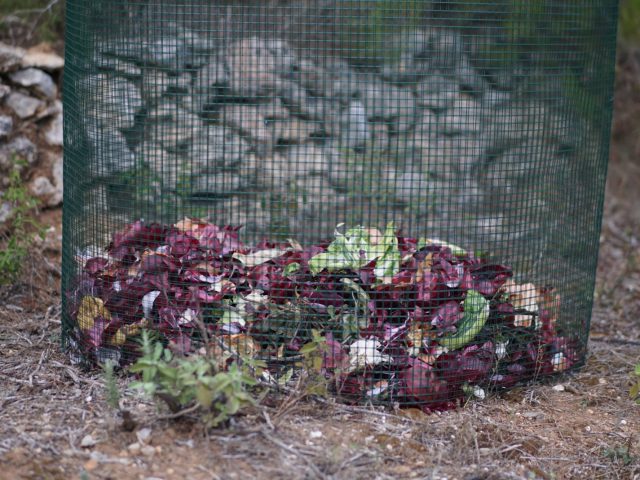
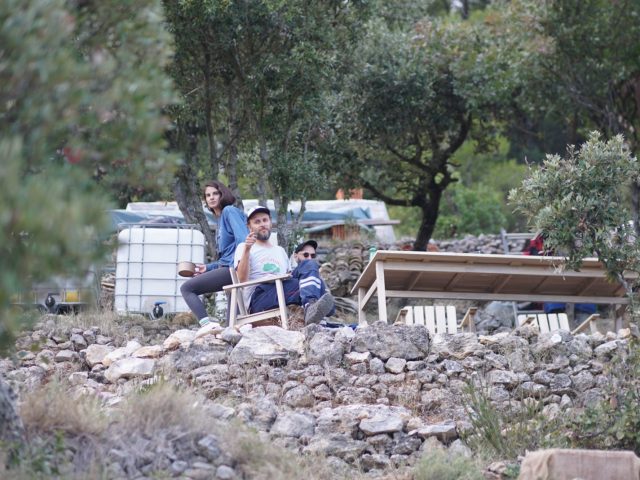
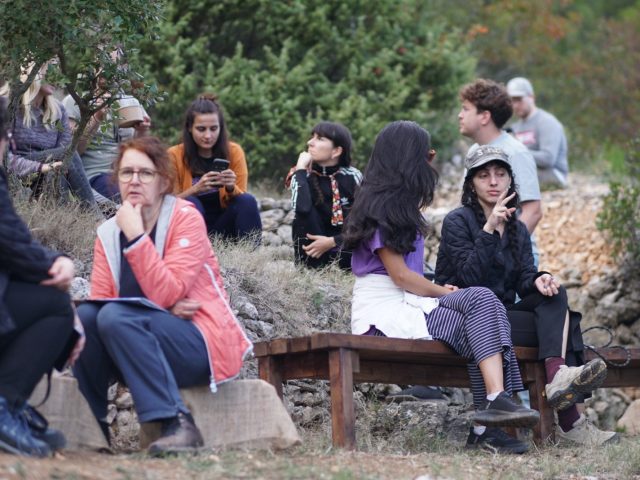
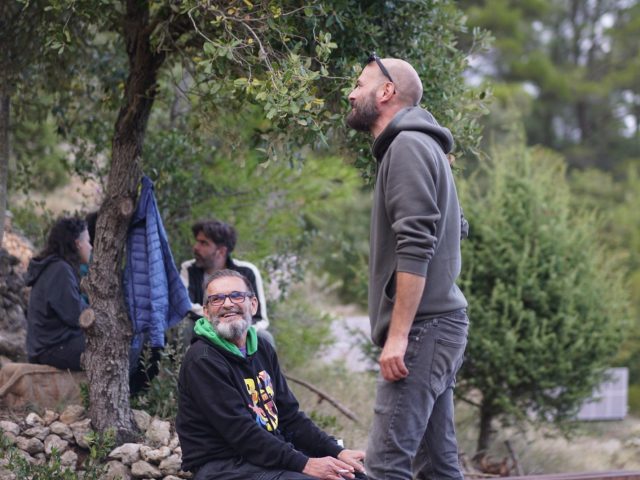
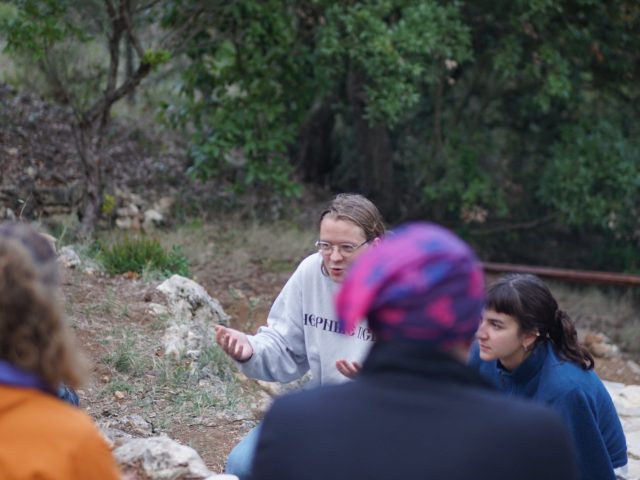
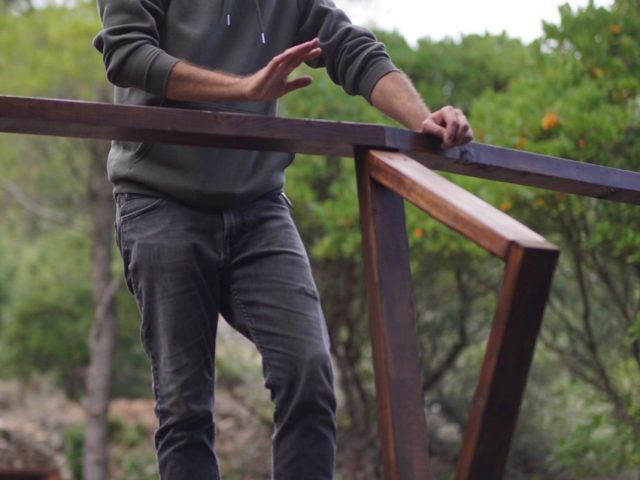
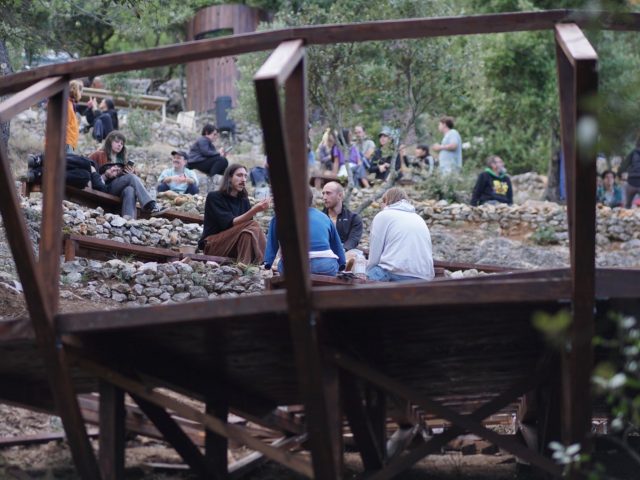
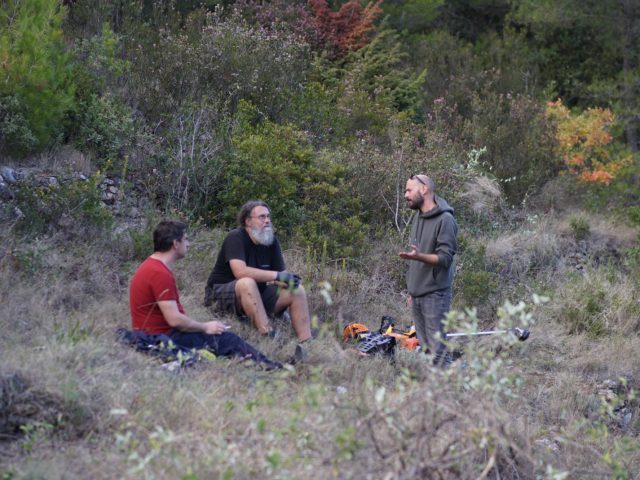
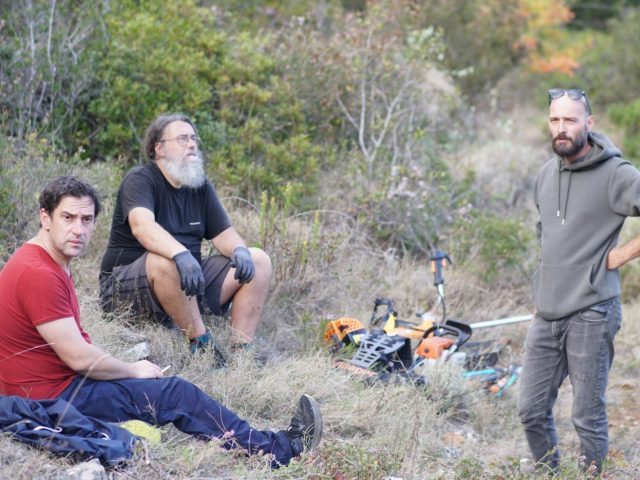
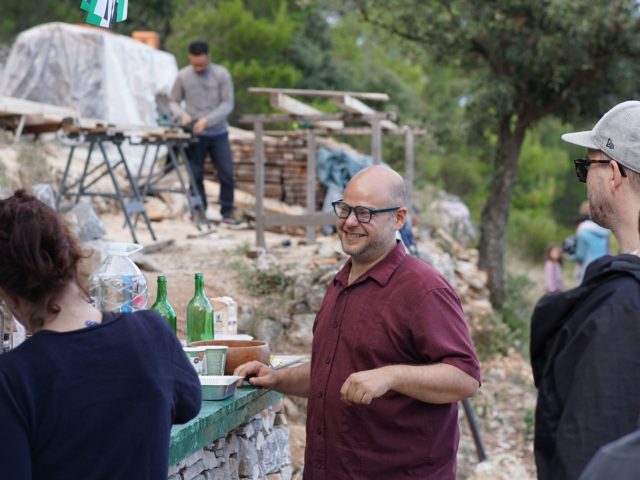
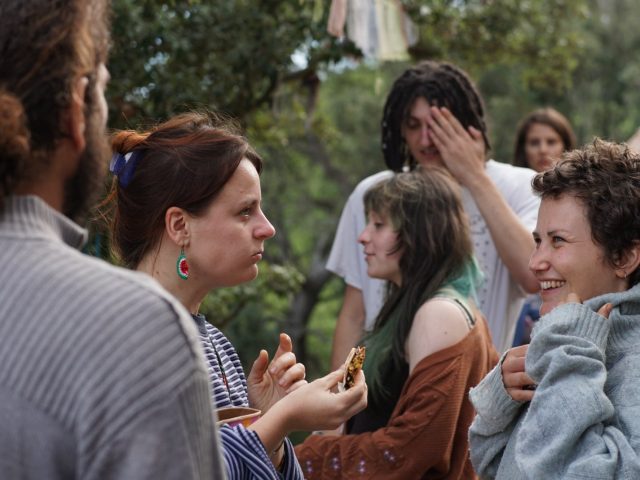
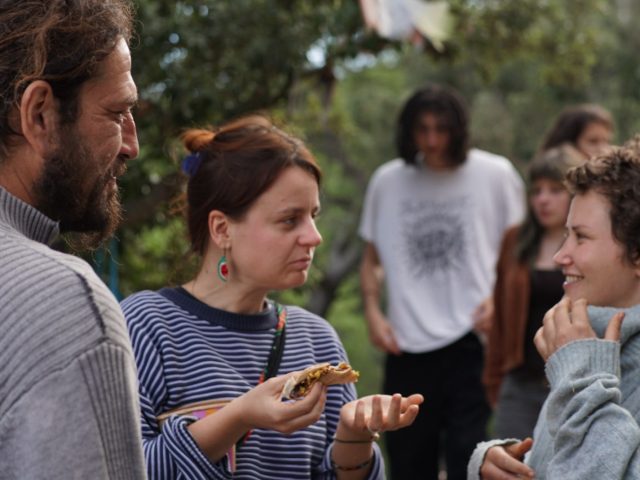
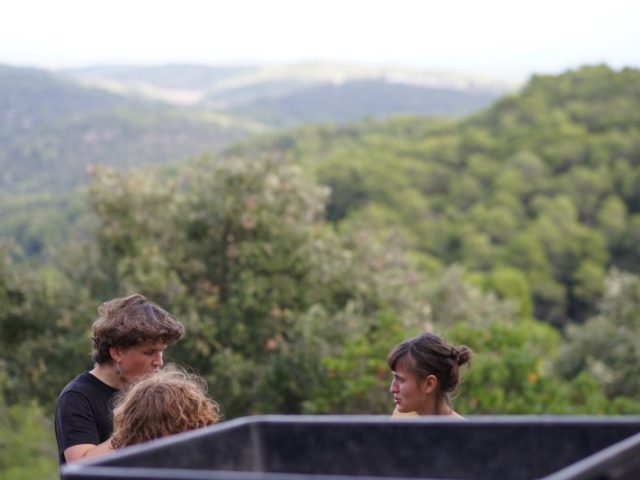
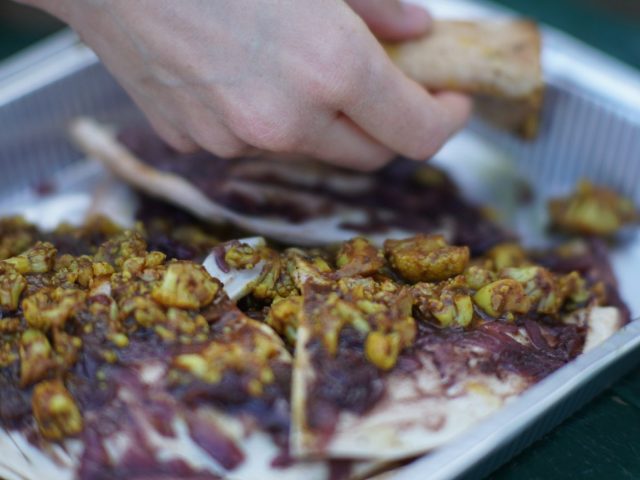
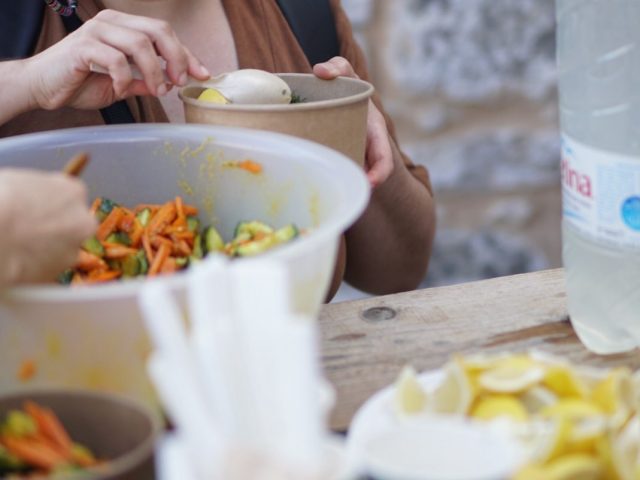
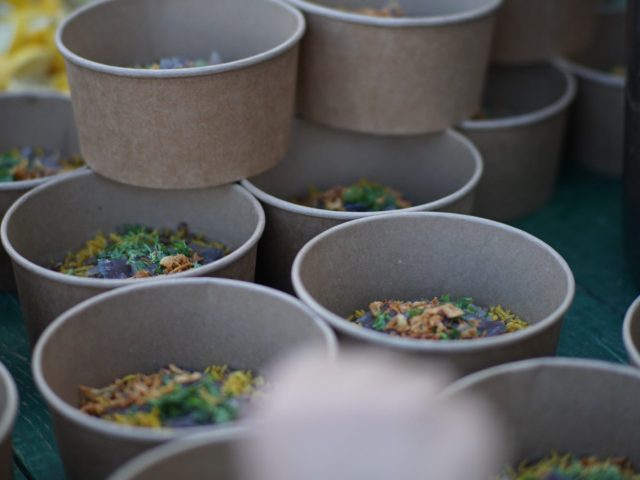
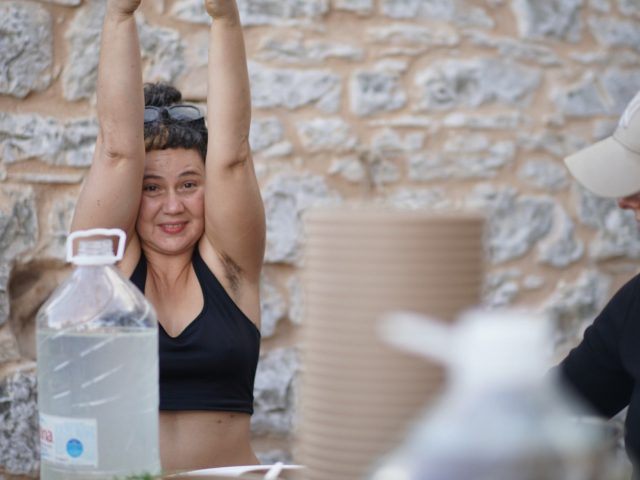
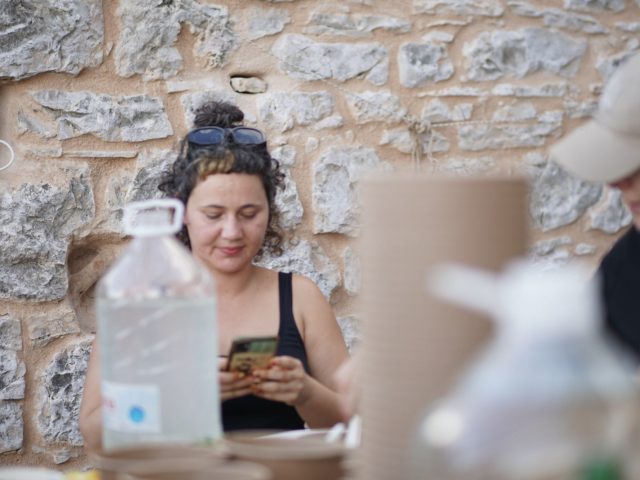
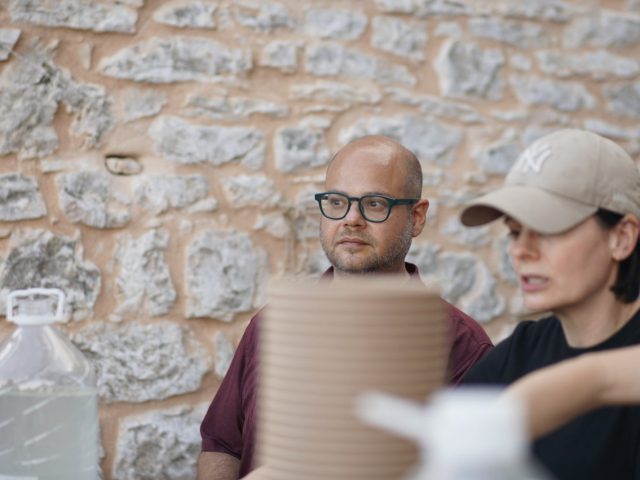
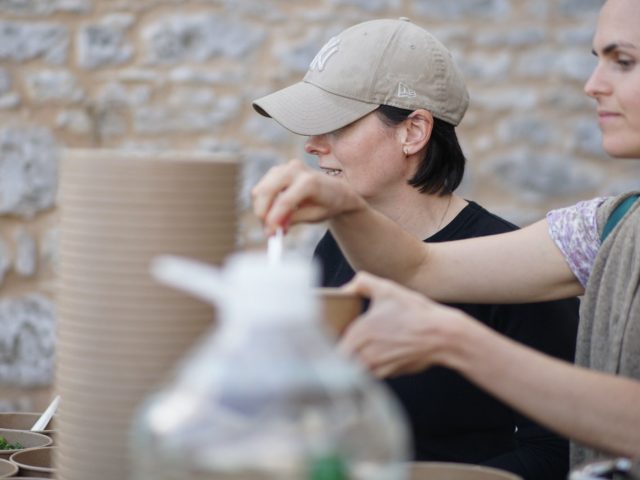
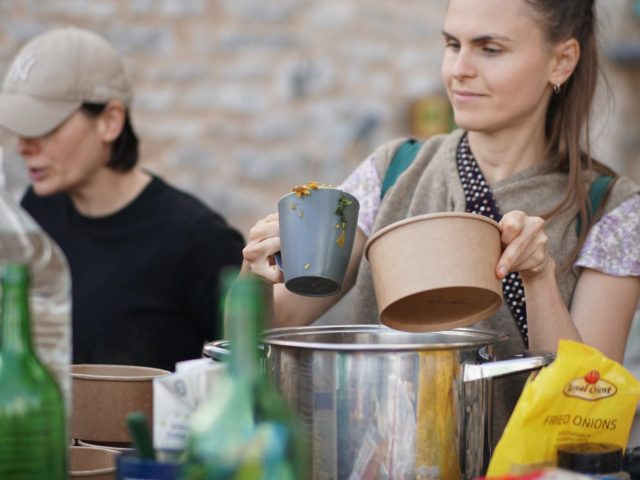
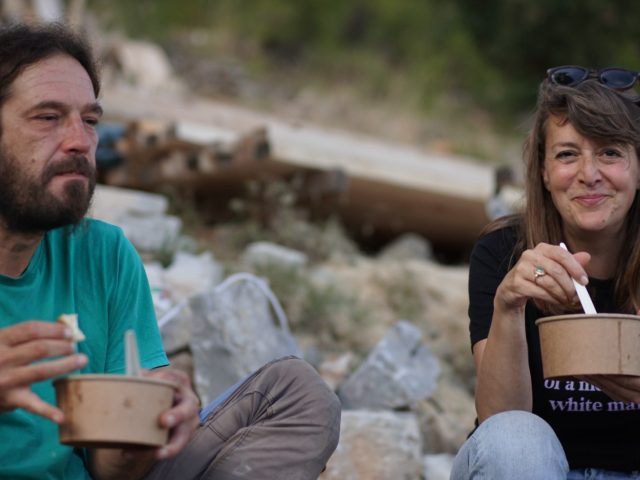
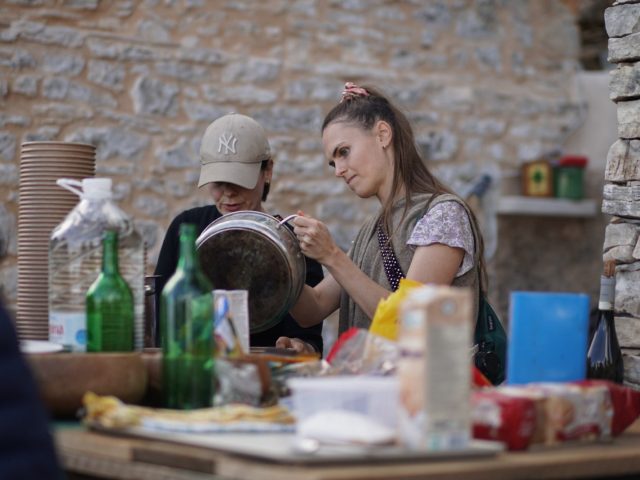
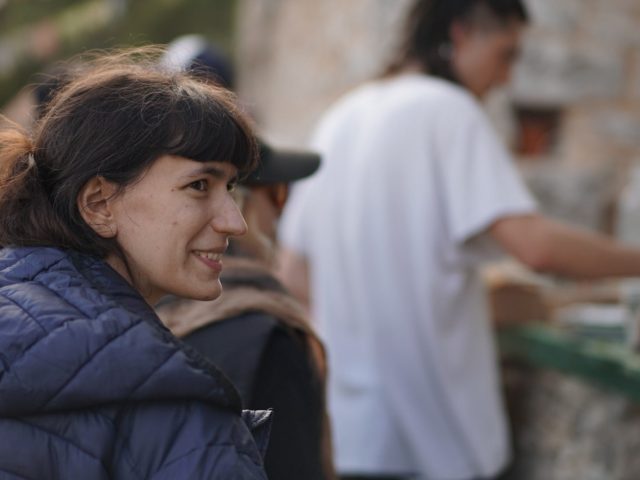
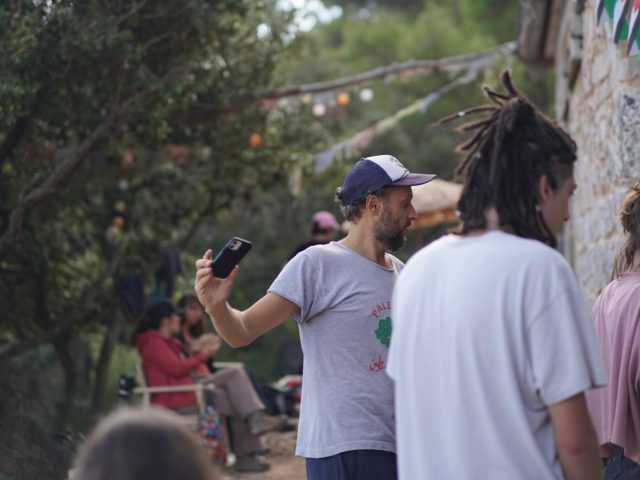
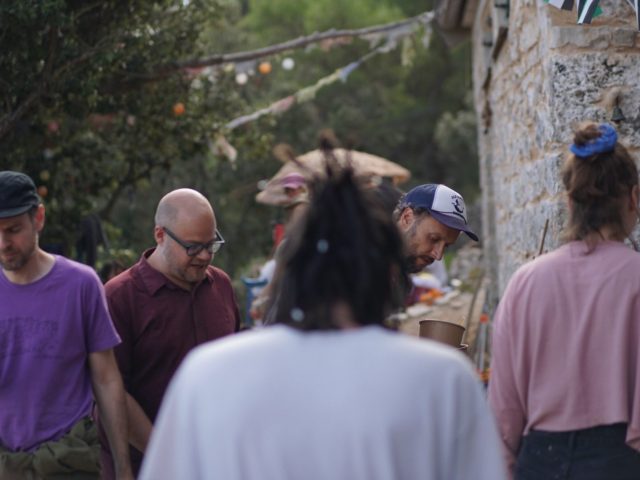
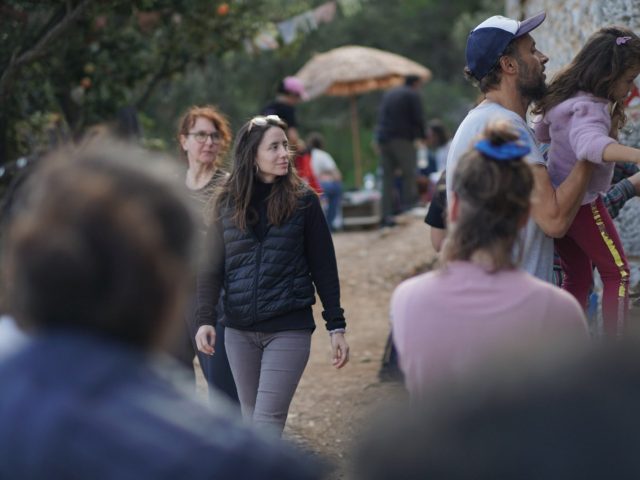
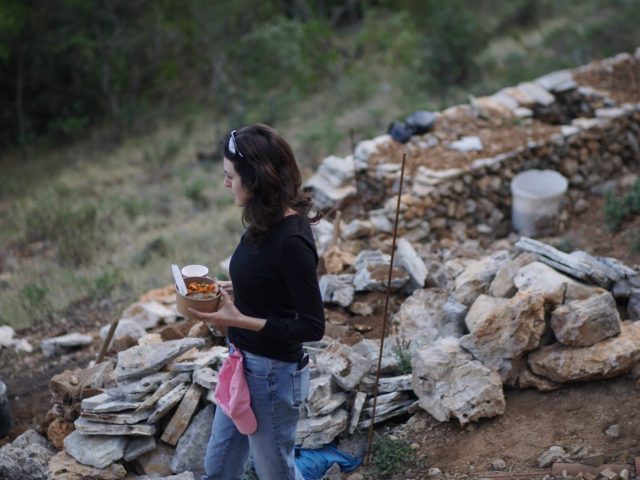
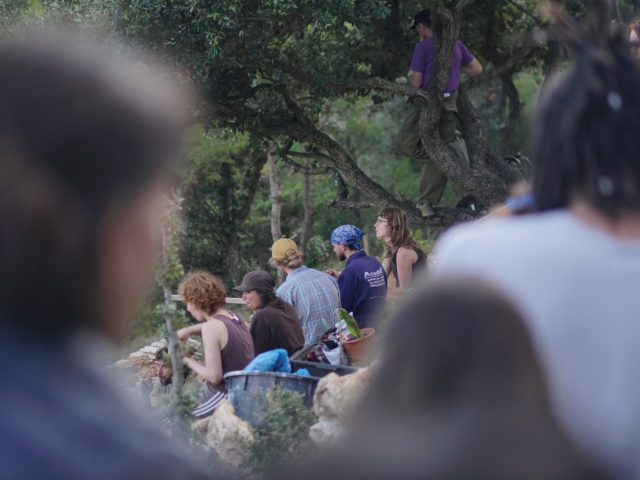
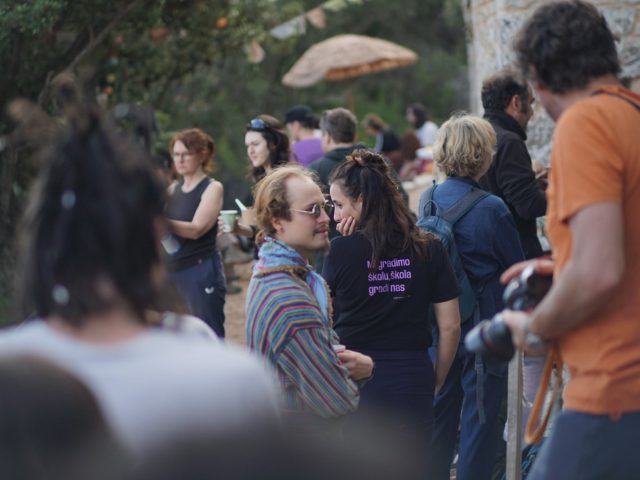
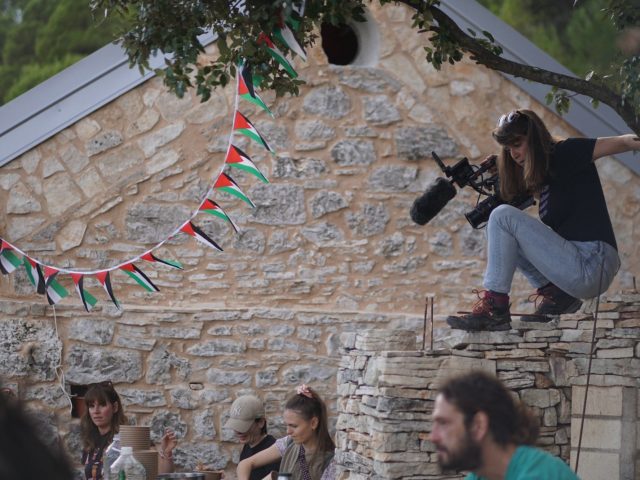
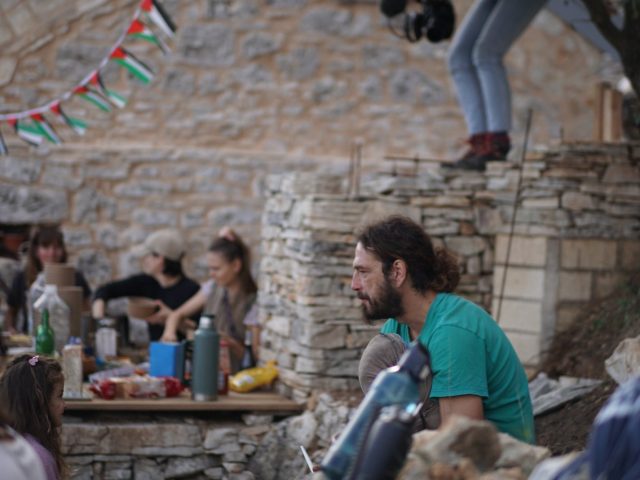
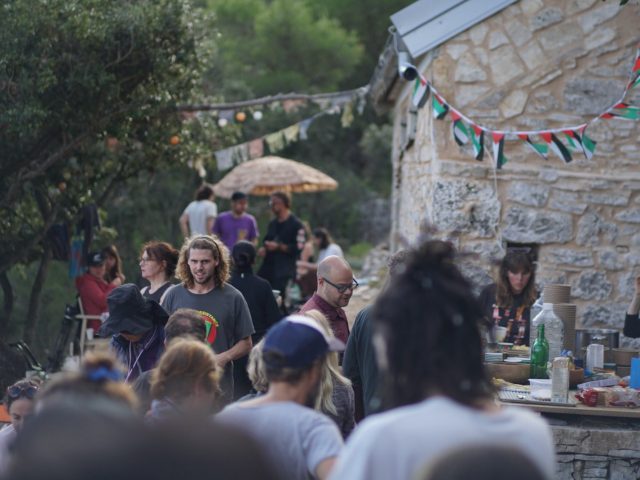
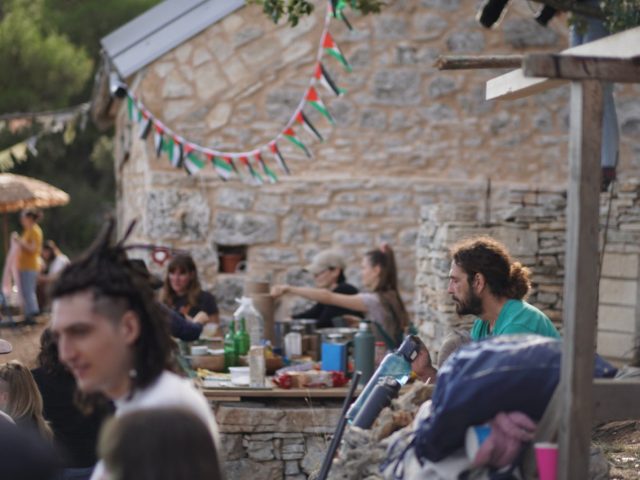
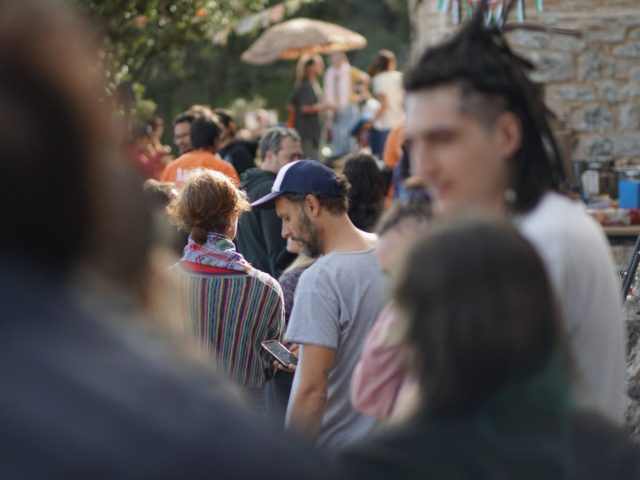
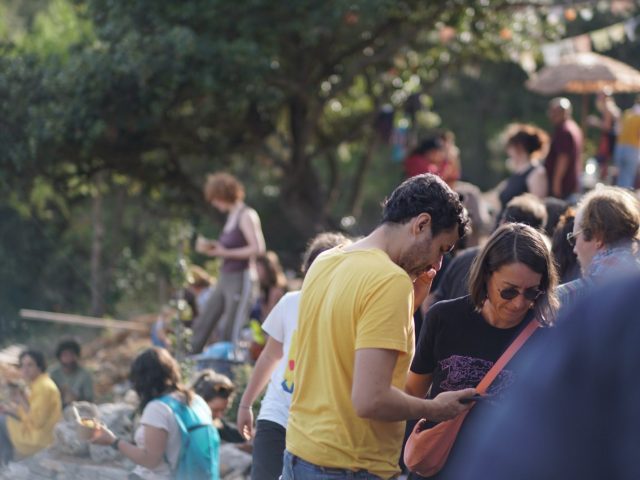
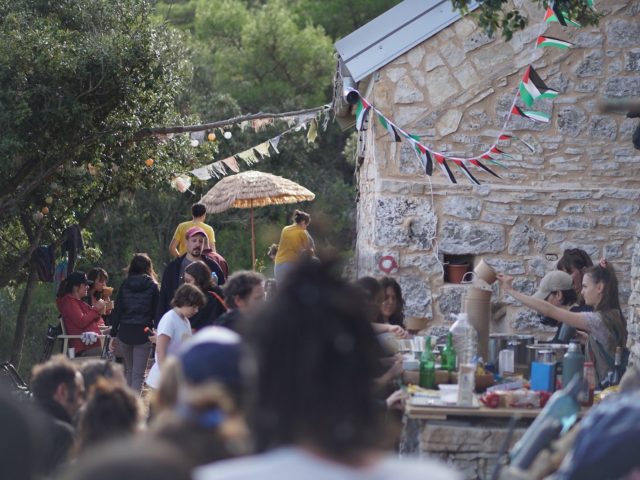
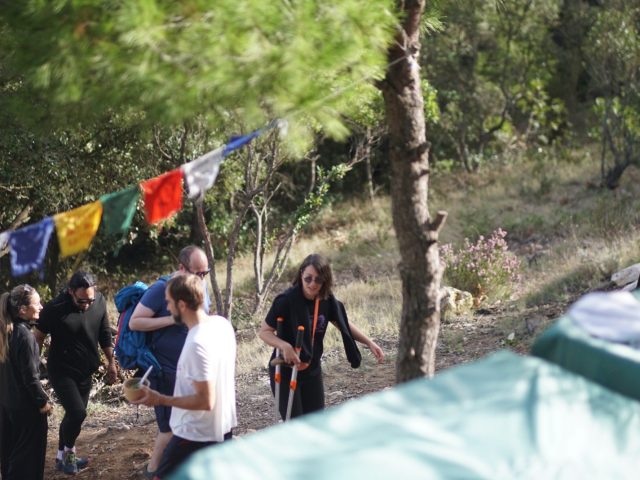
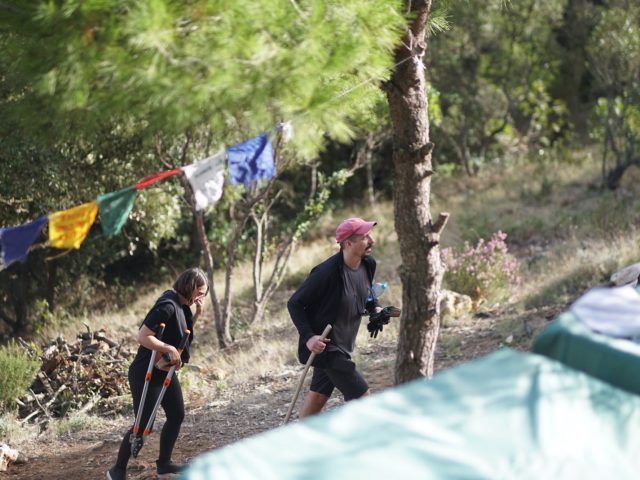
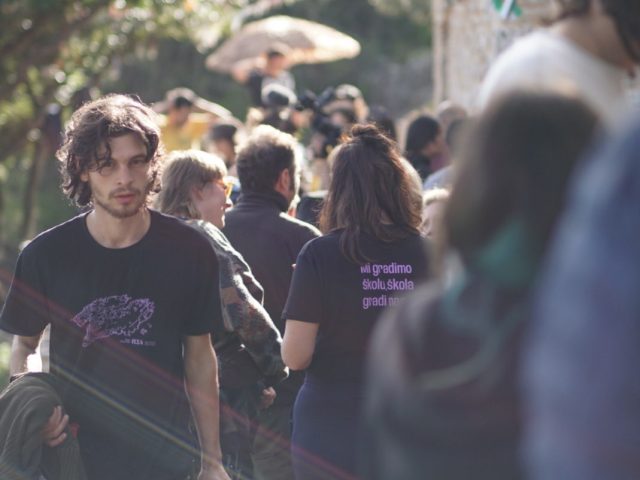
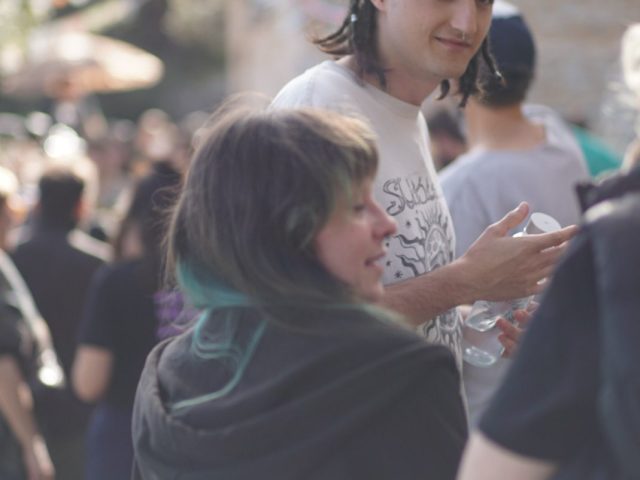
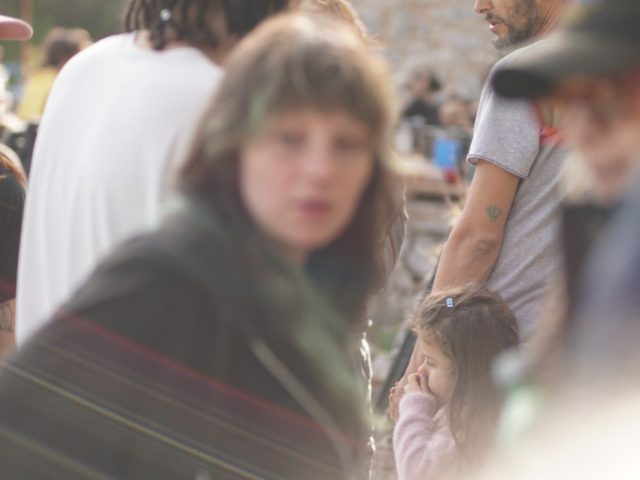
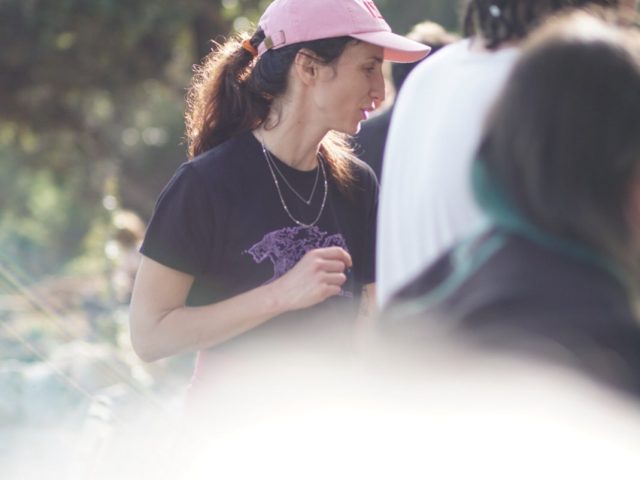
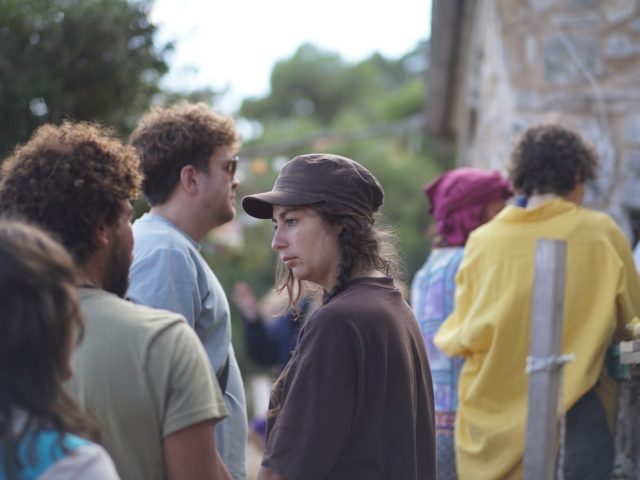
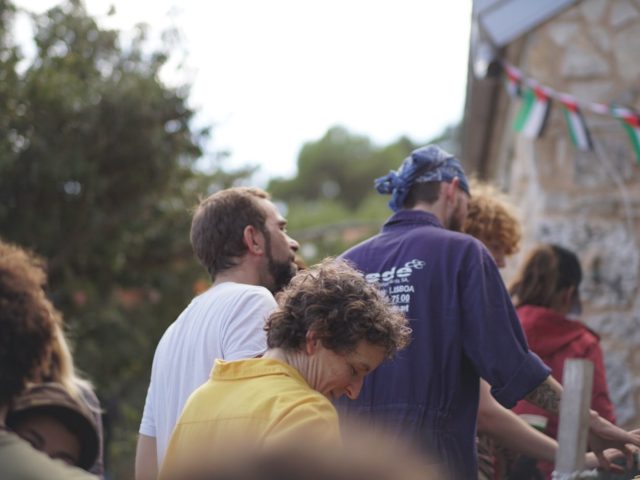
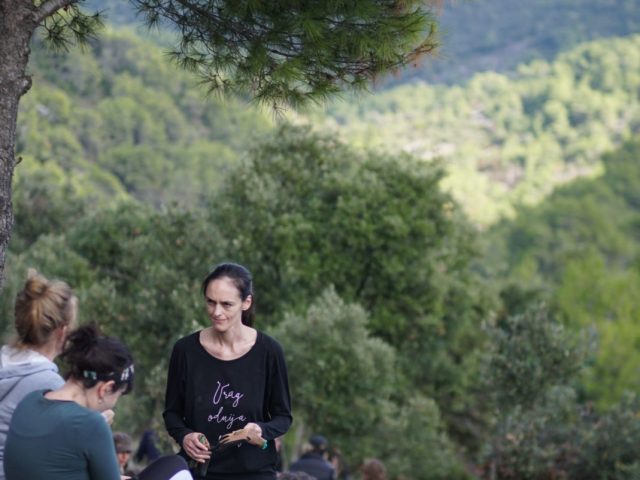
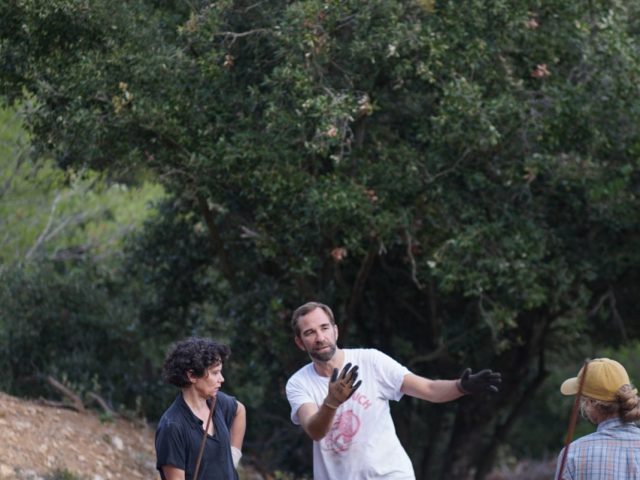
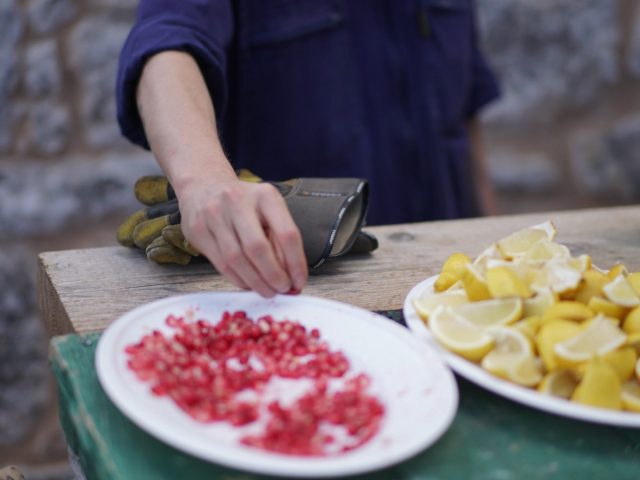
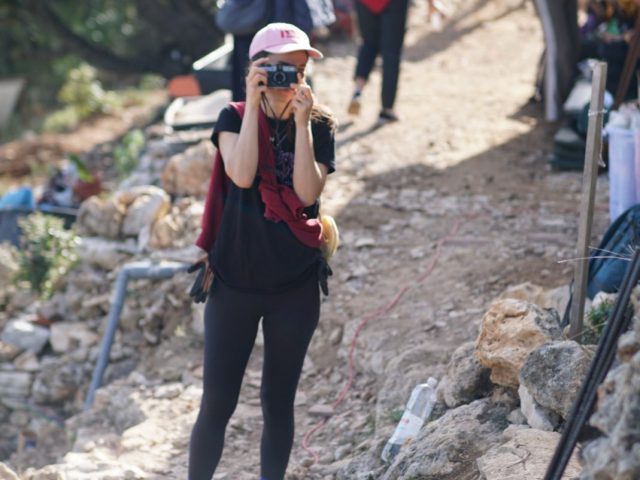
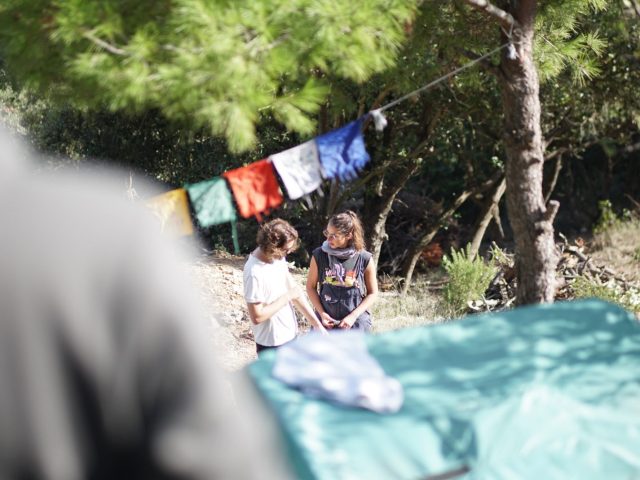
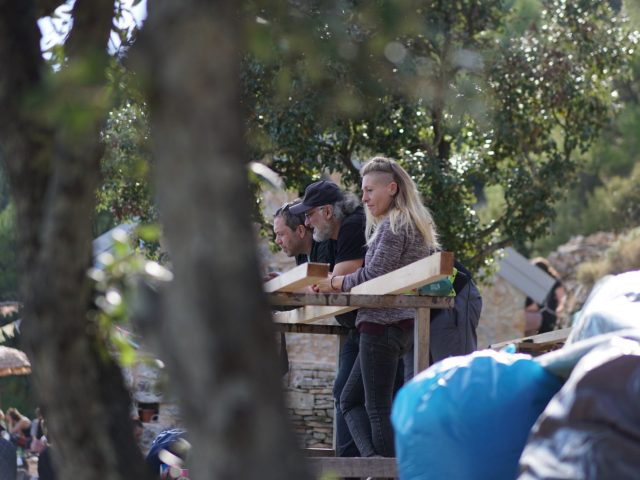
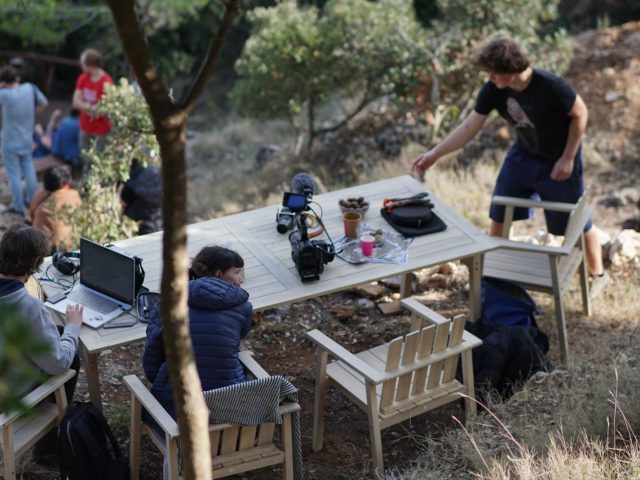
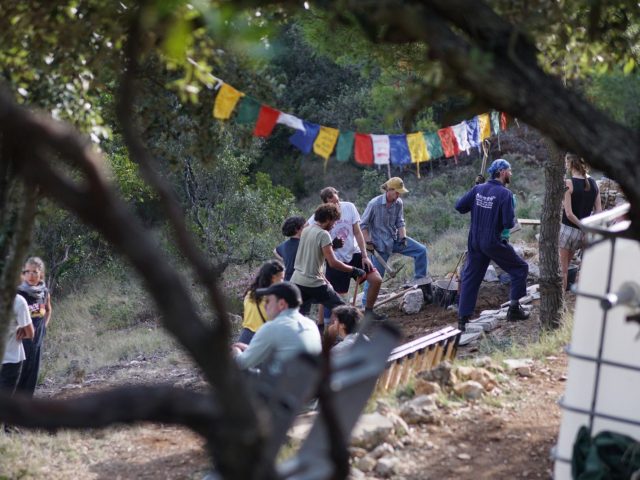
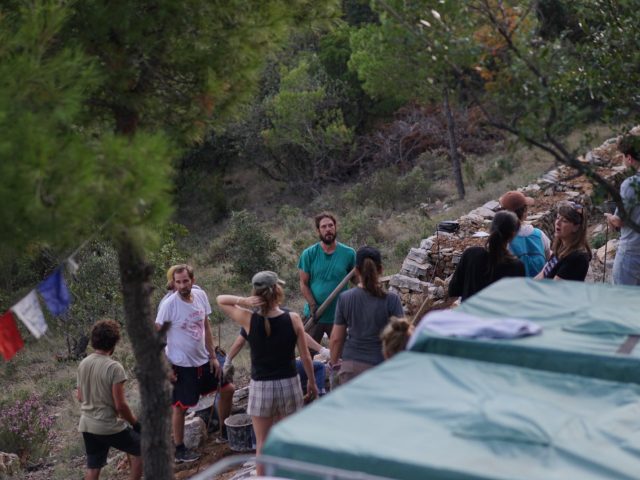
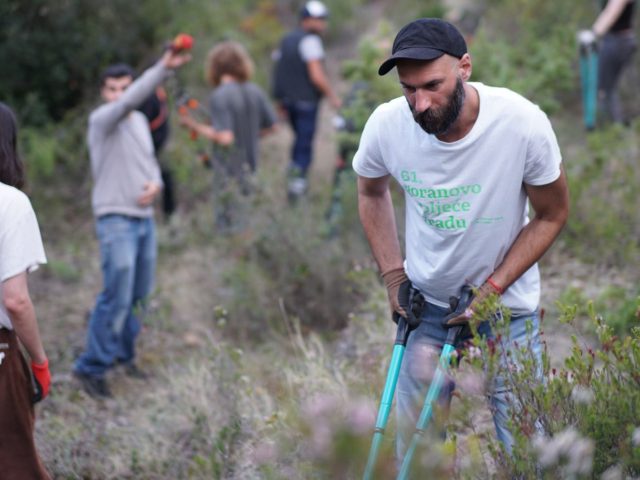
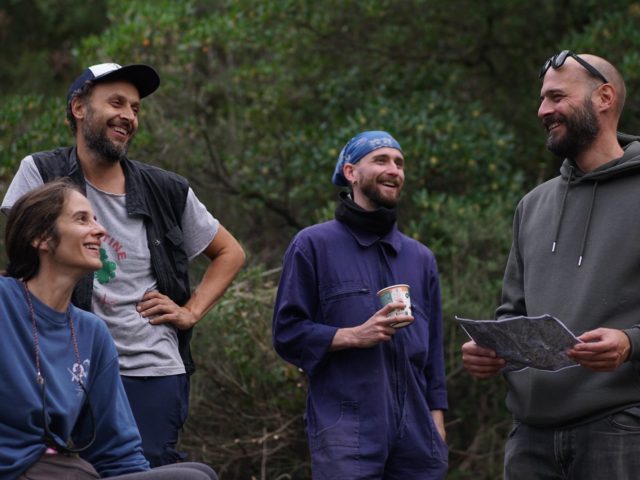
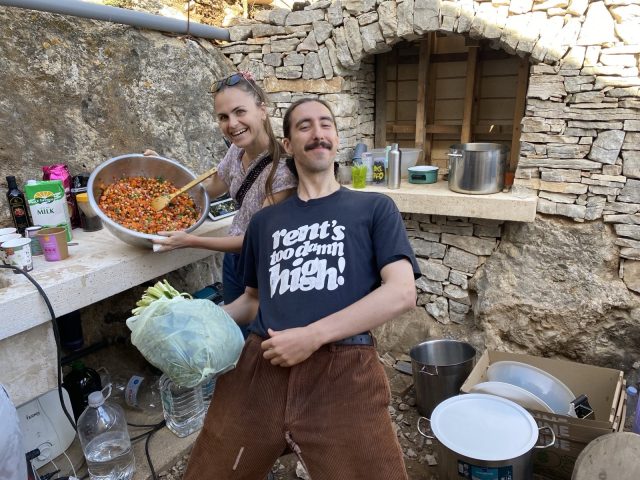
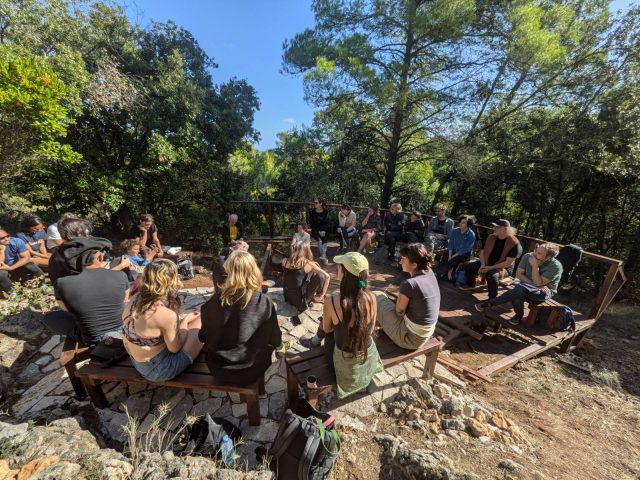
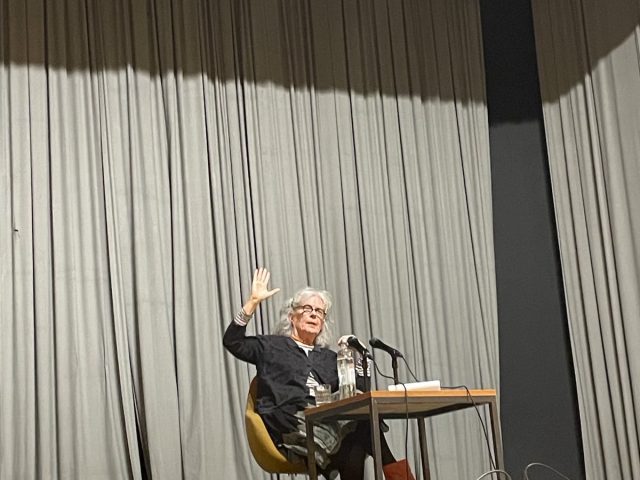
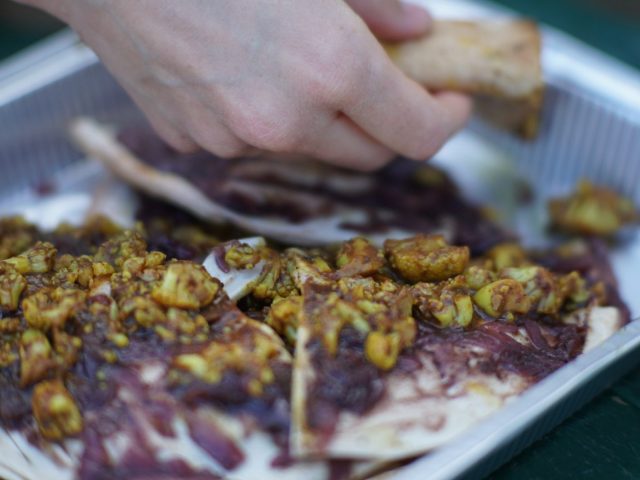
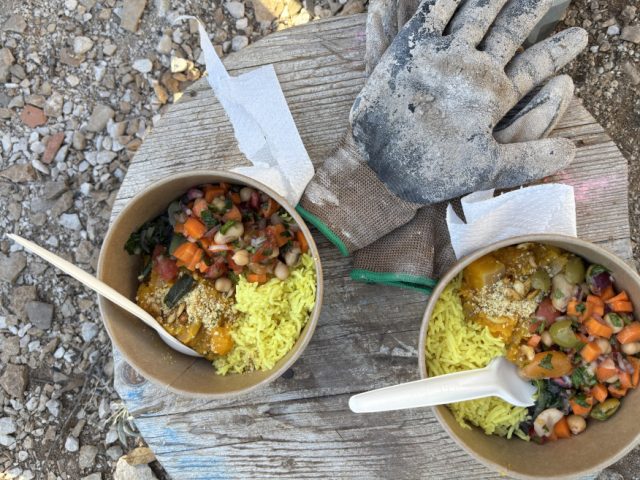
Gallery two by Metod Blejec CC 4.0 BY-NC-SA, read more about usage rights.
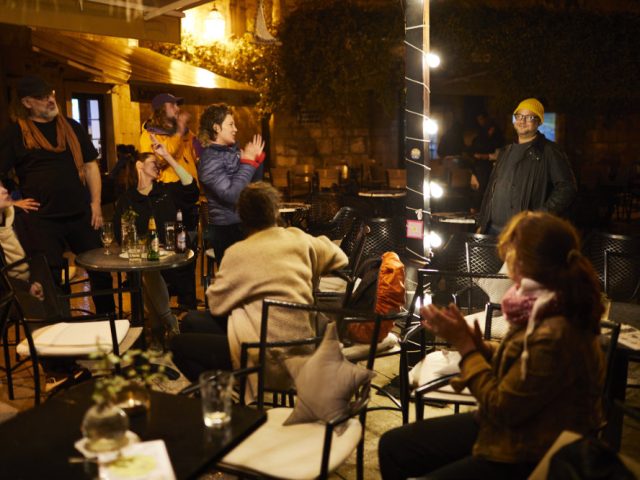
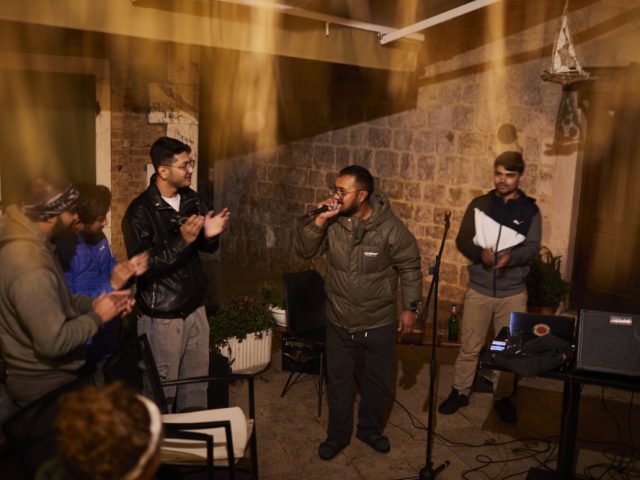
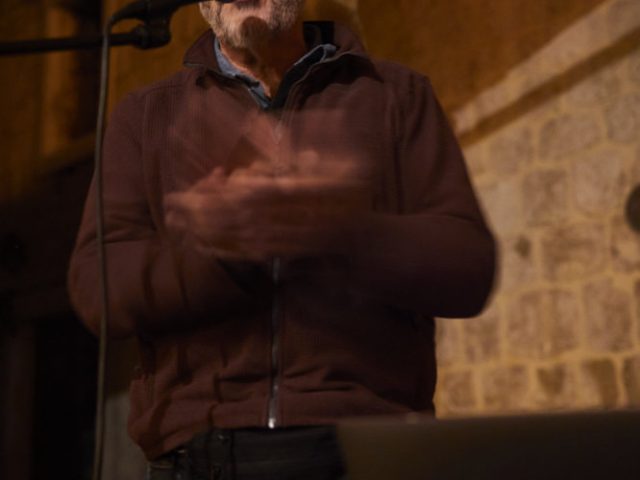
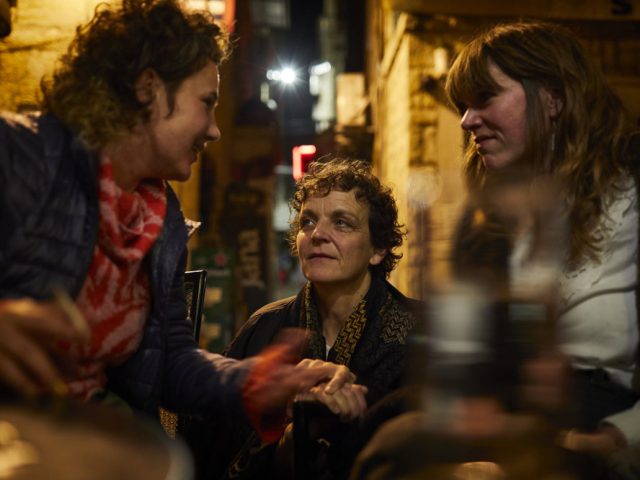
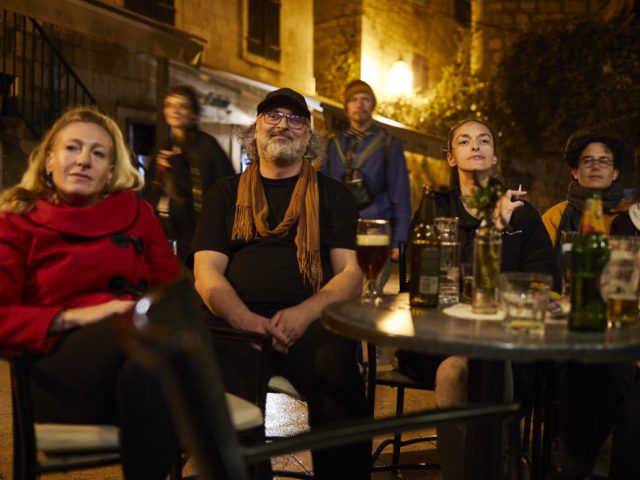
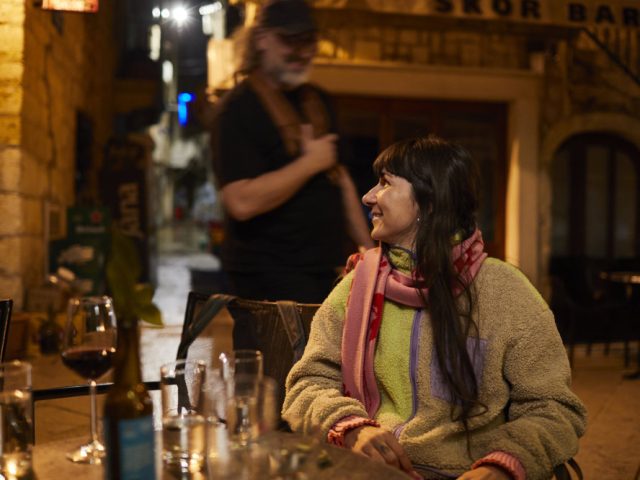
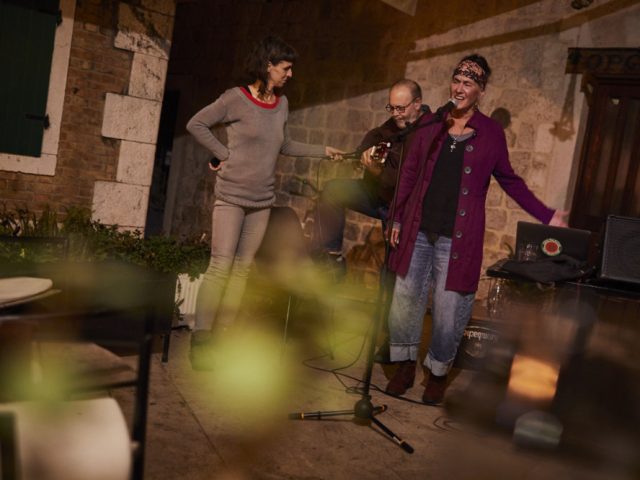
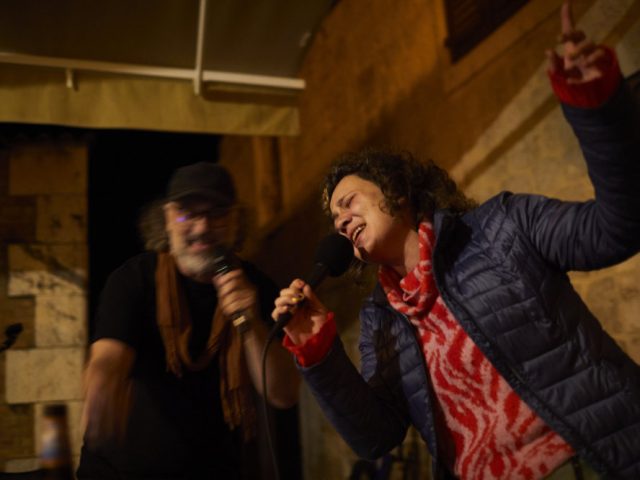
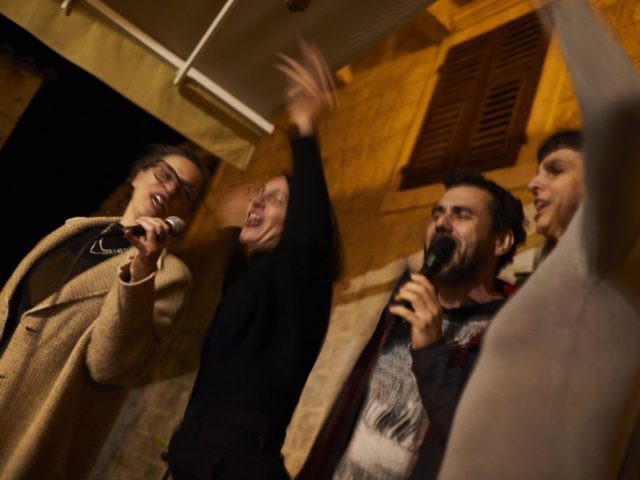
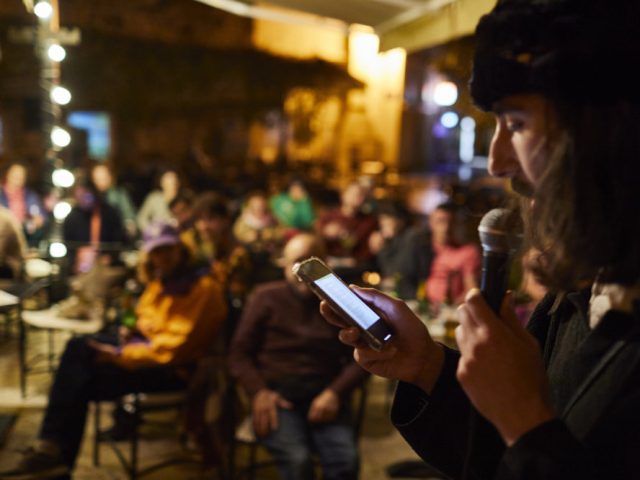
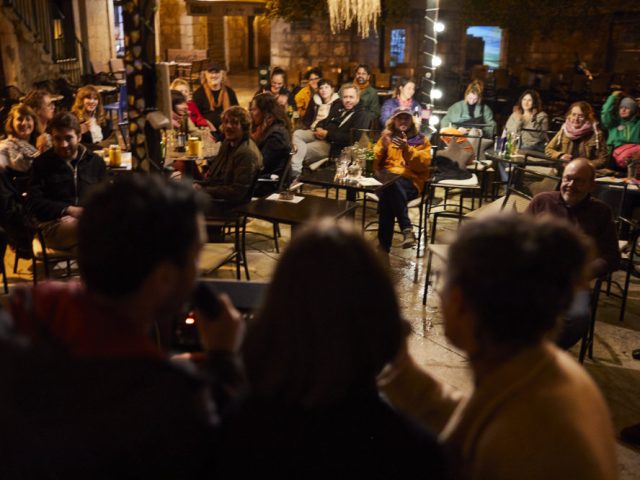
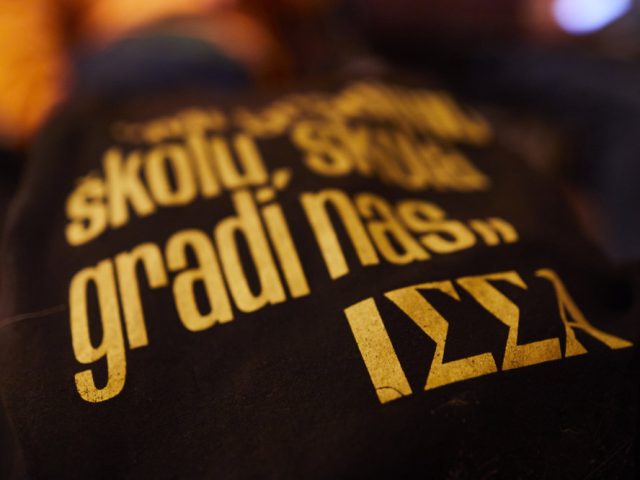

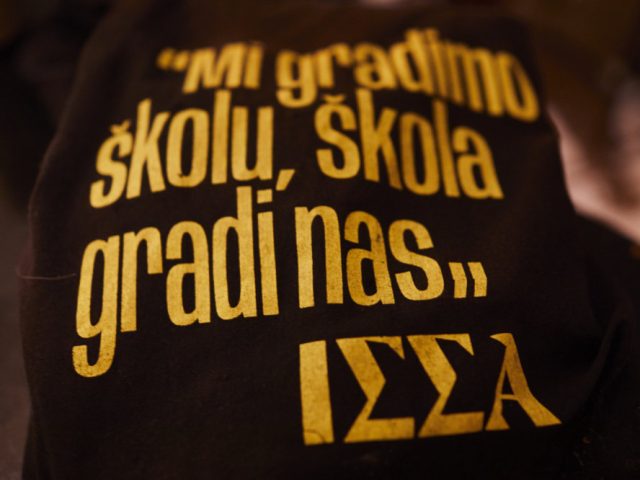
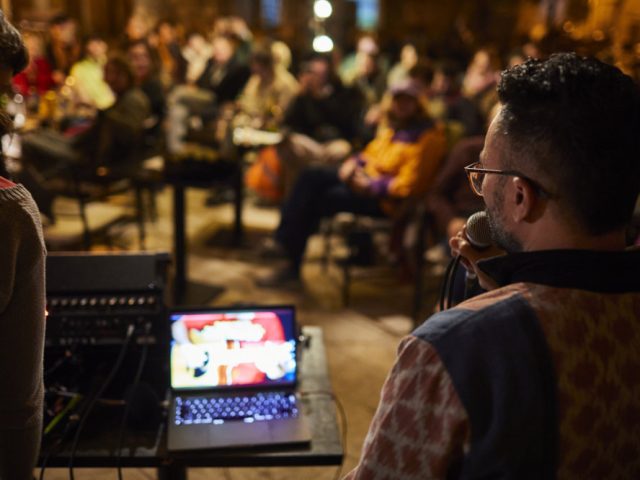
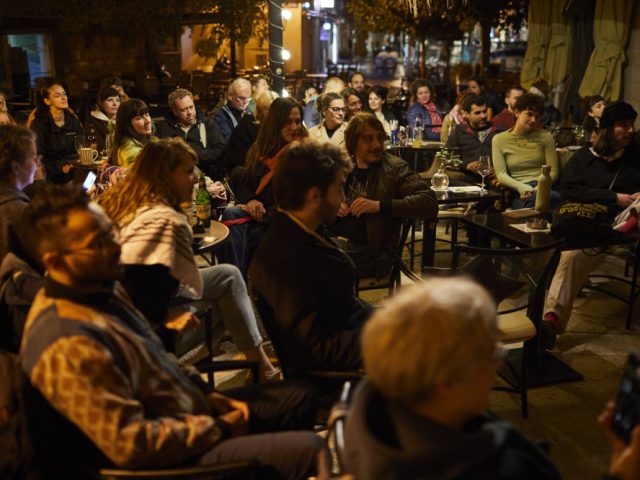
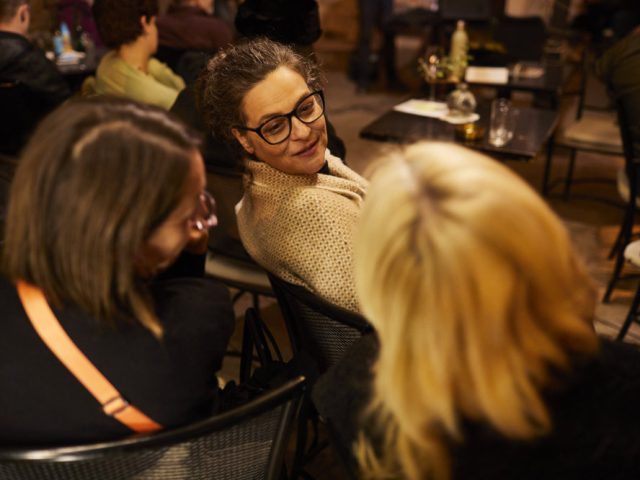
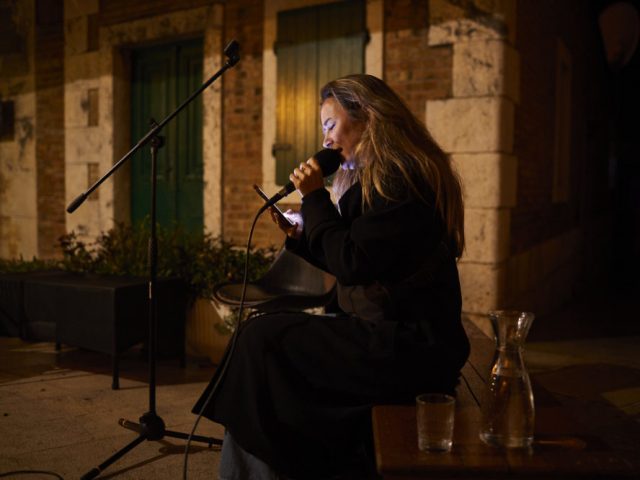
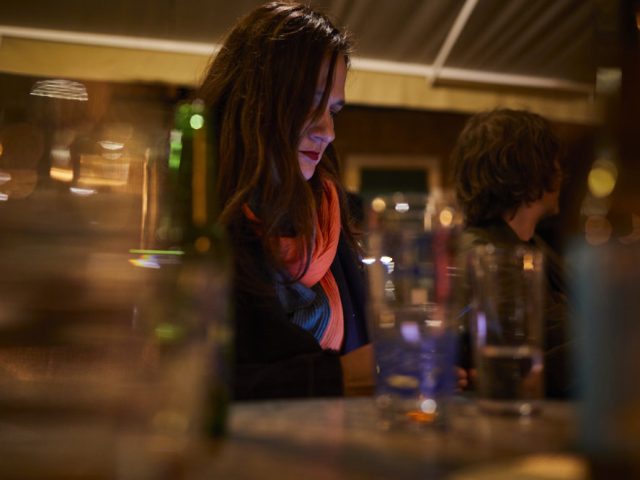
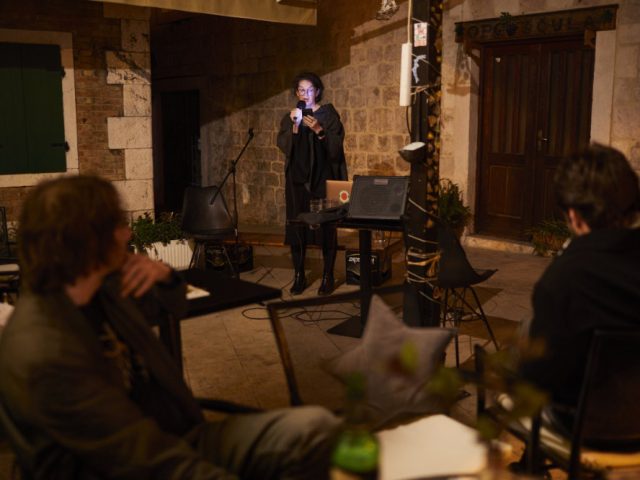
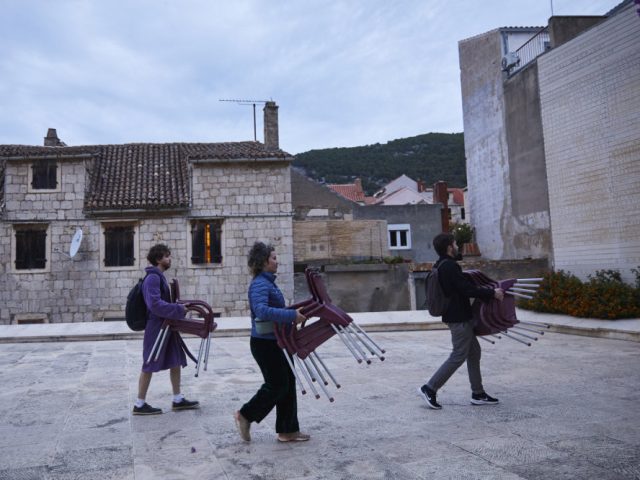
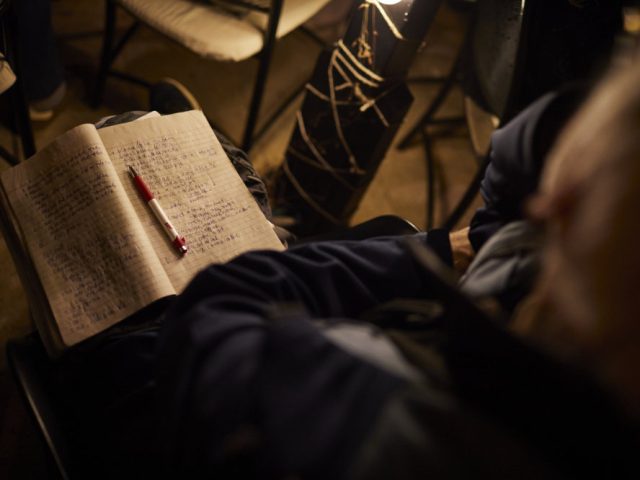
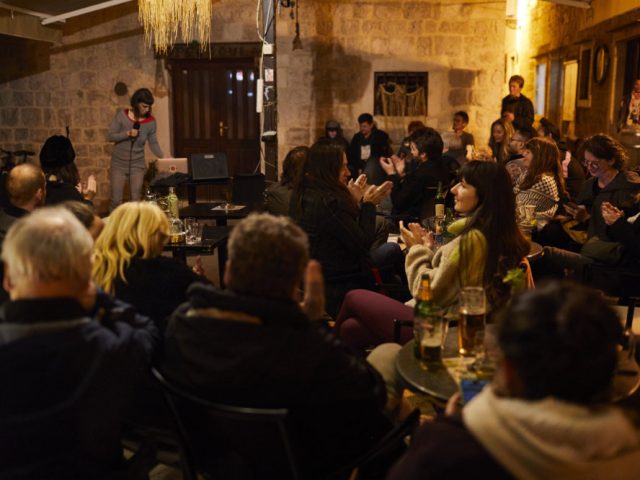
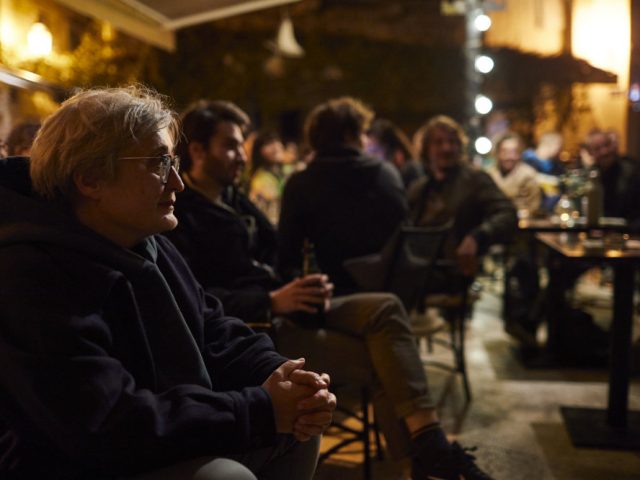
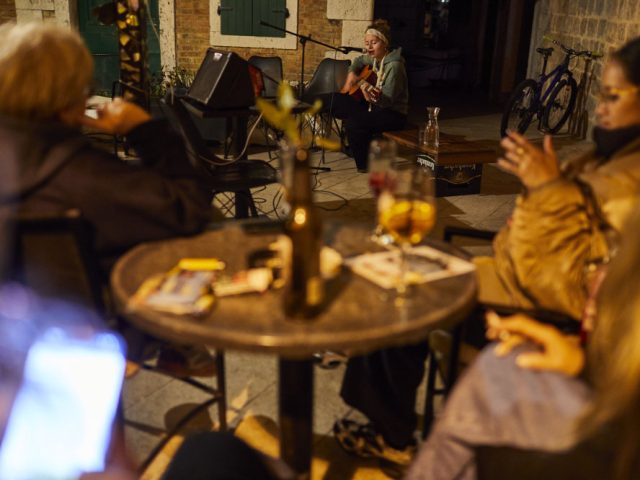

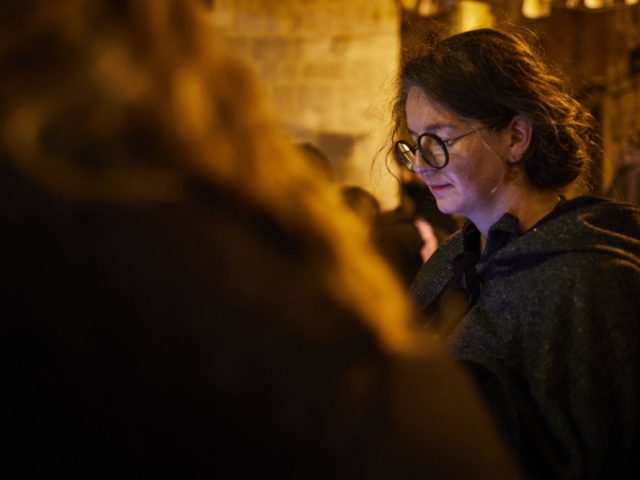
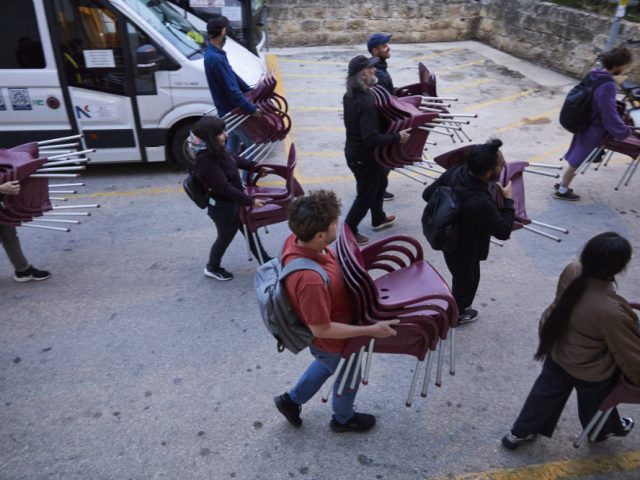


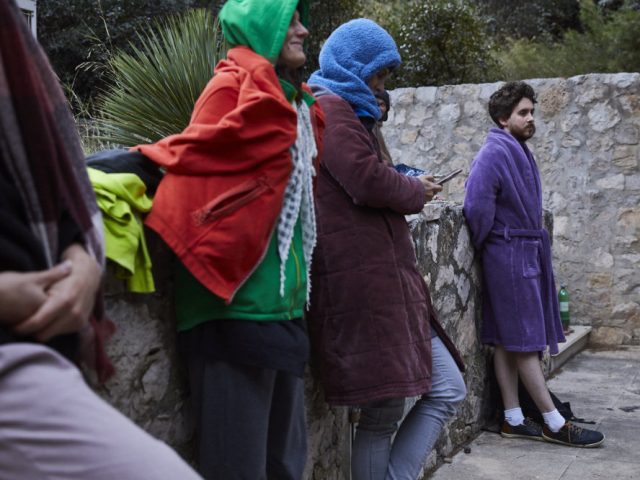
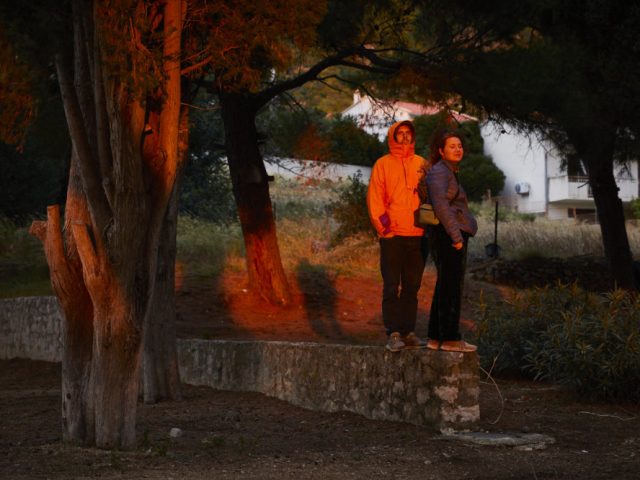
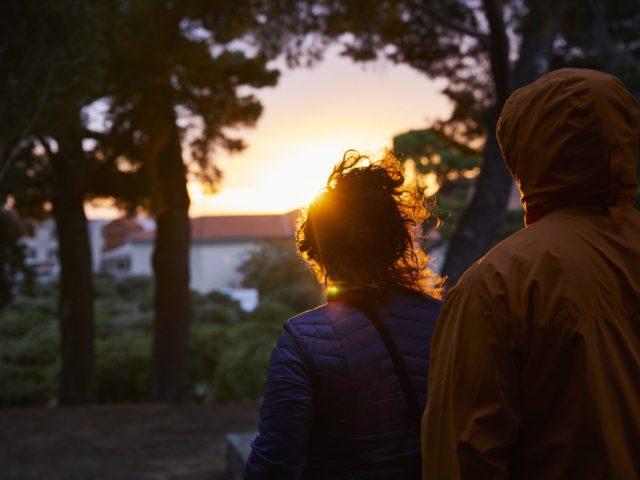
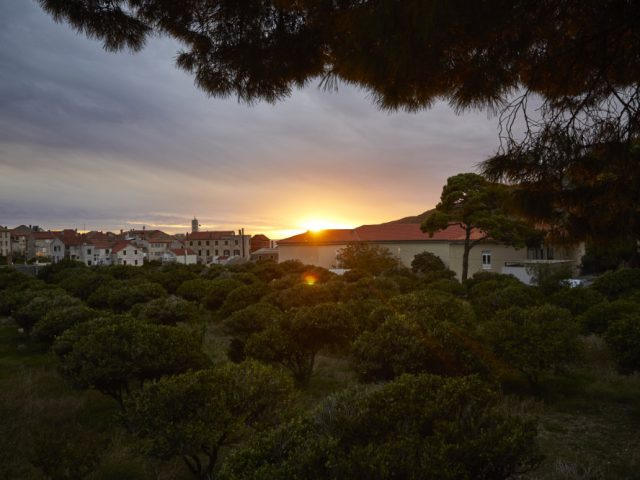

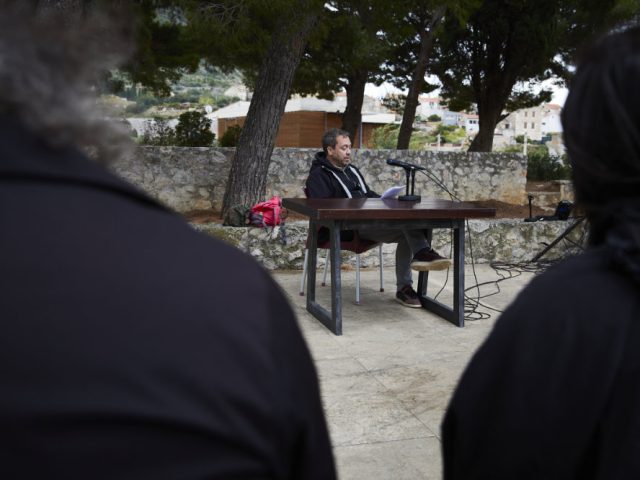





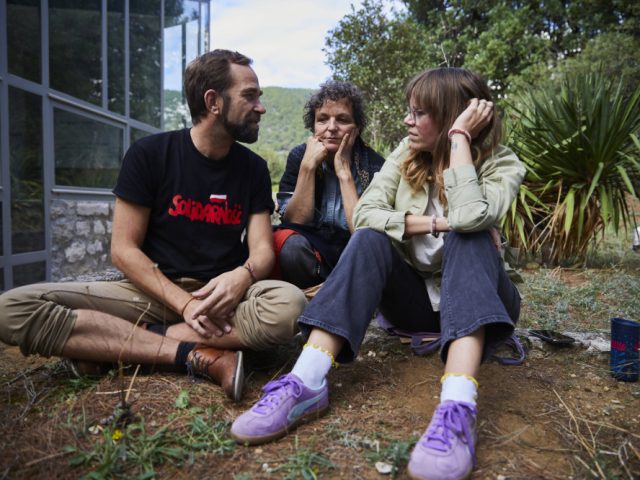


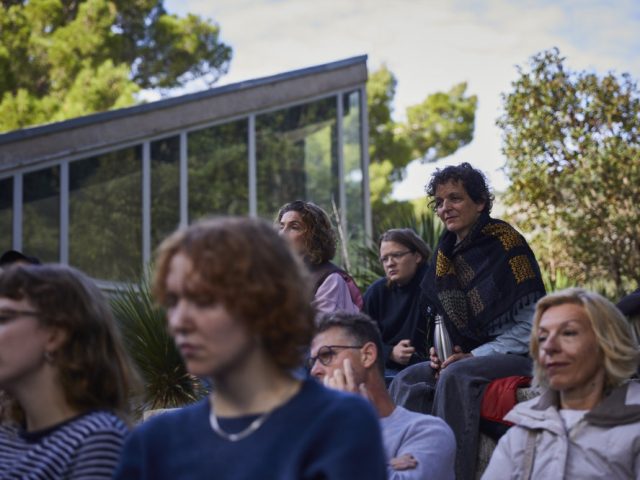


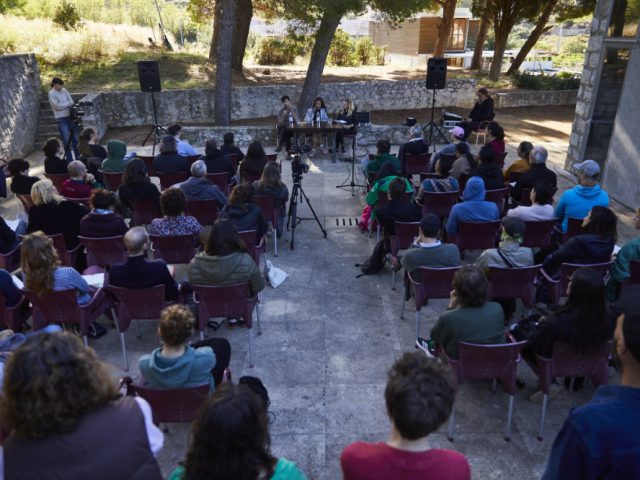

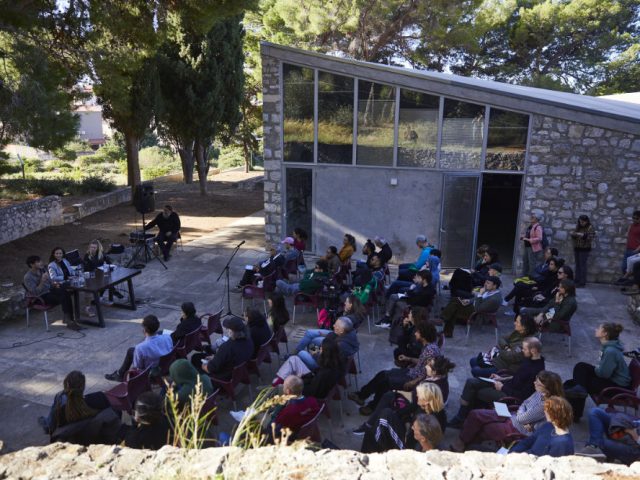
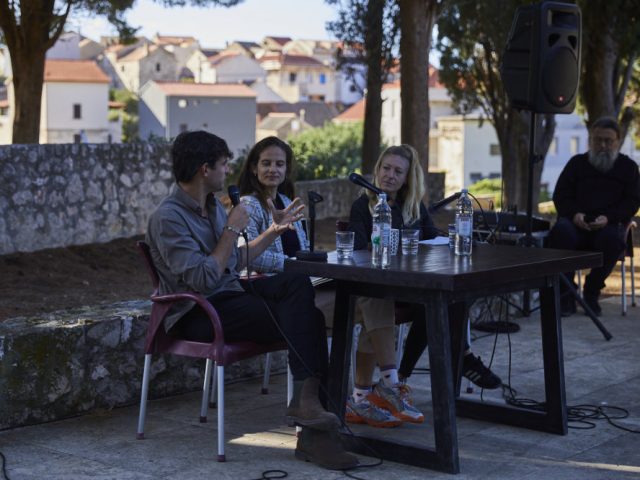
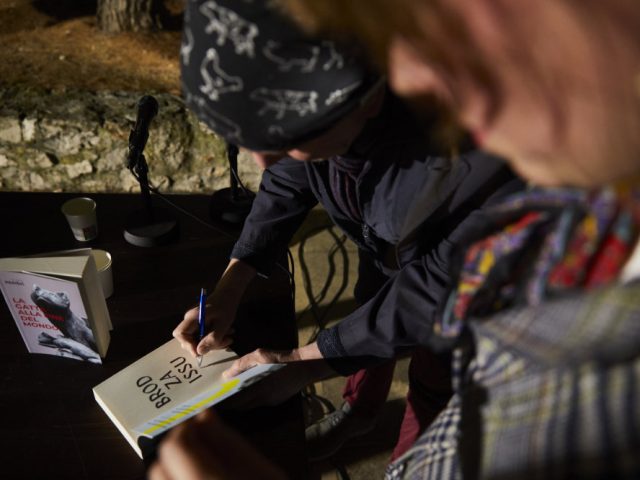
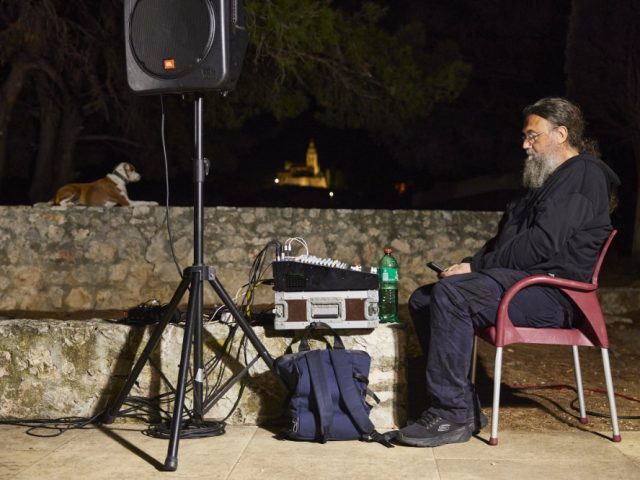
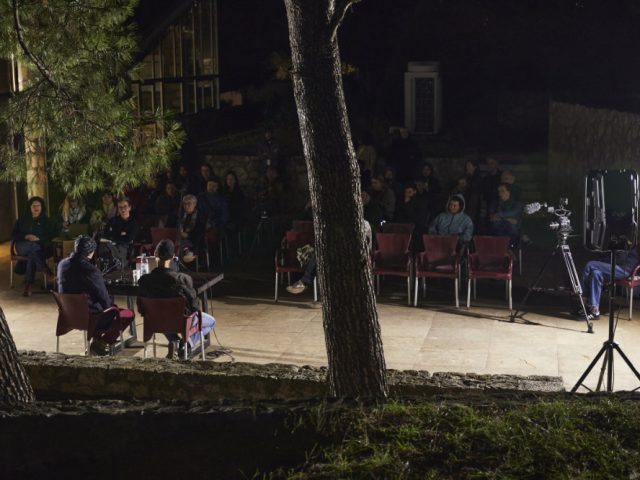
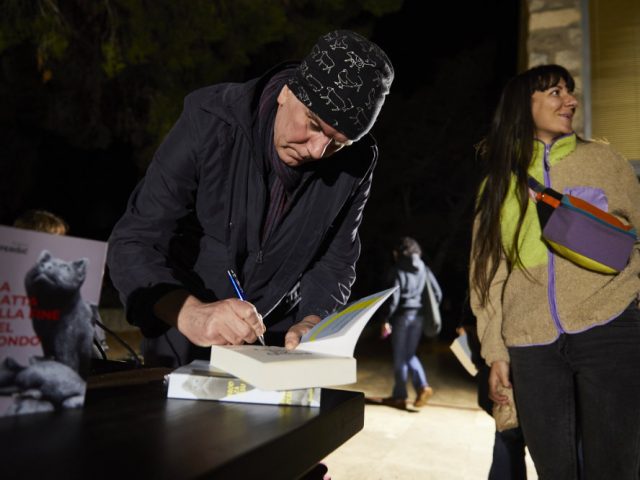

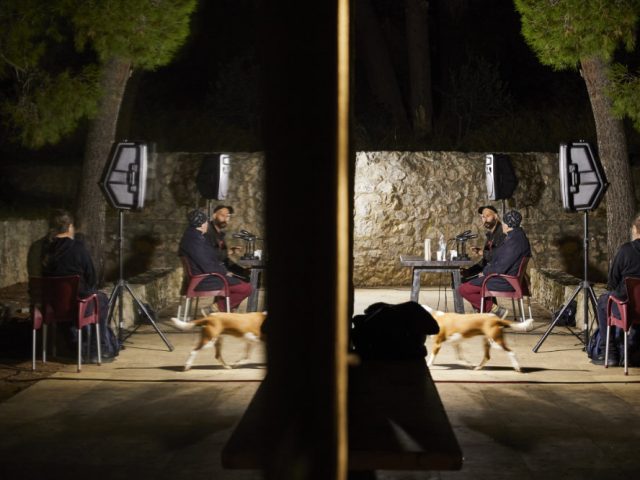



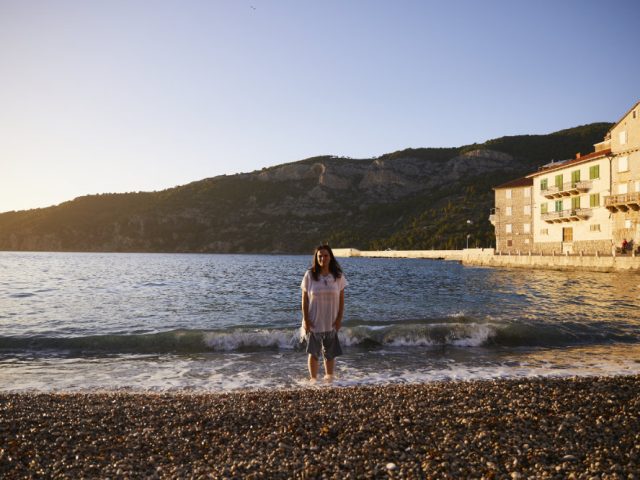

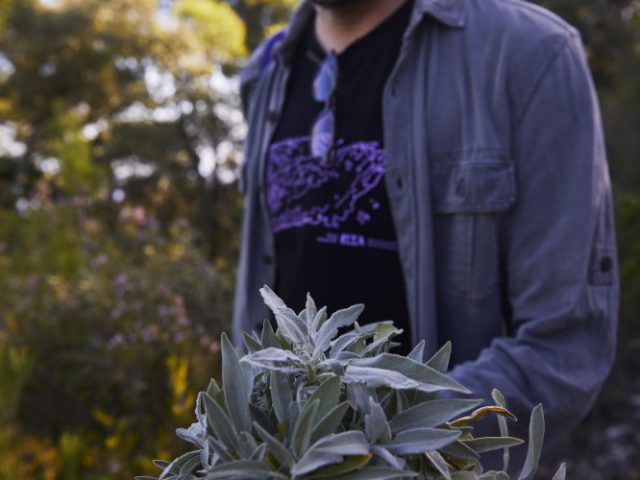


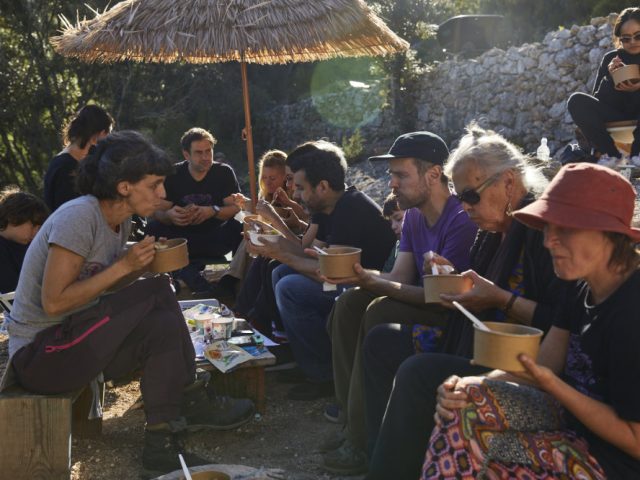
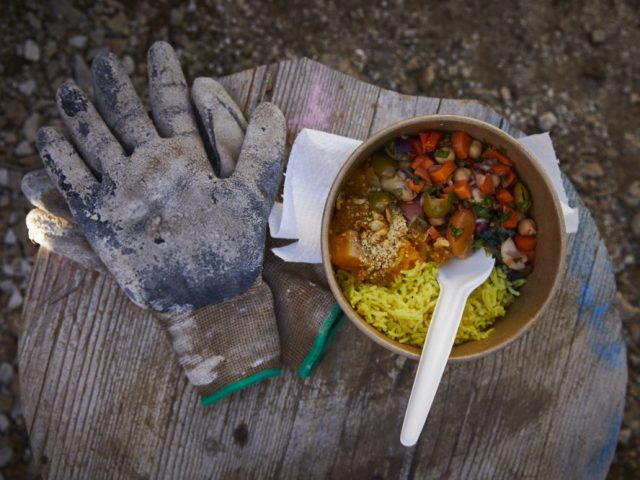
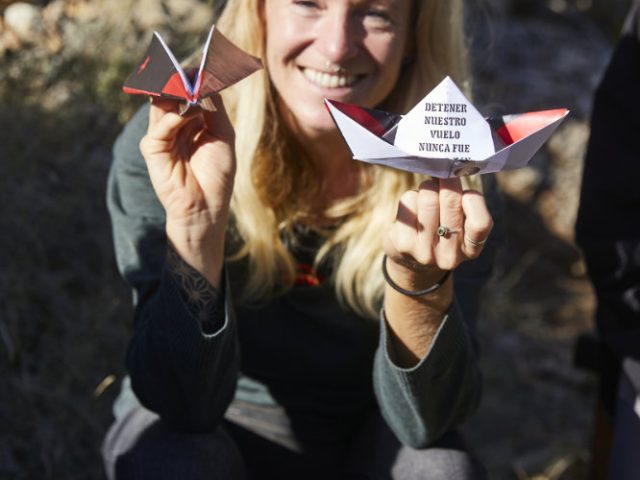


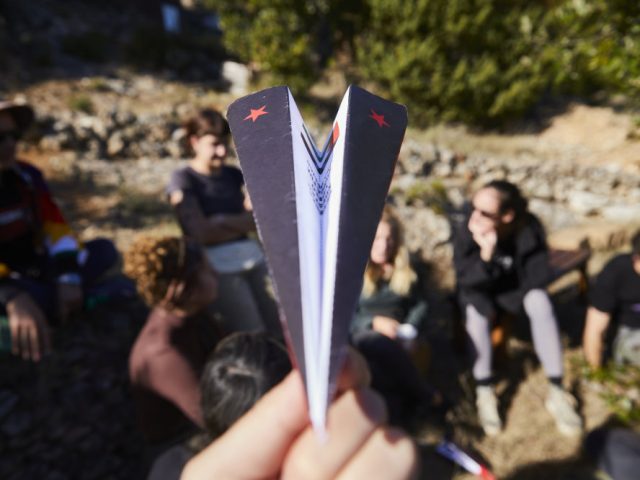

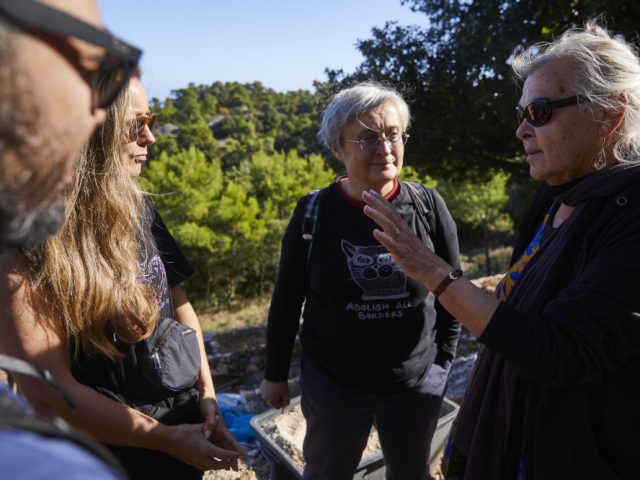
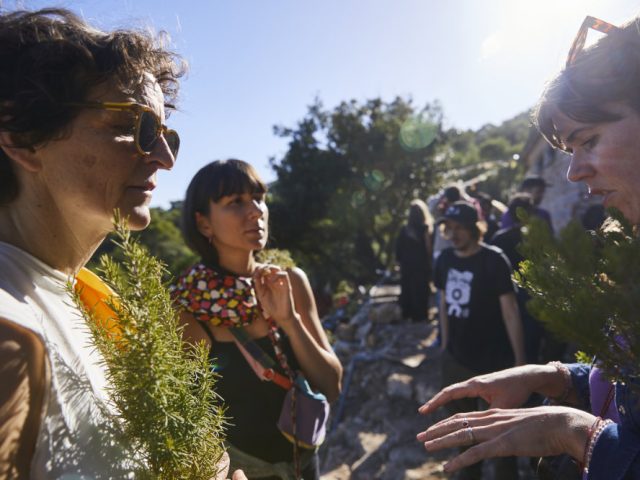



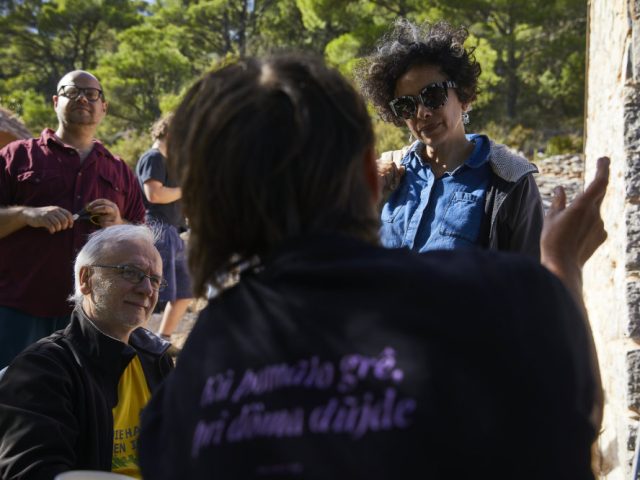
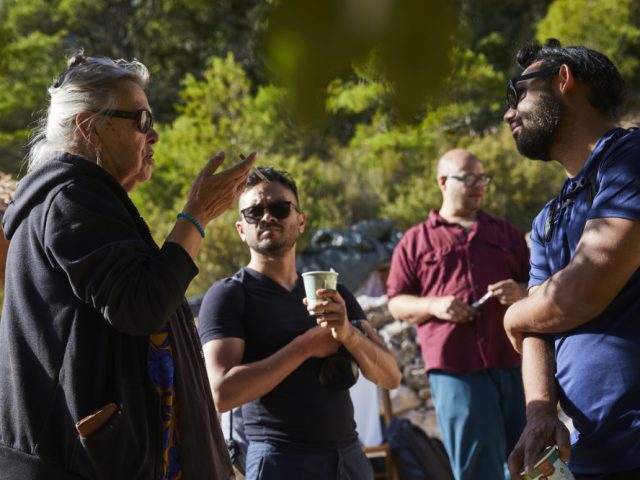

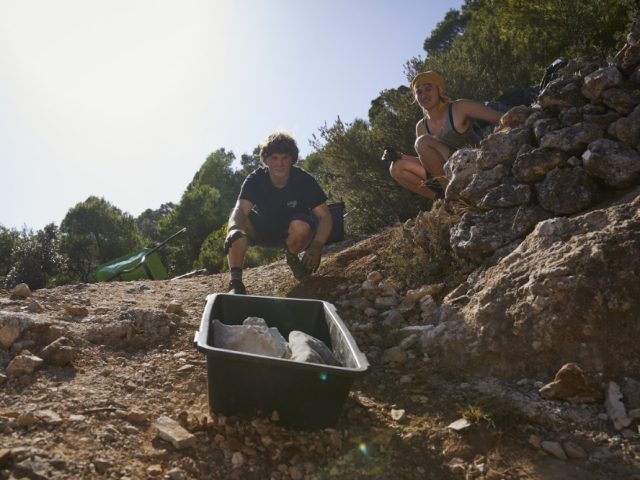

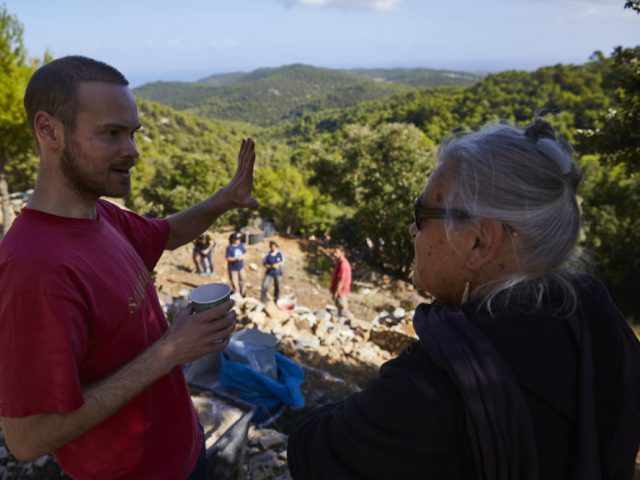

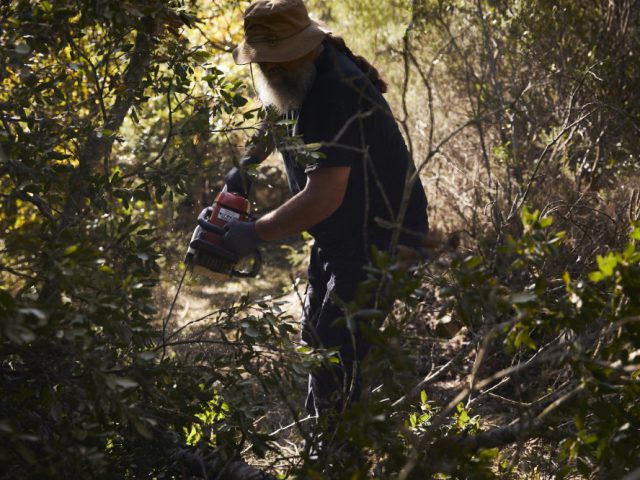
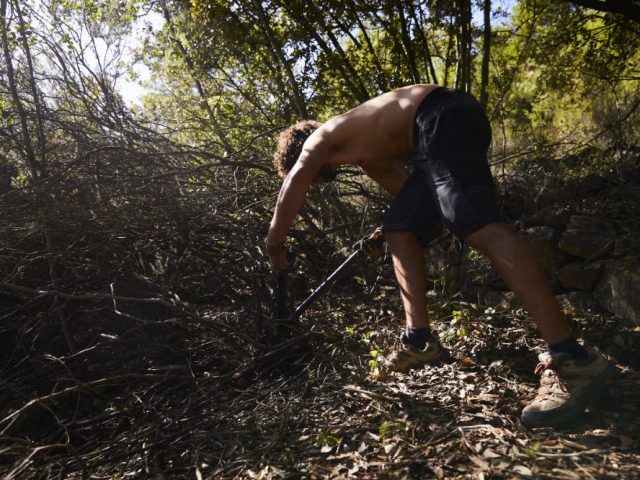









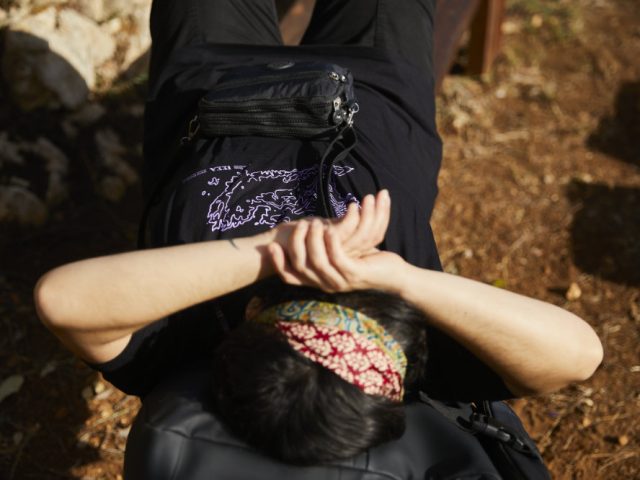



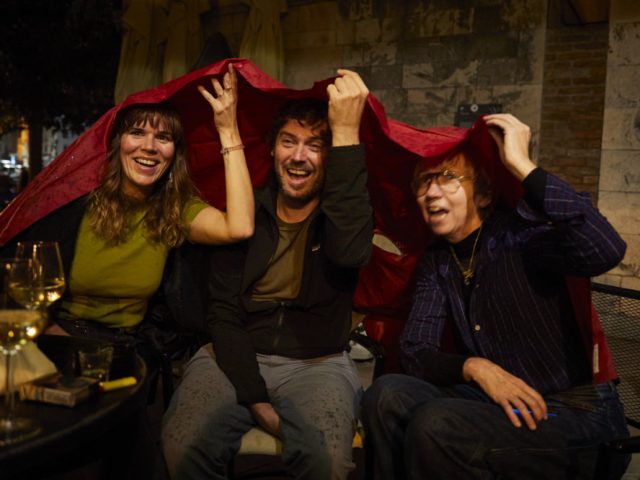
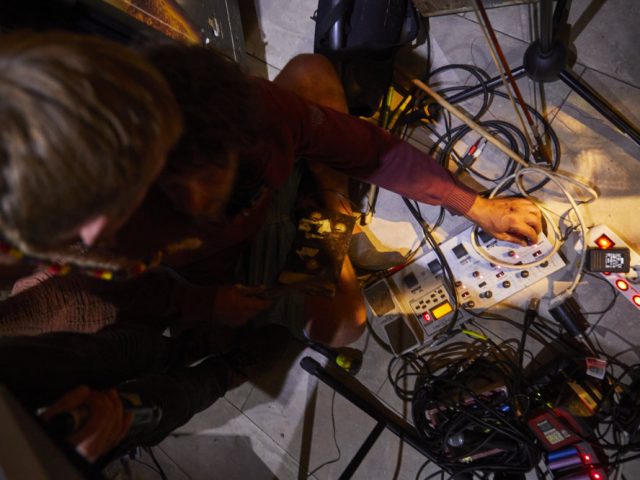
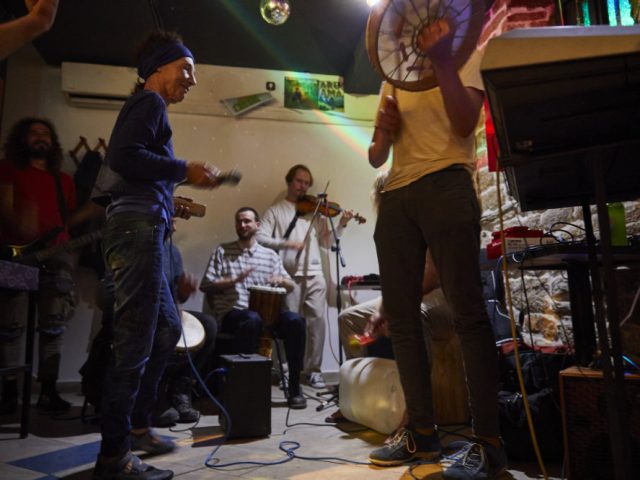
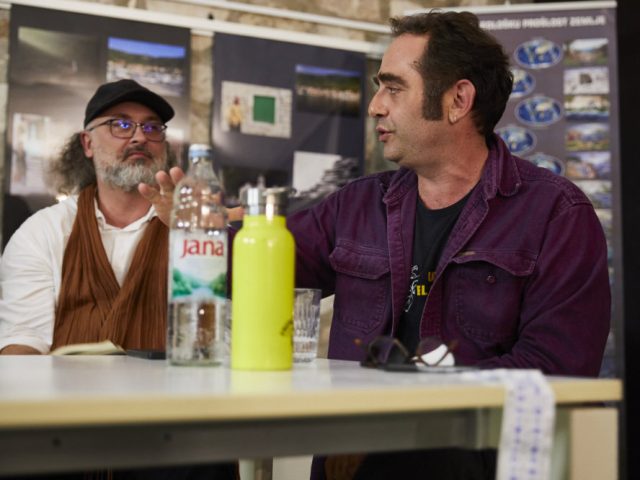

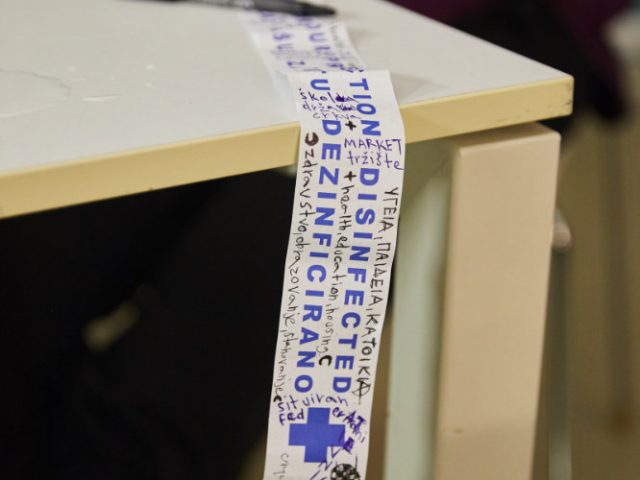
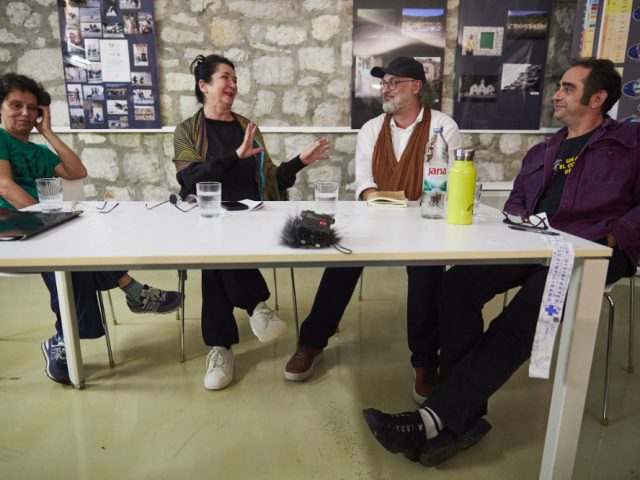
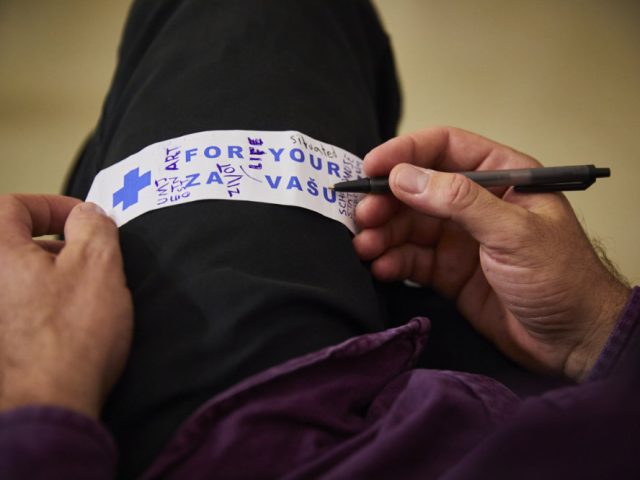
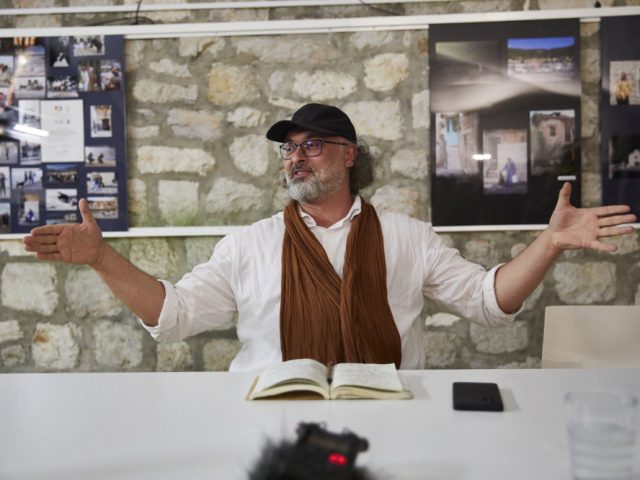

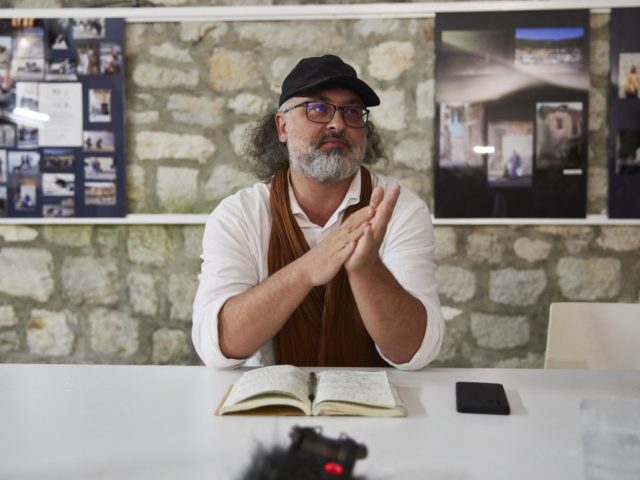
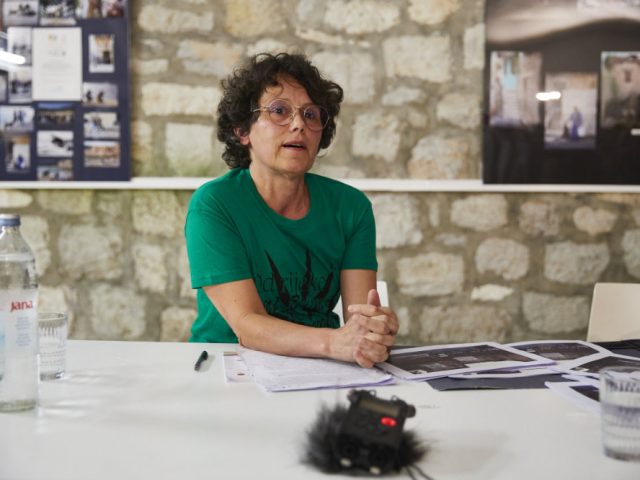





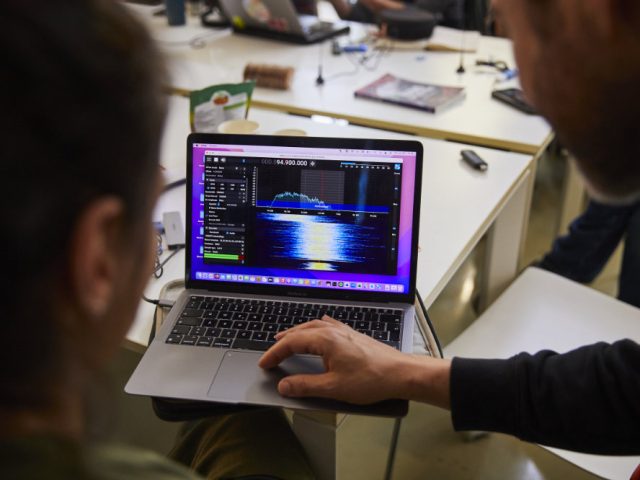
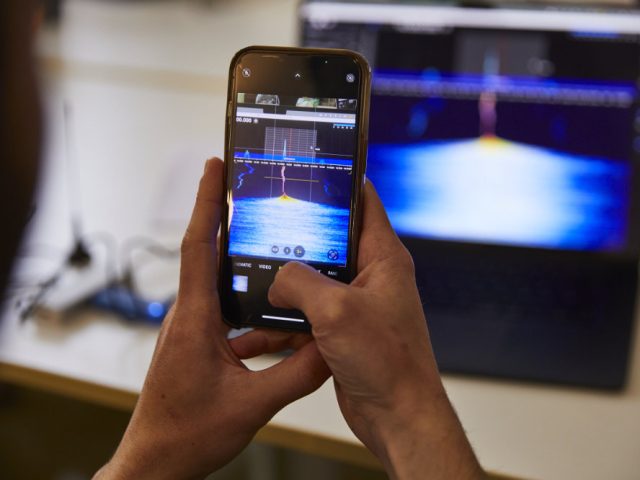
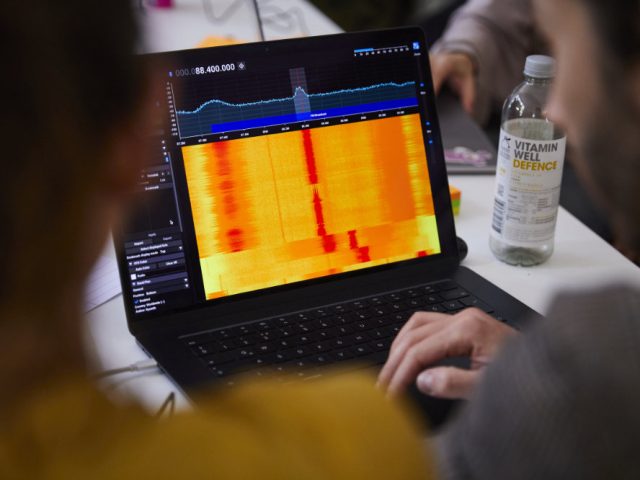
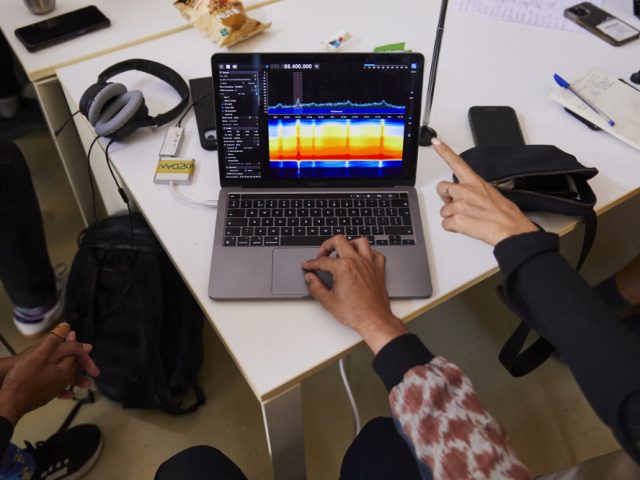
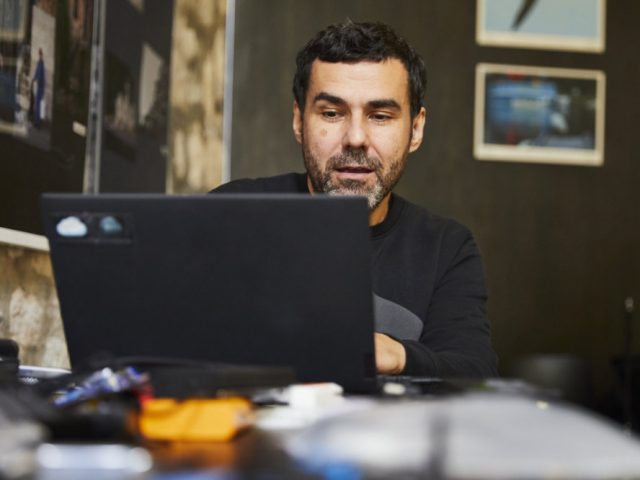
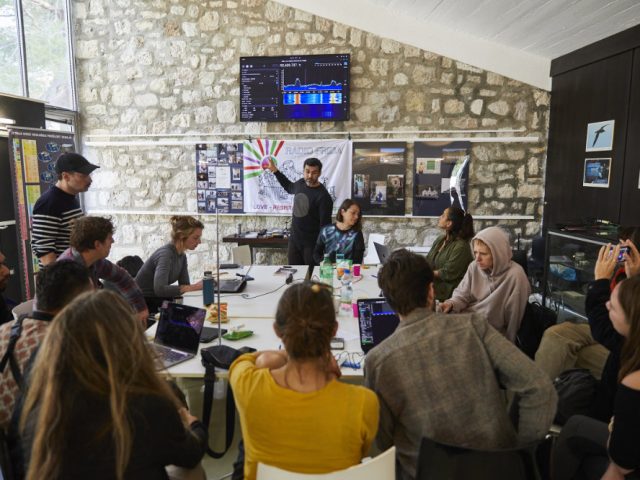
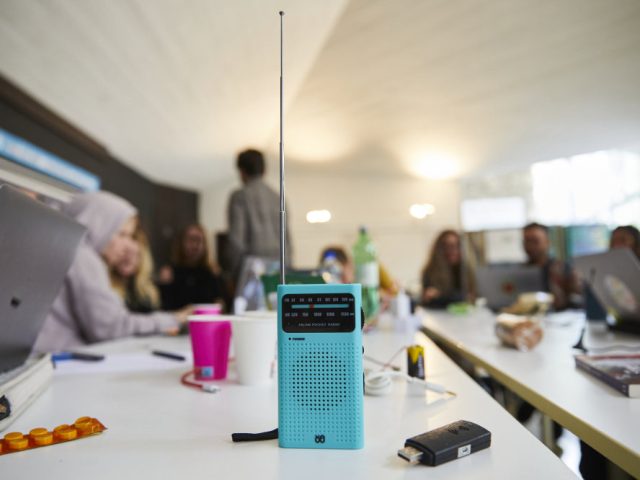


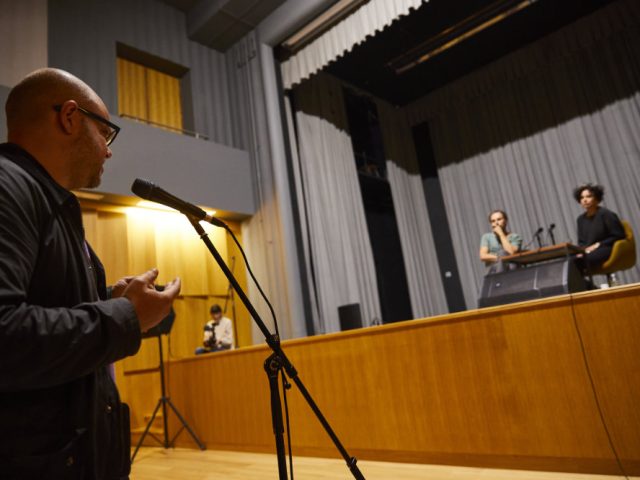





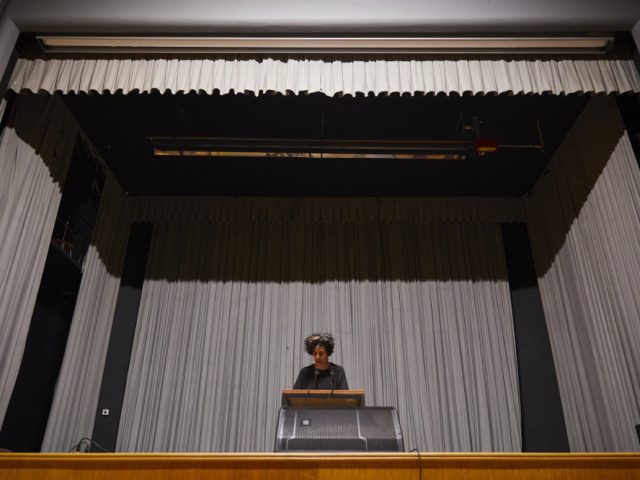

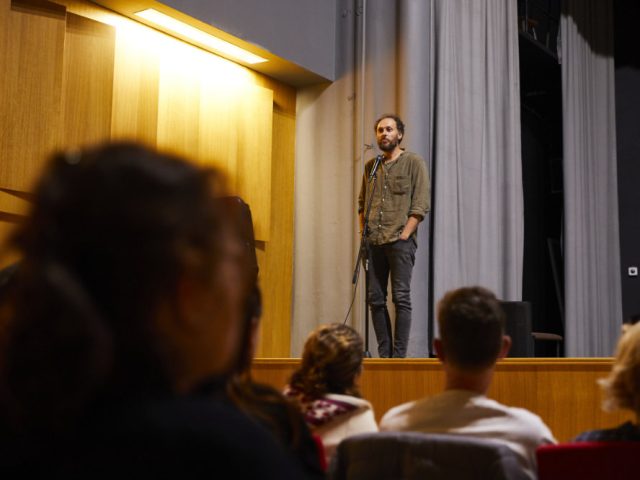
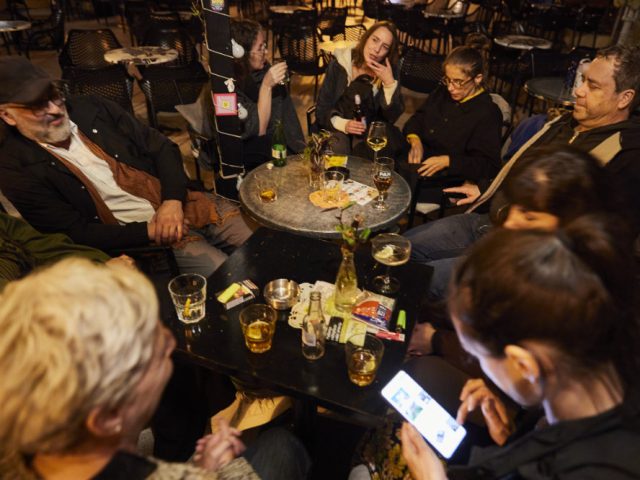
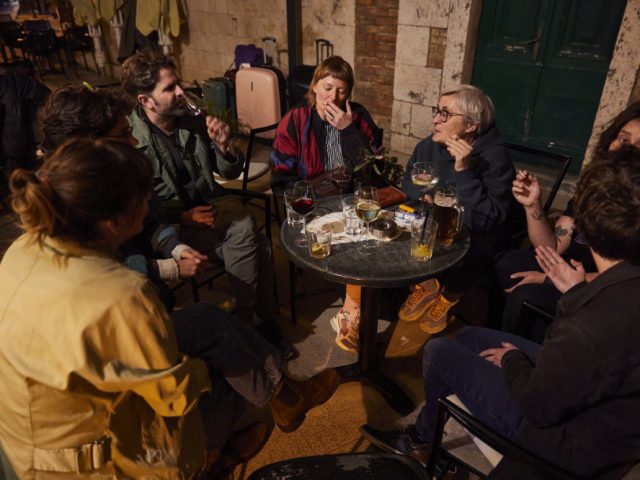
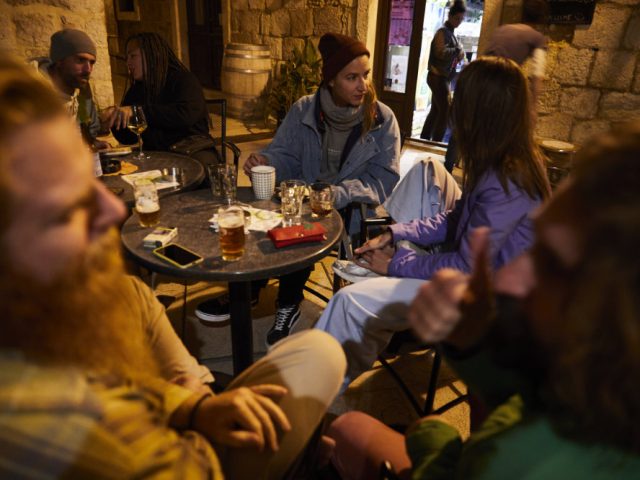
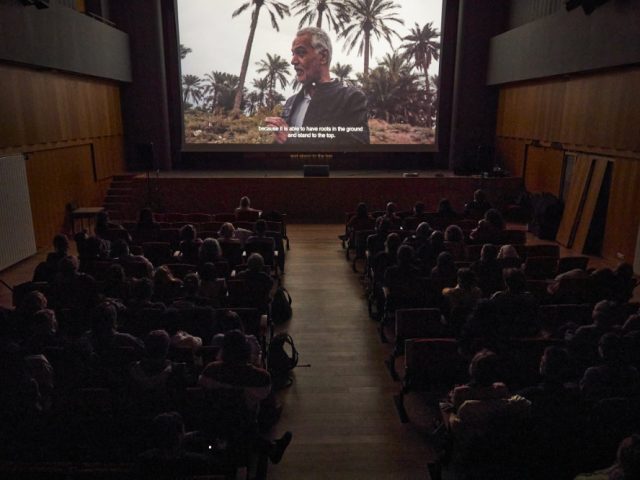
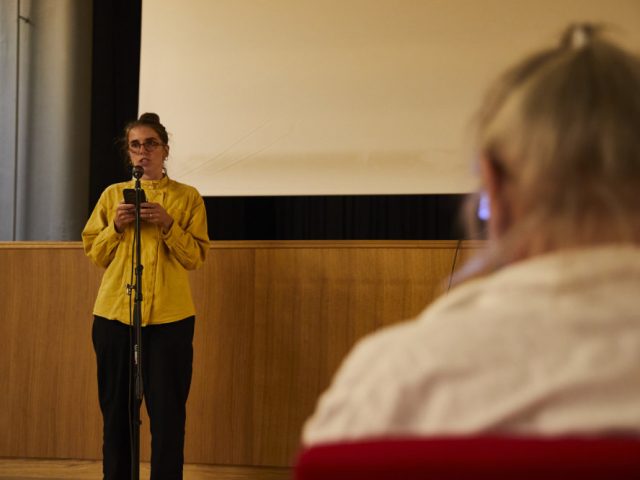
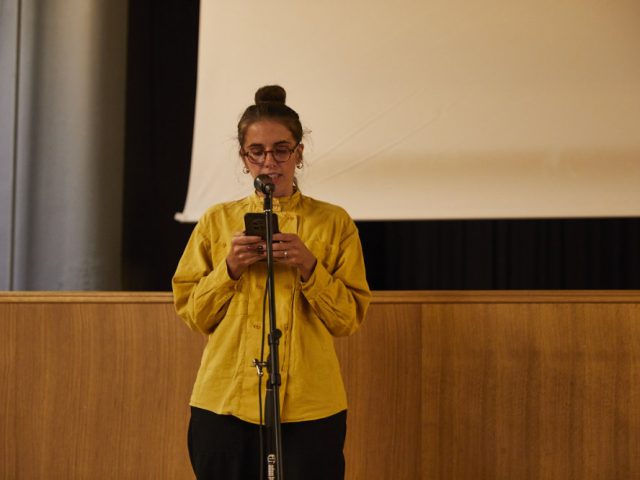
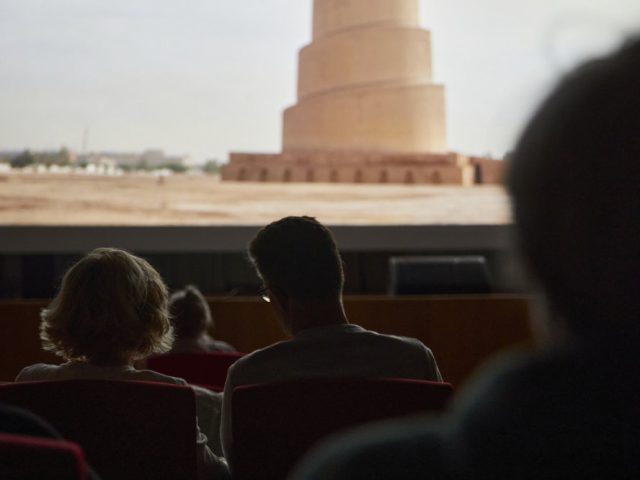
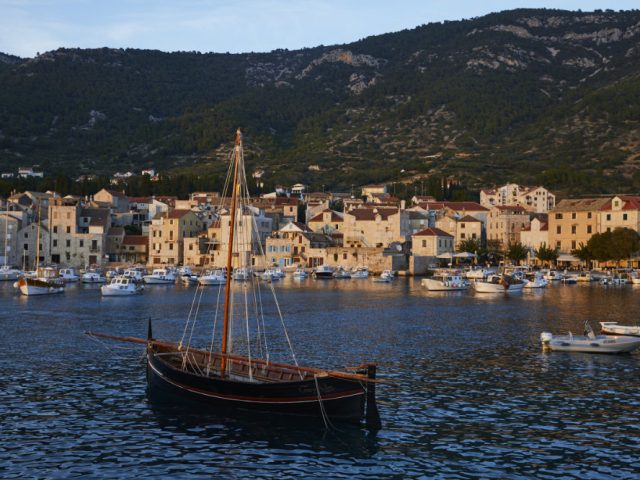
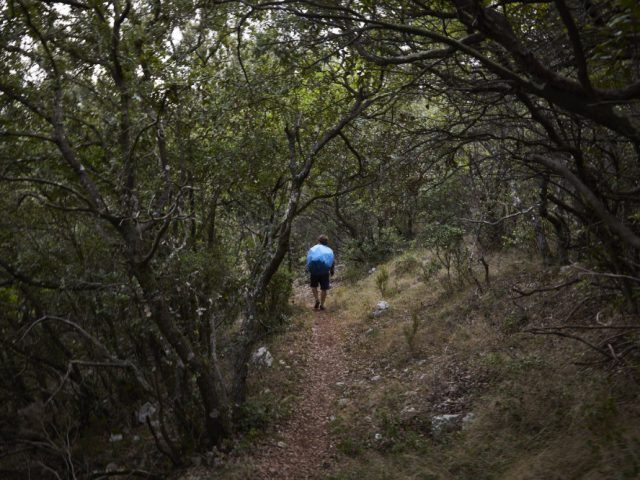
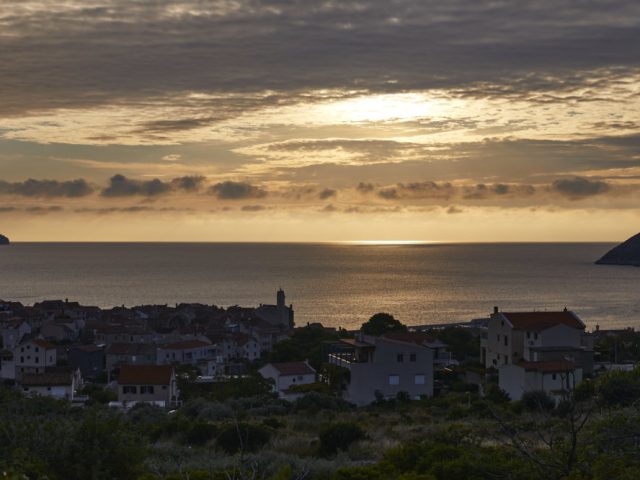
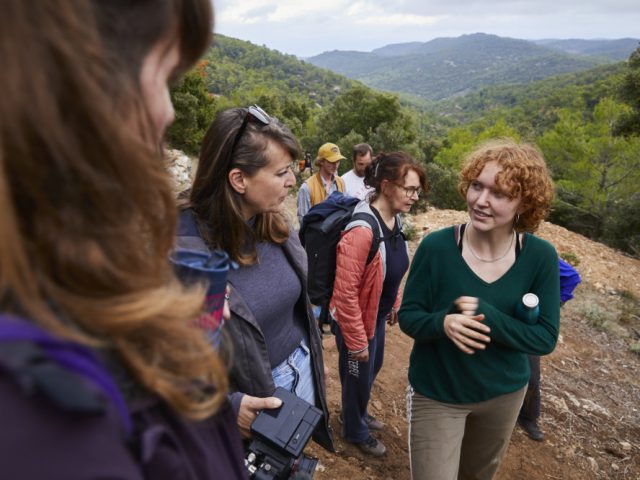

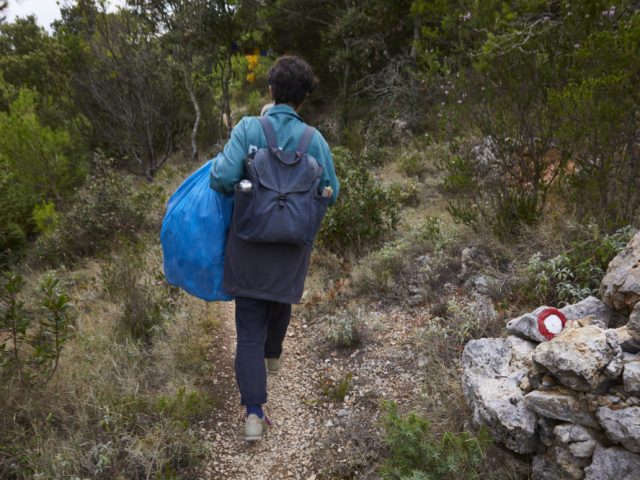
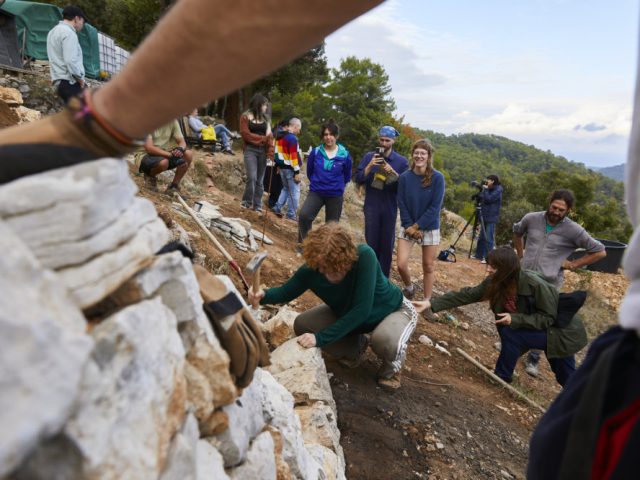
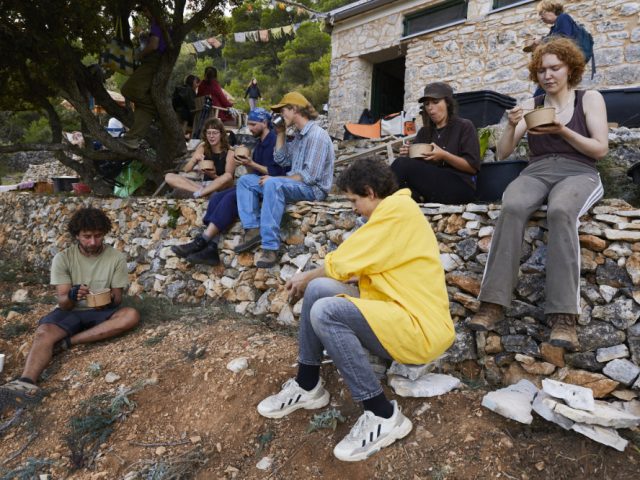

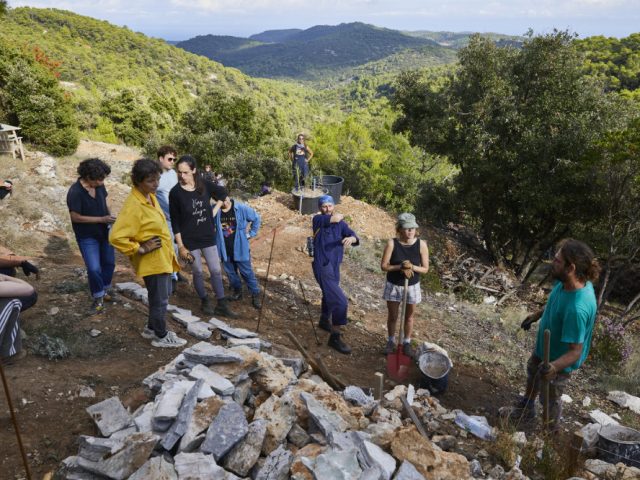
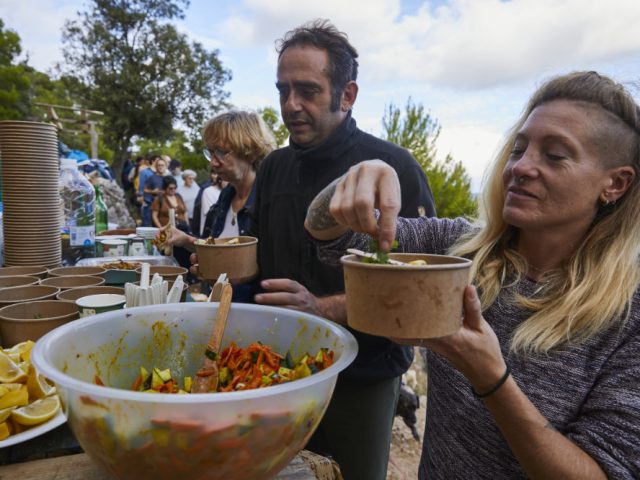
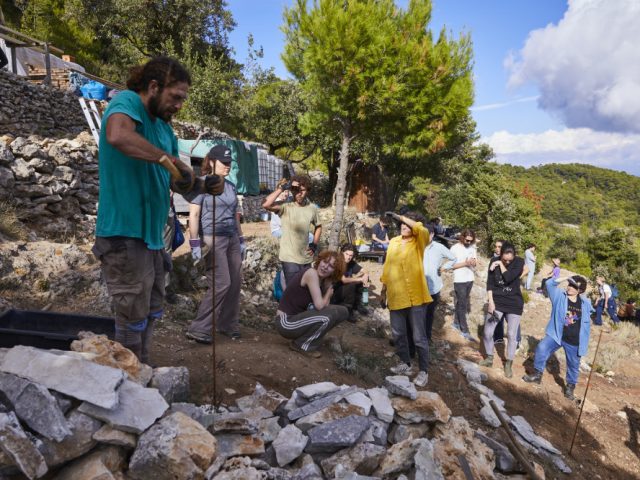
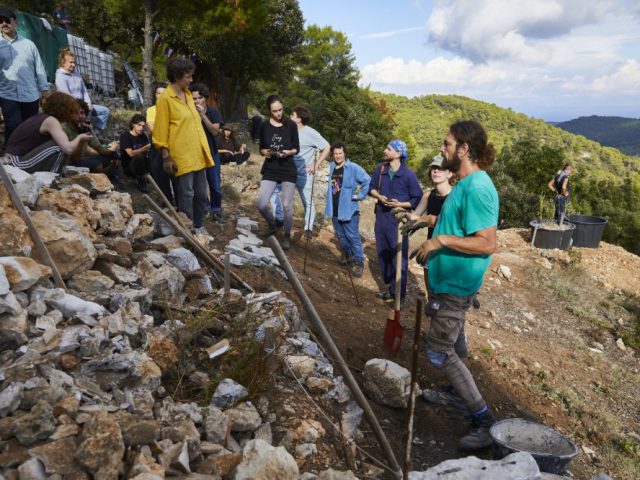
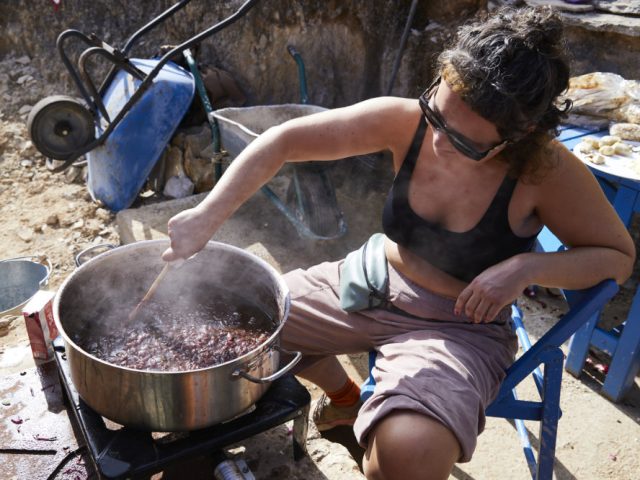
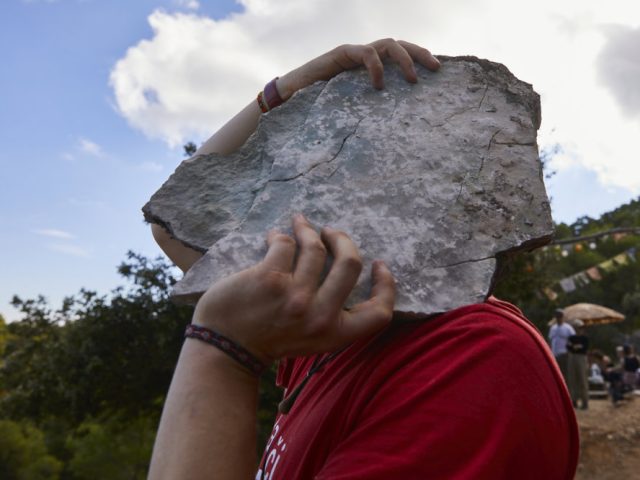
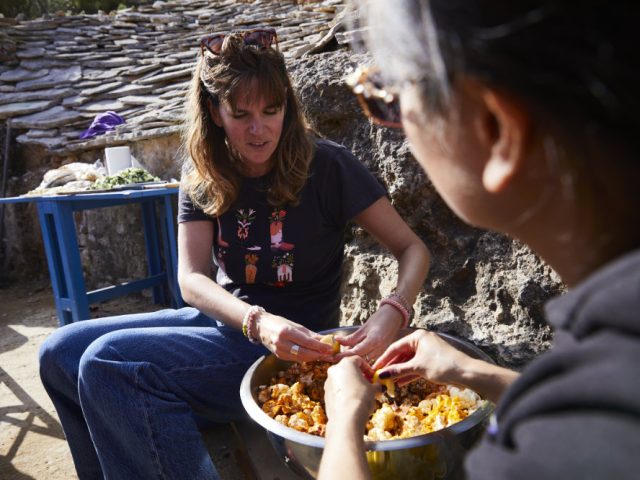
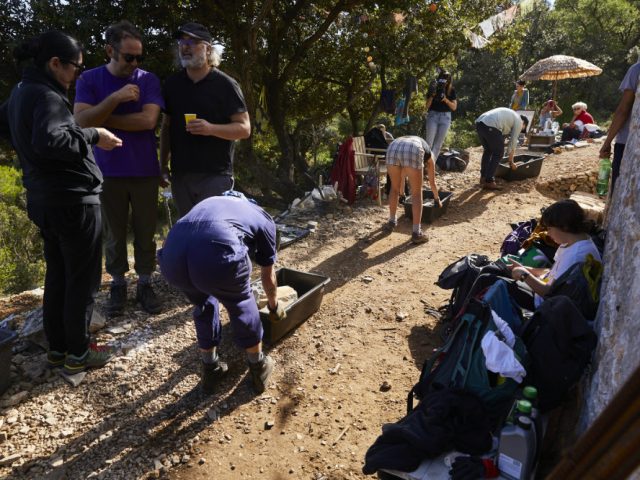
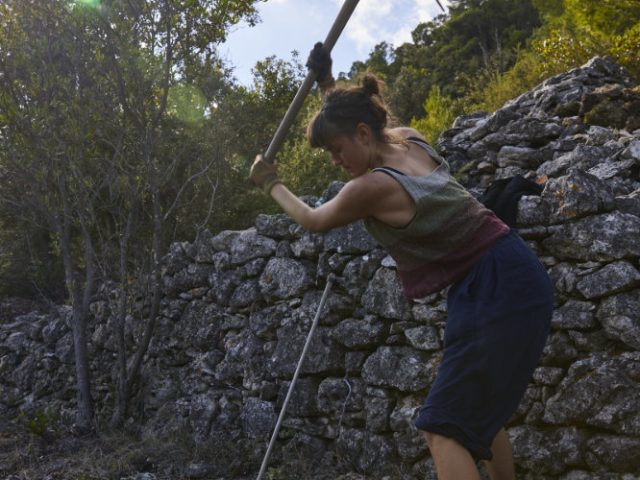
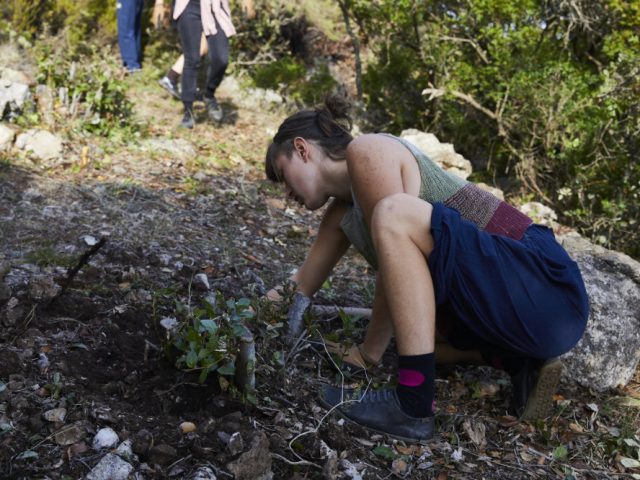
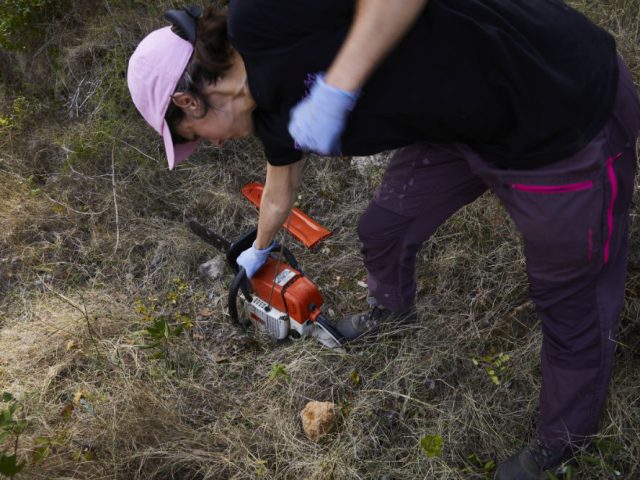
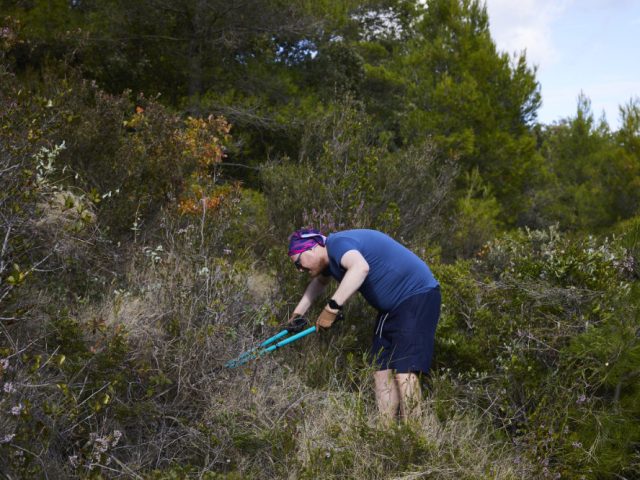
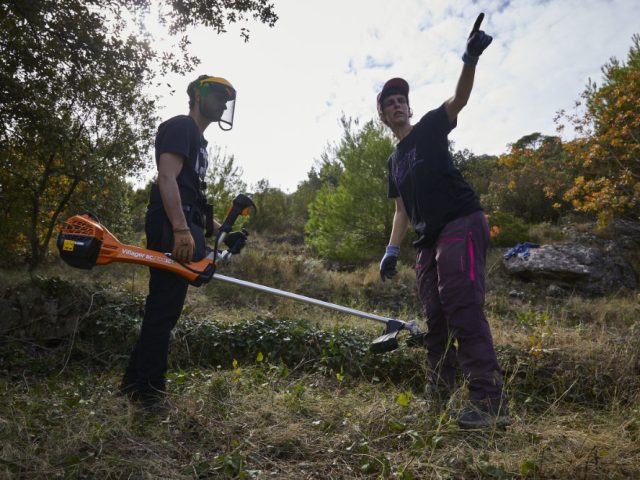
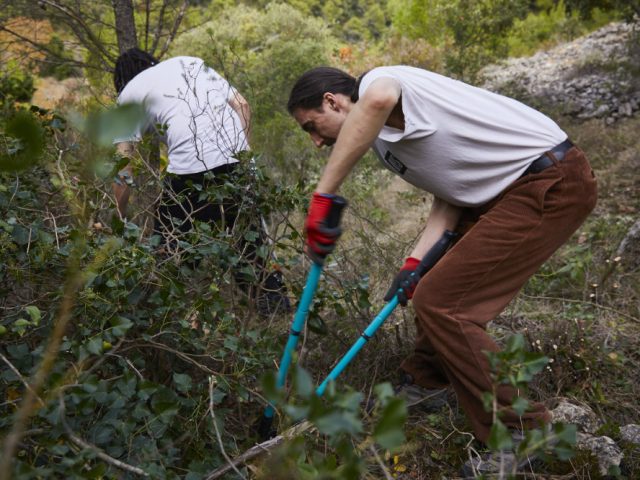
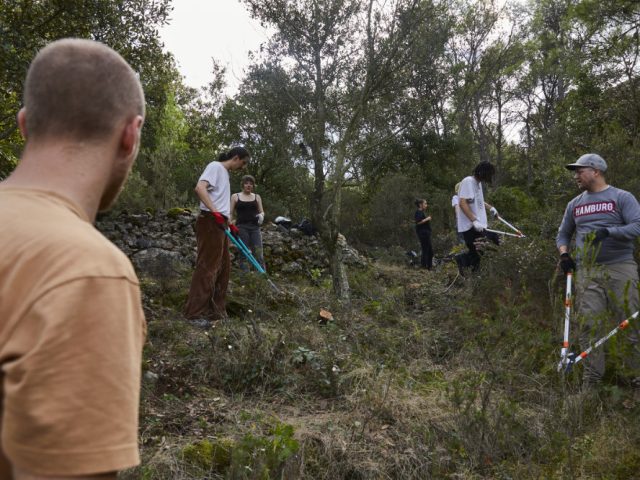
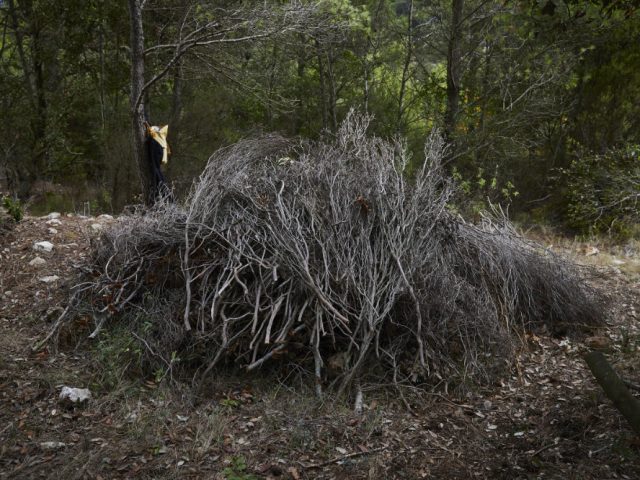
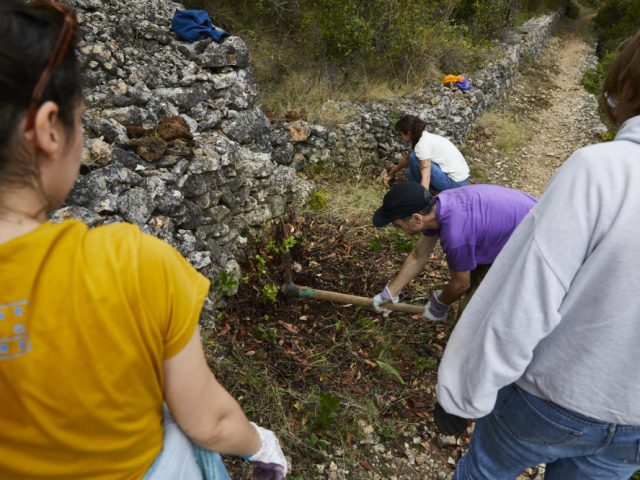
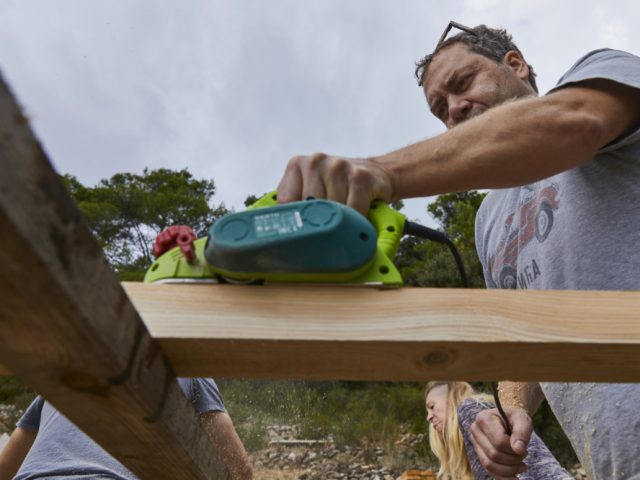
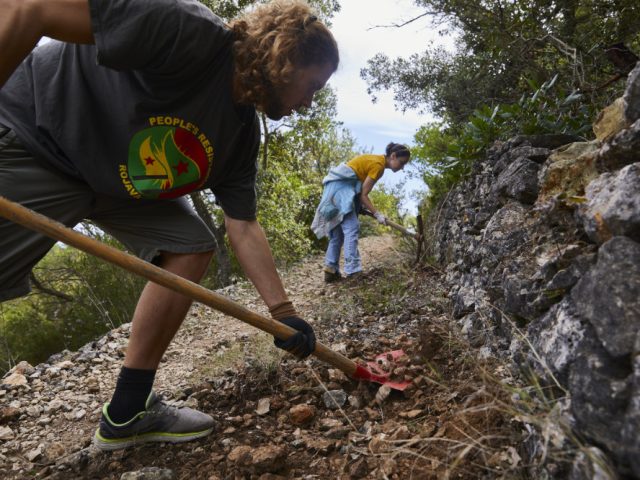
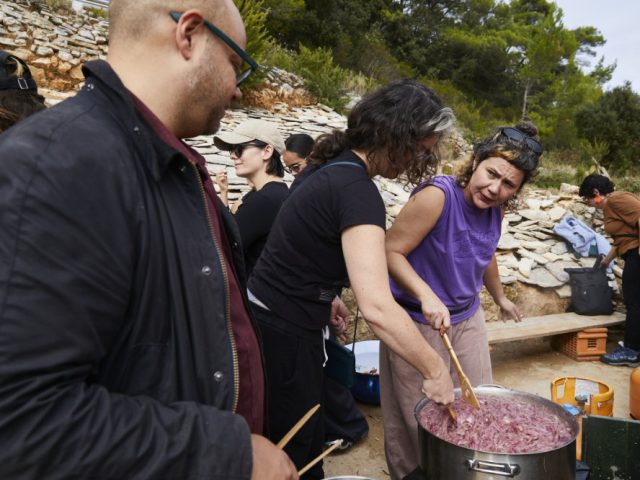
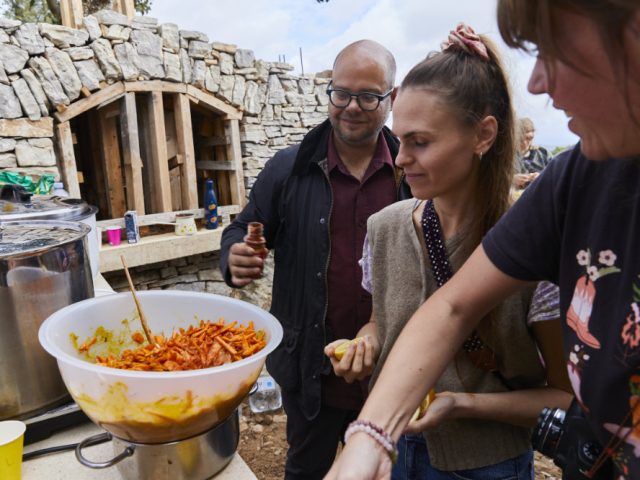
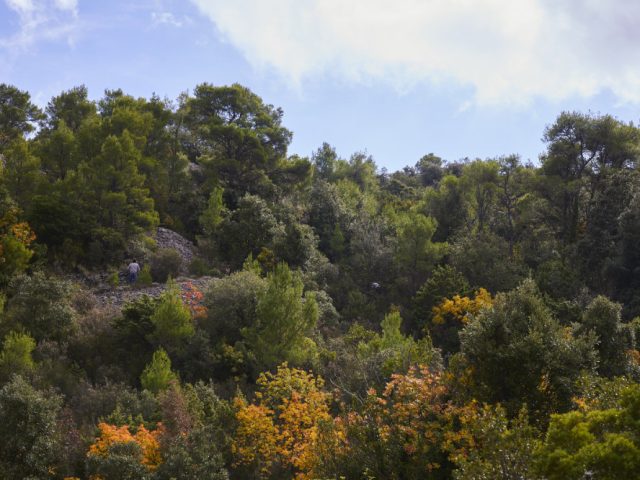

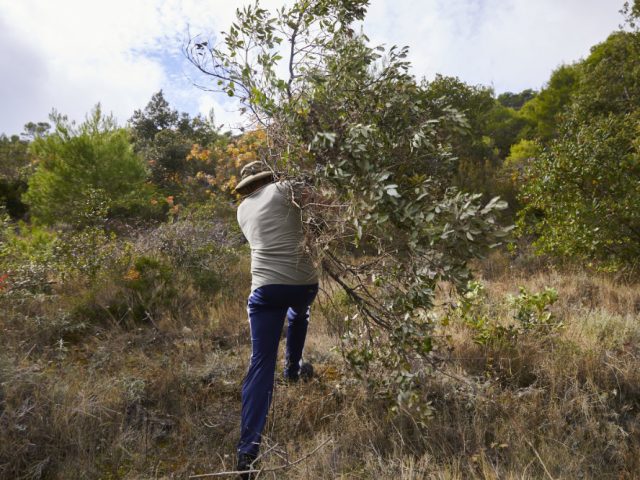

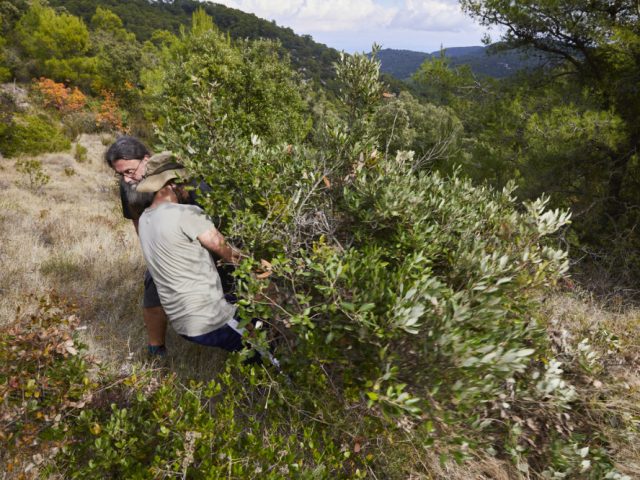
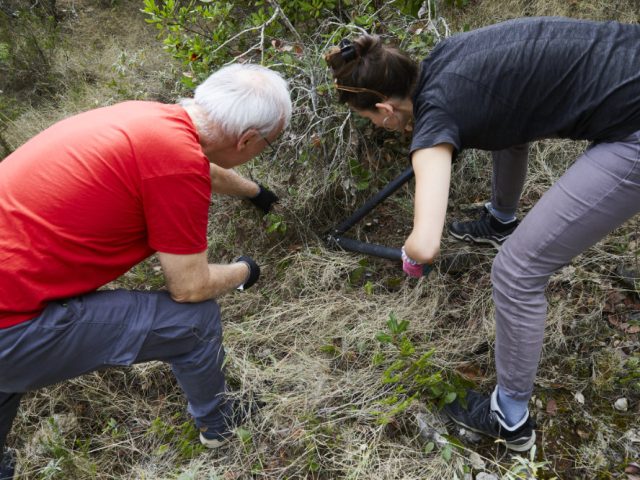


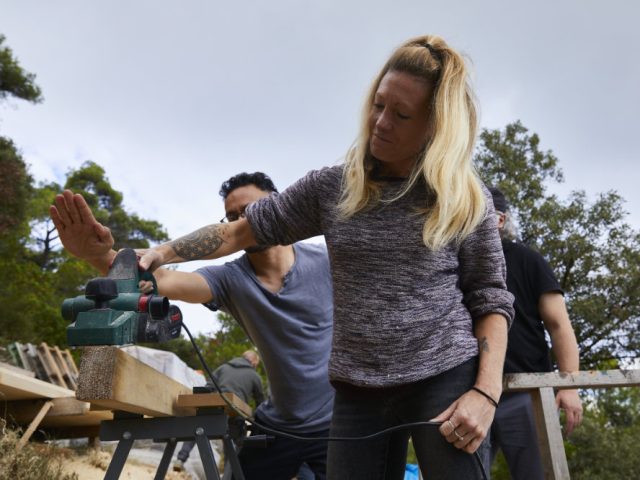
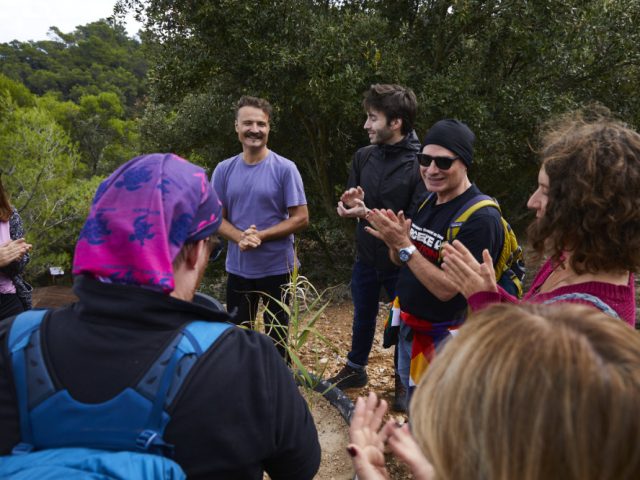
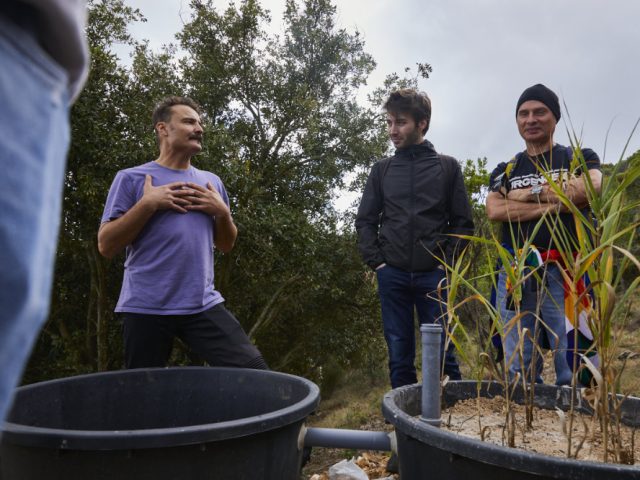
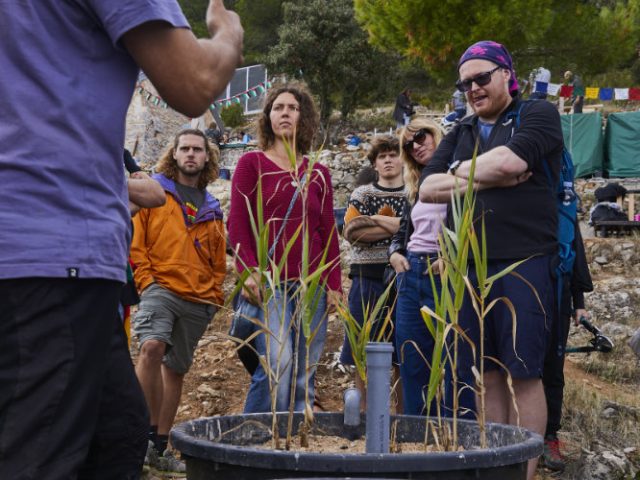
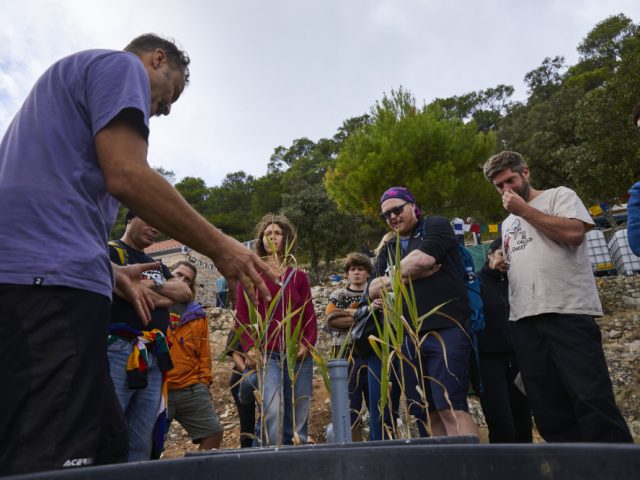
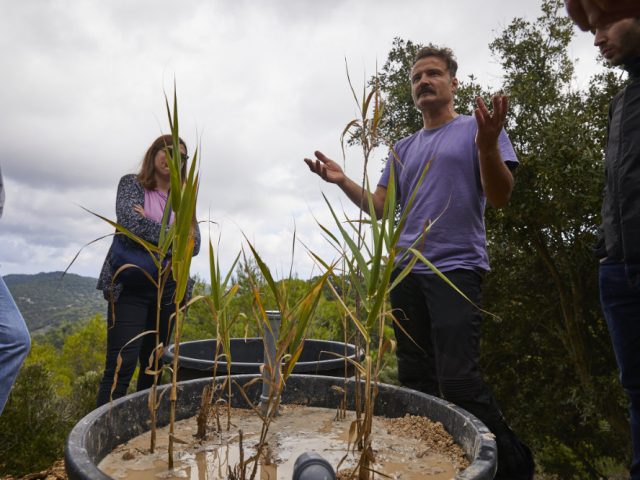
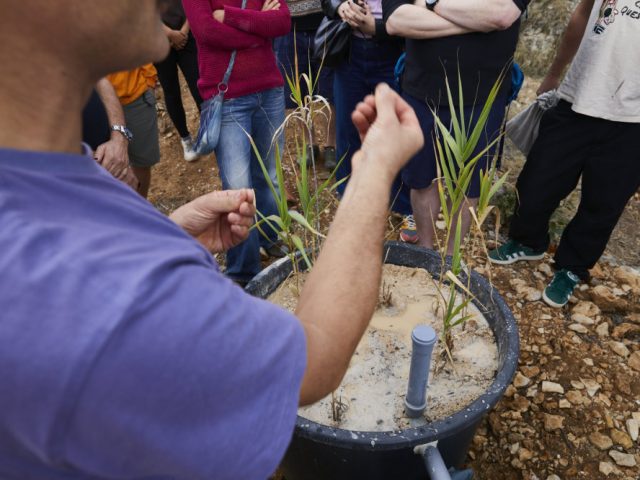
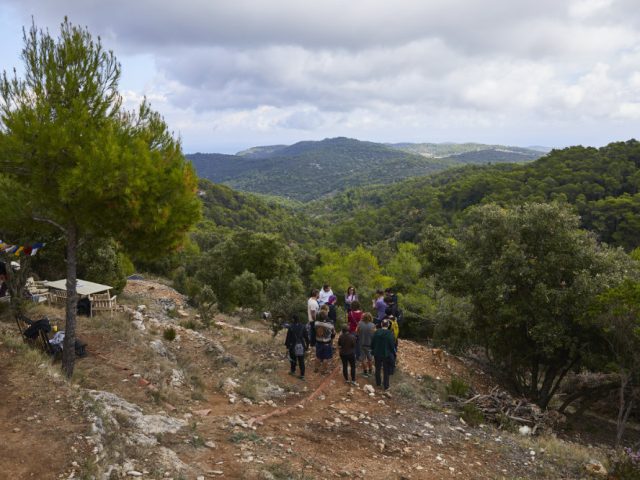
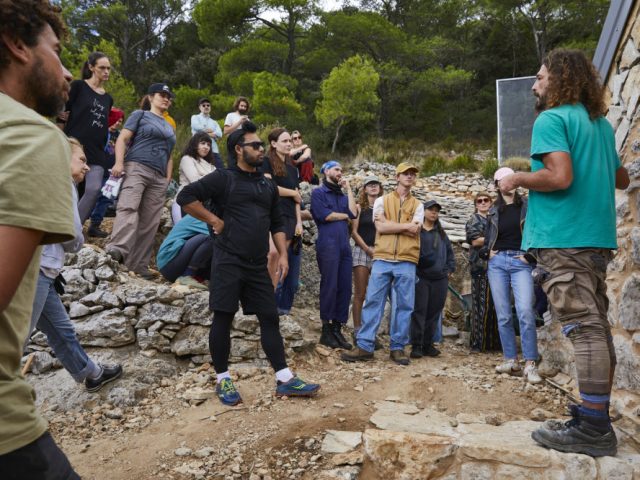
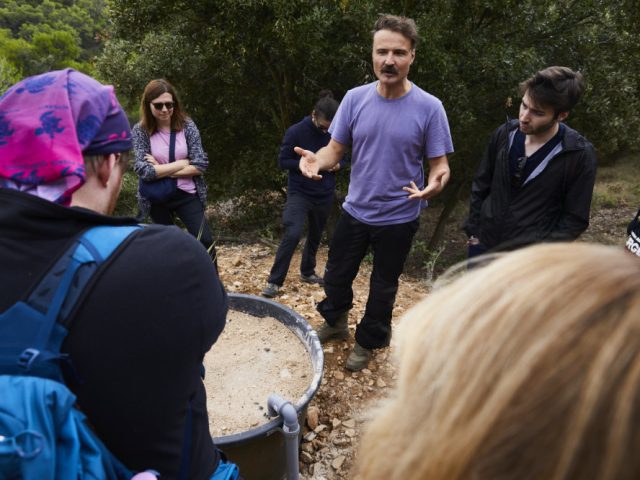
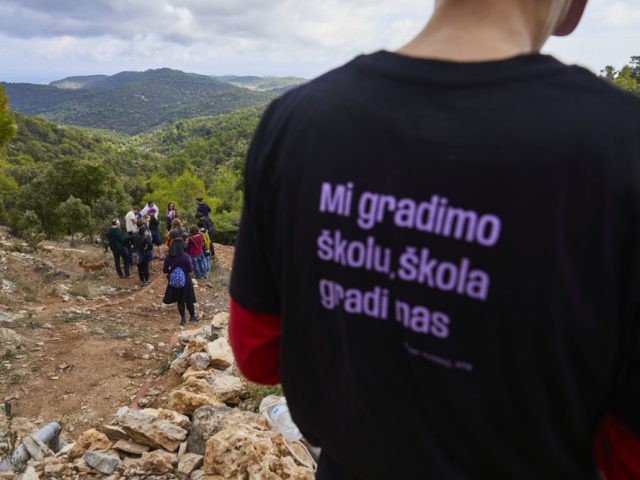
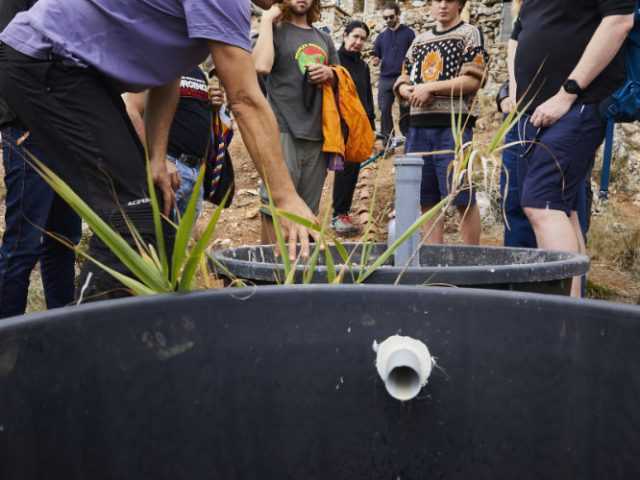
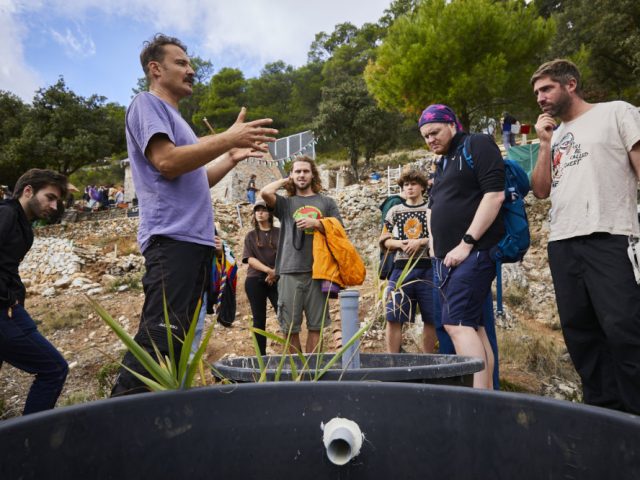
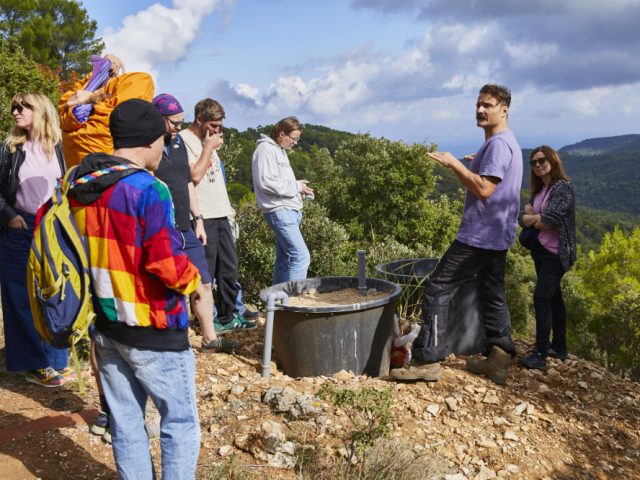
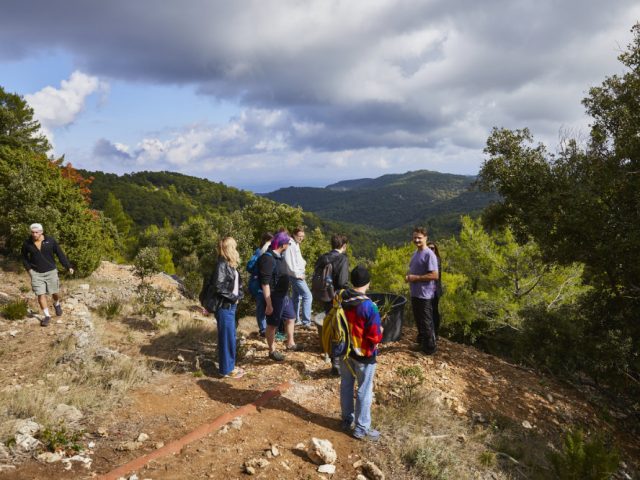
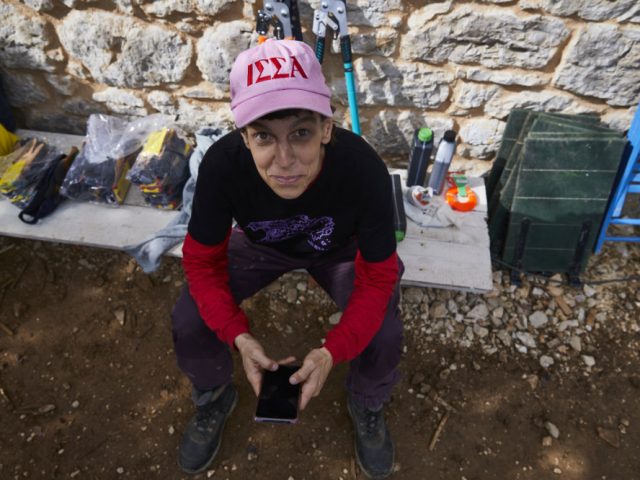
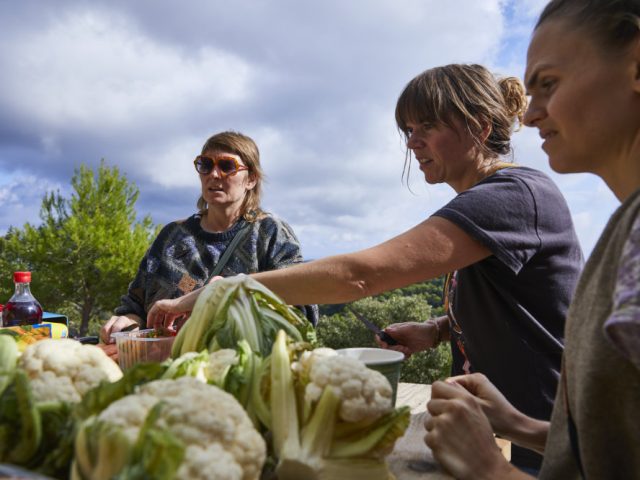
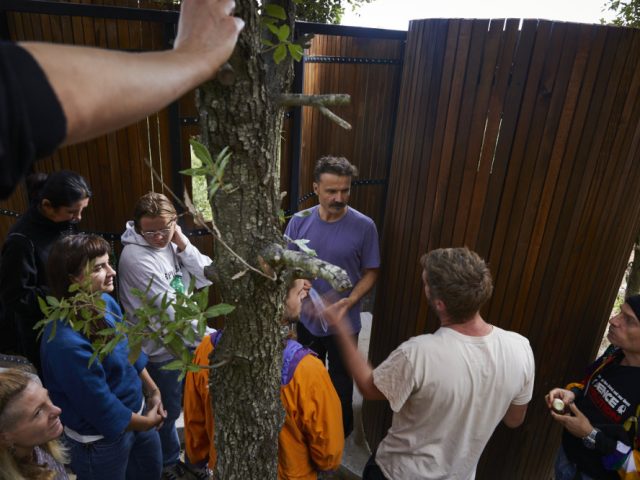
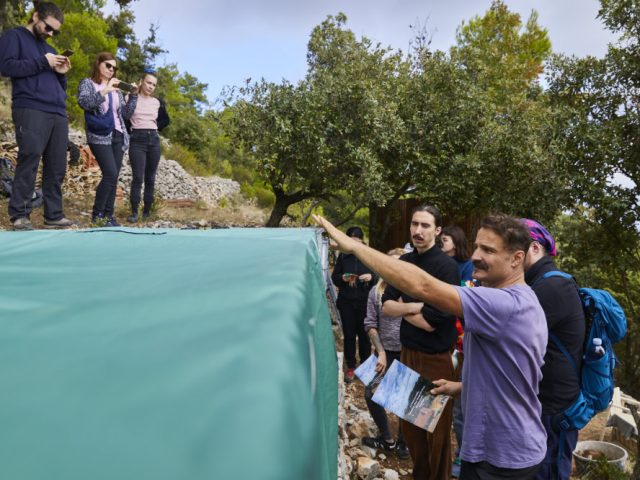
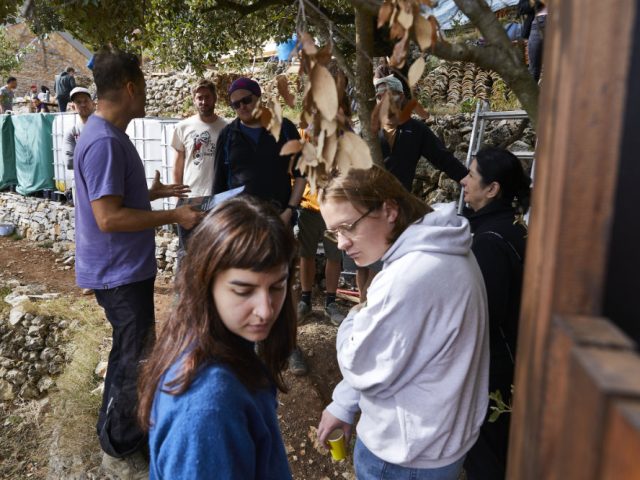
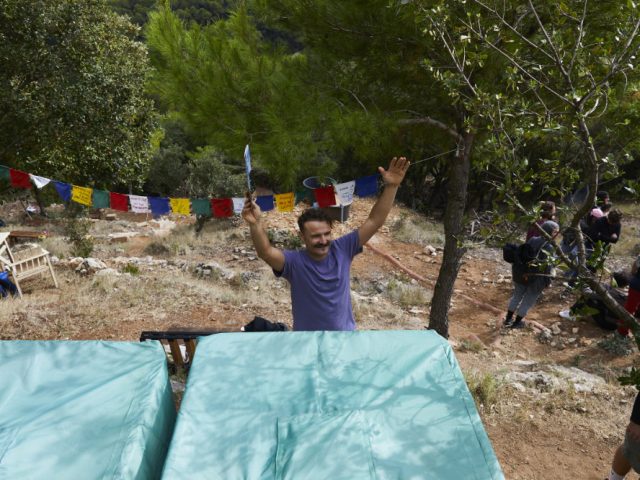

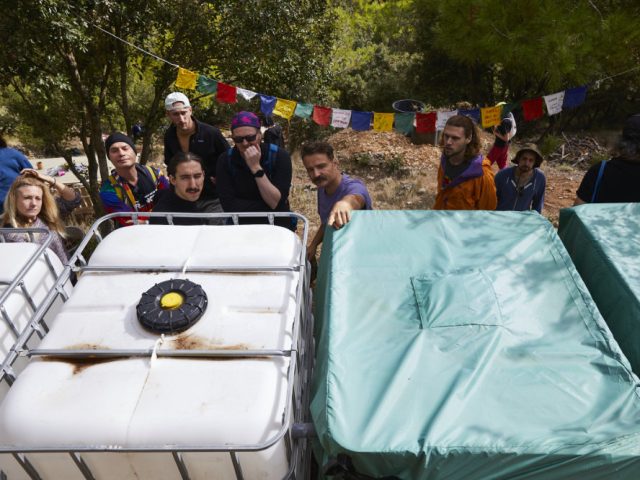
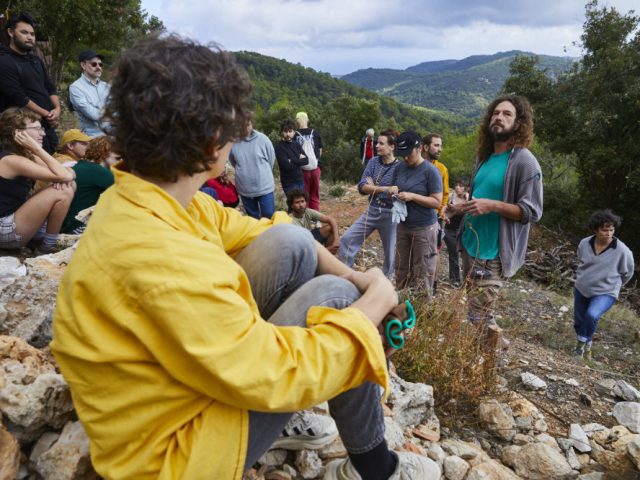
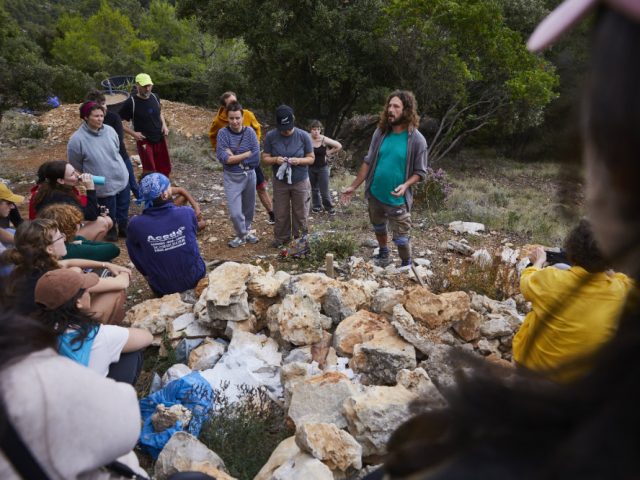
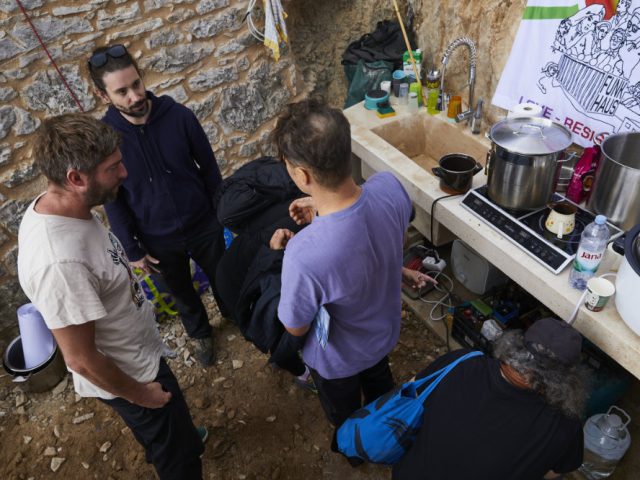
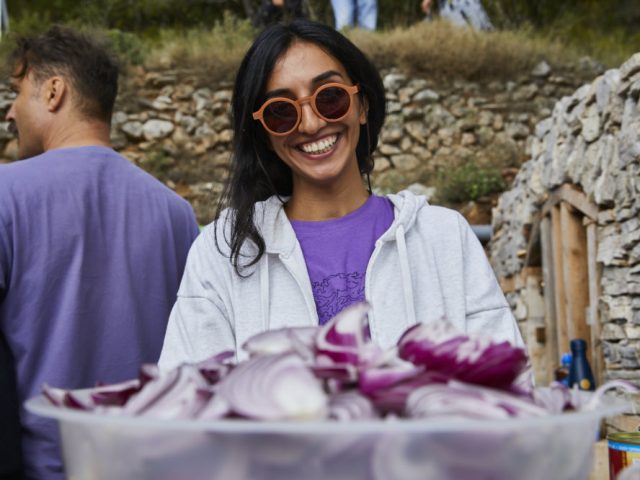
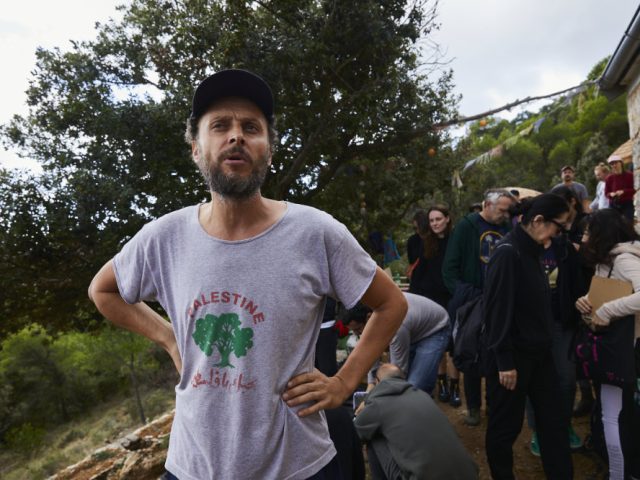
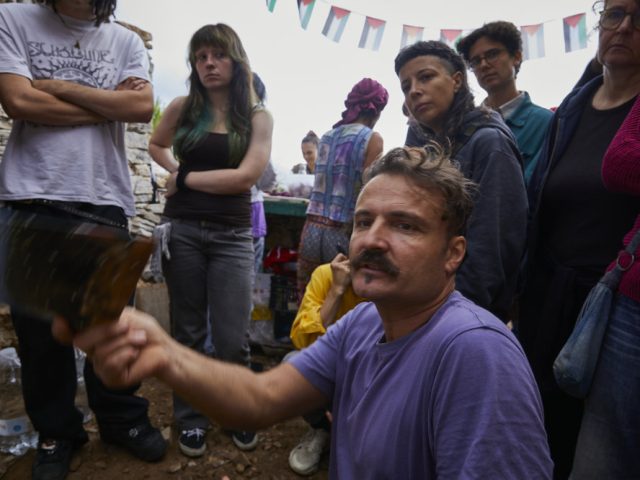
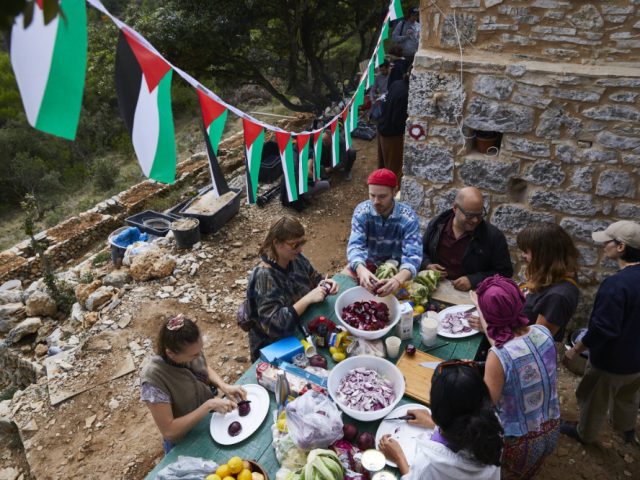

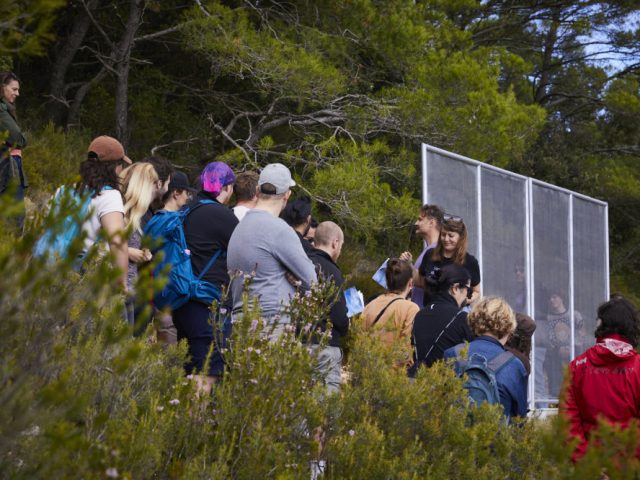
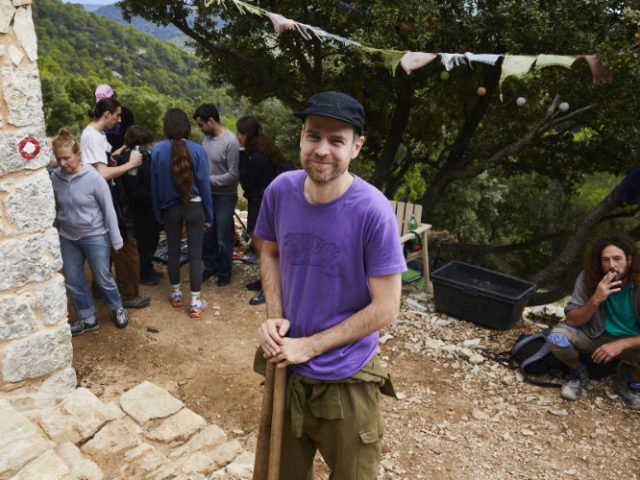



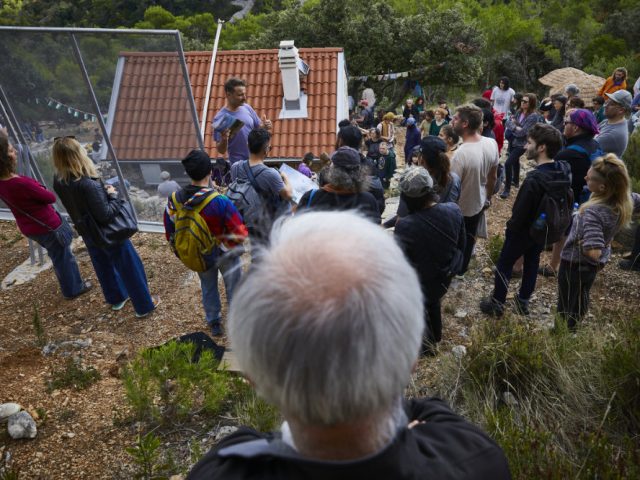
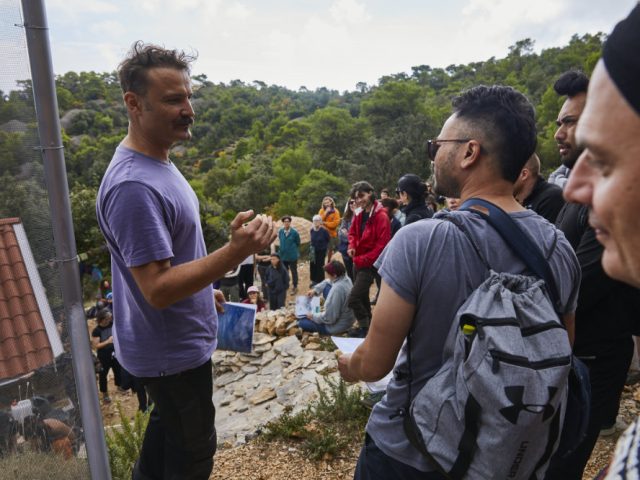
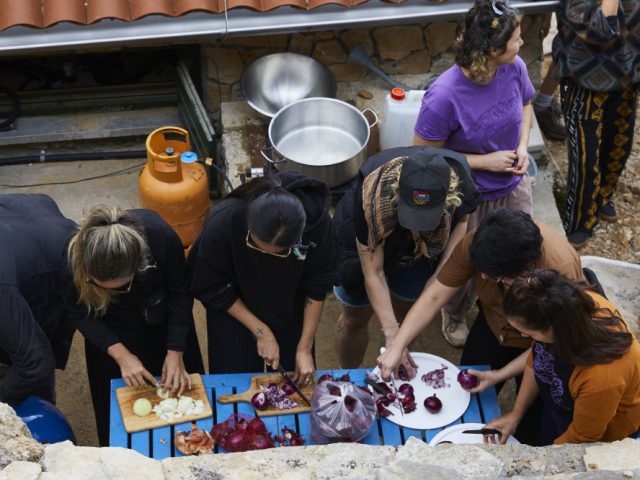


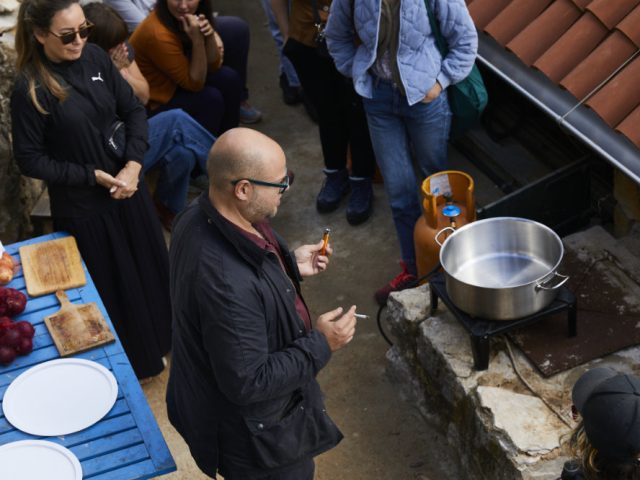



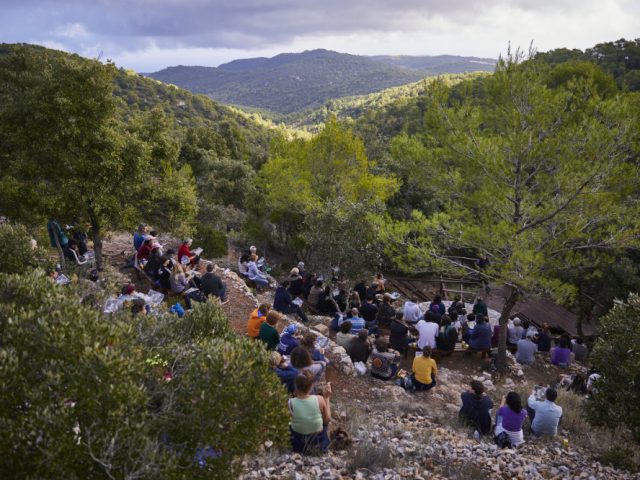


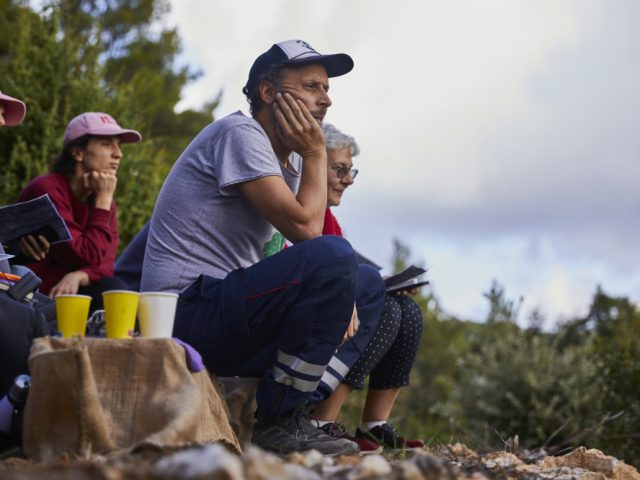
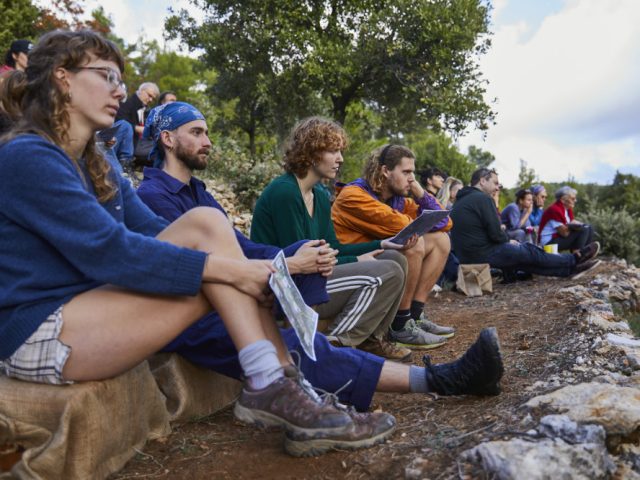
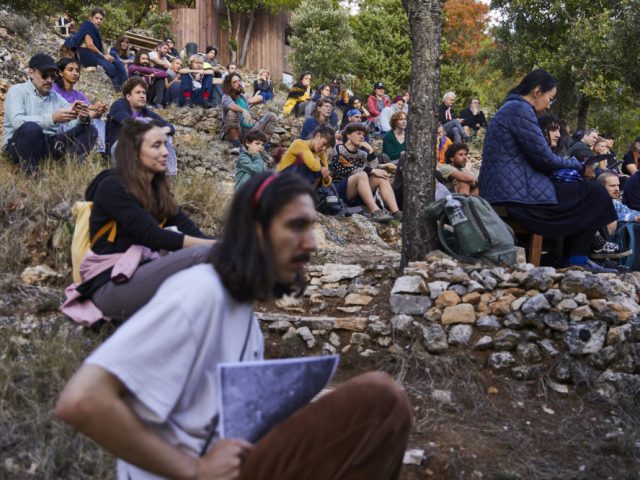
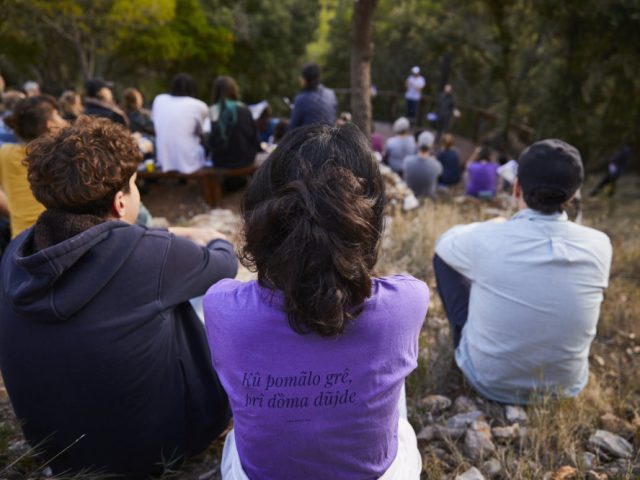
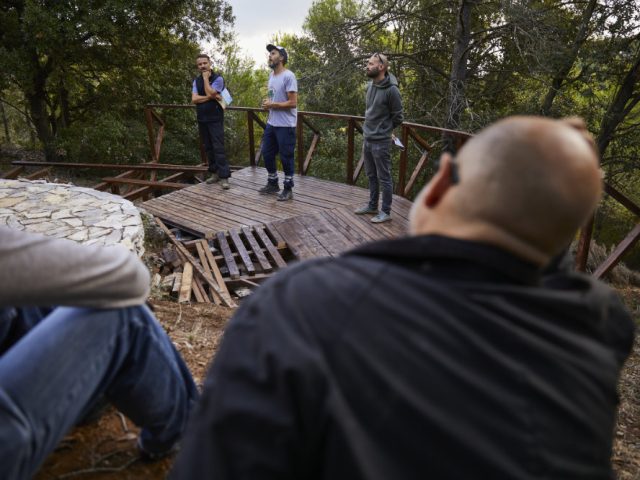
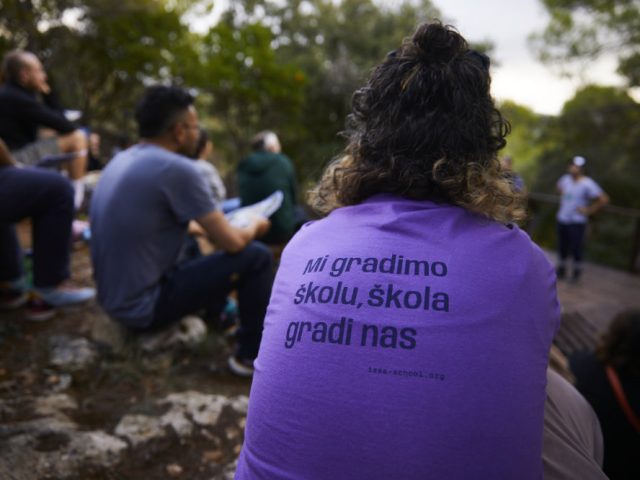
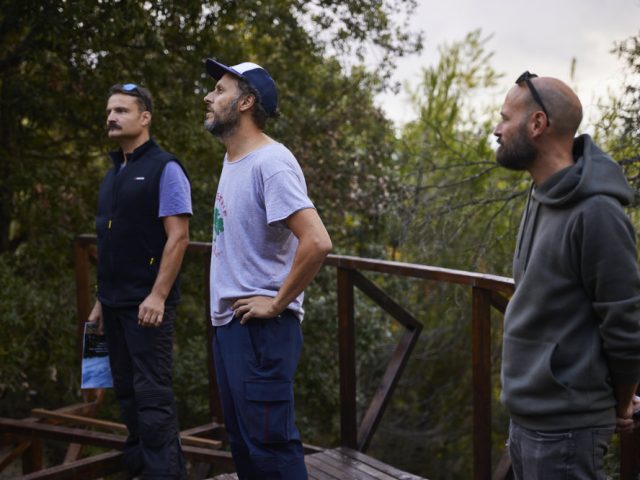
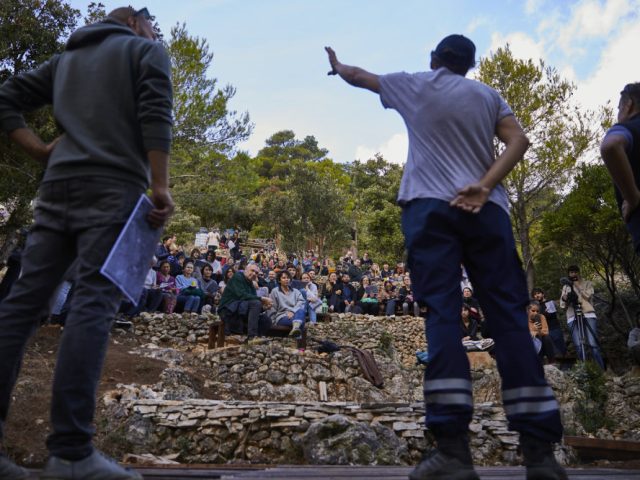
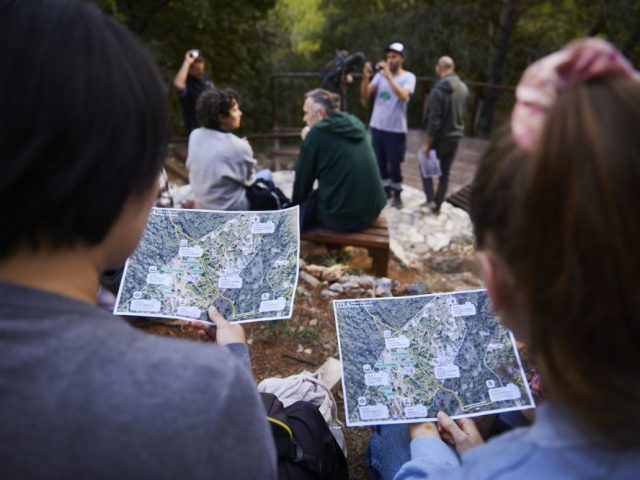
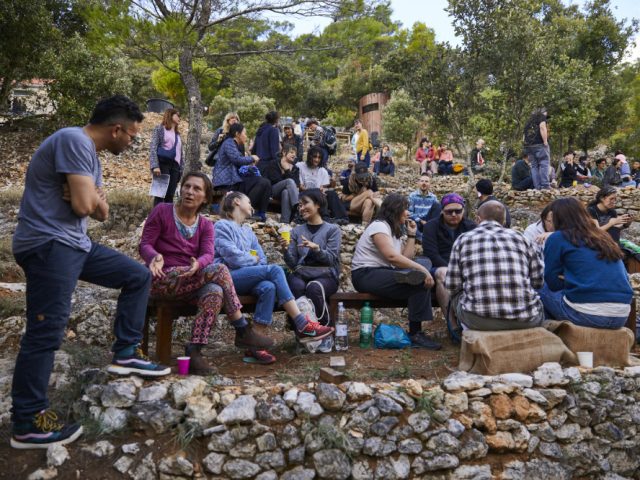
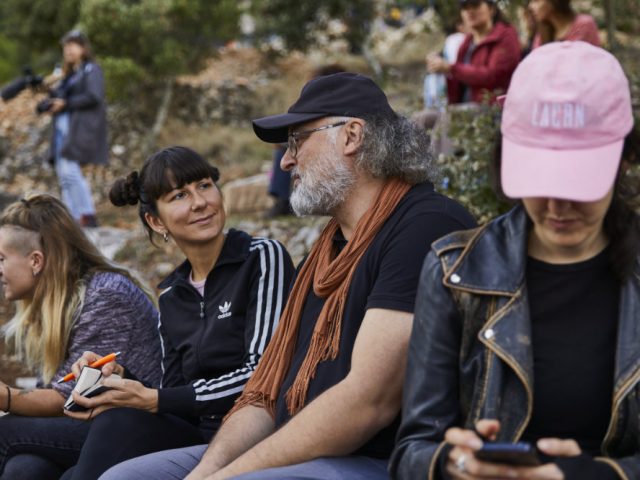
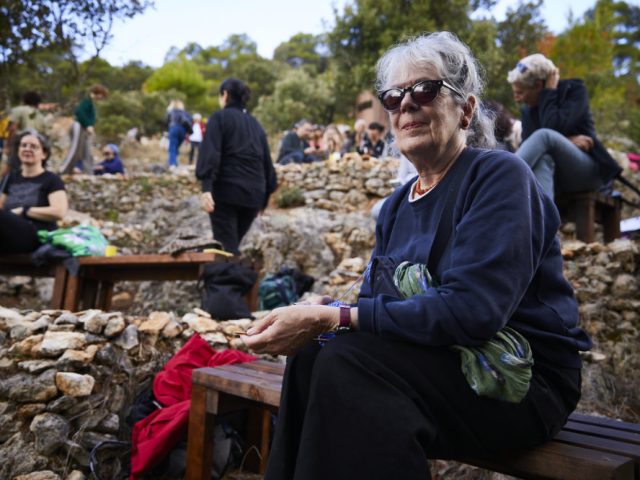

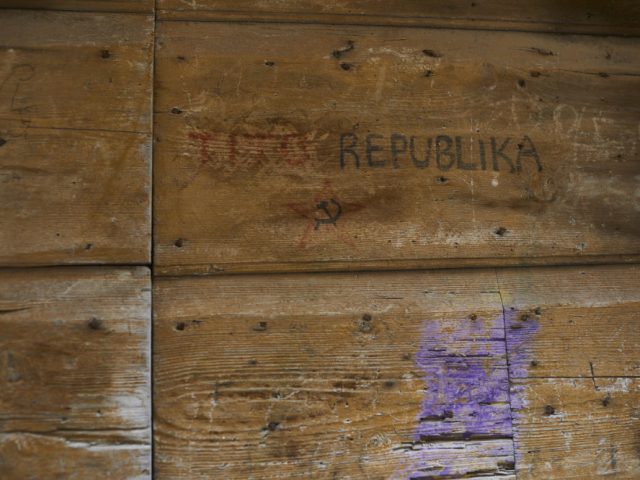

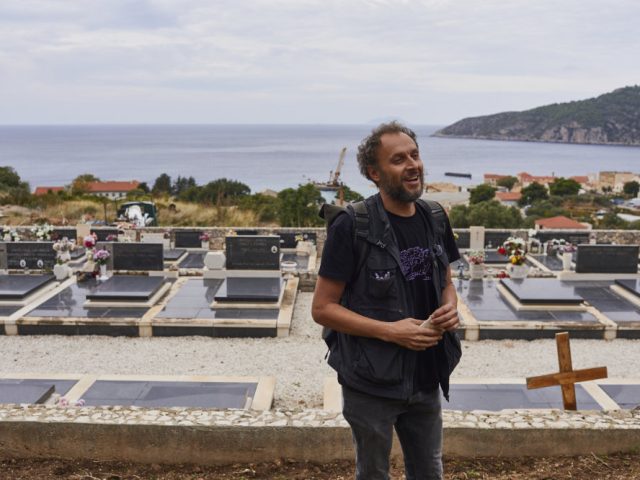



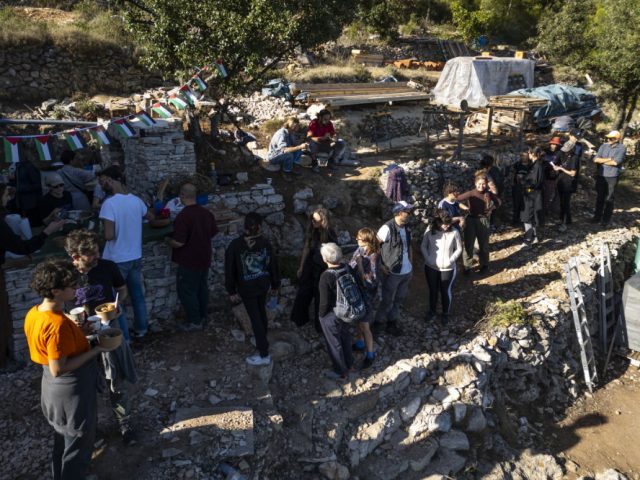

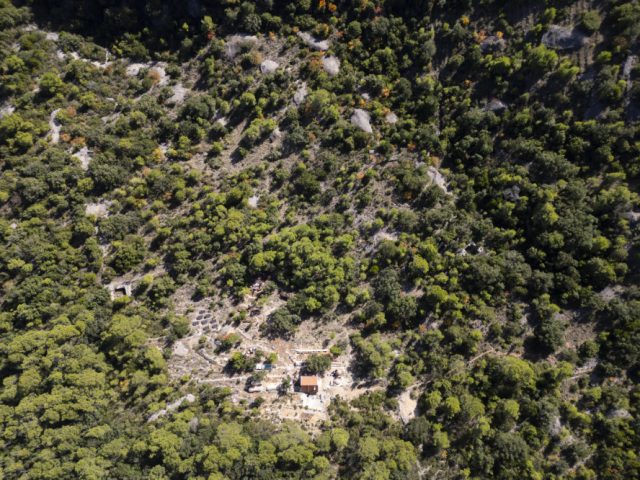

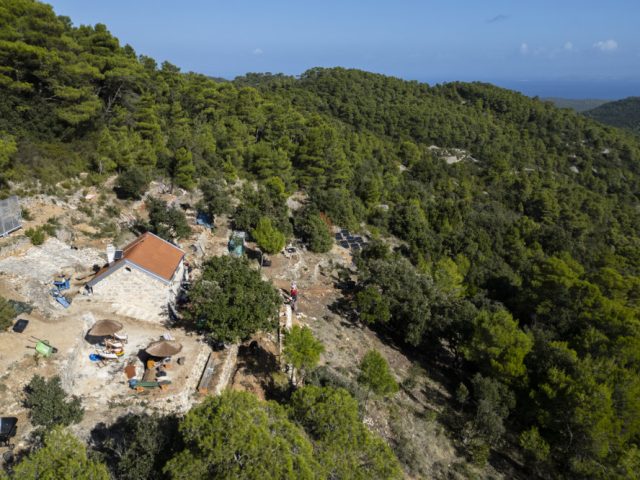
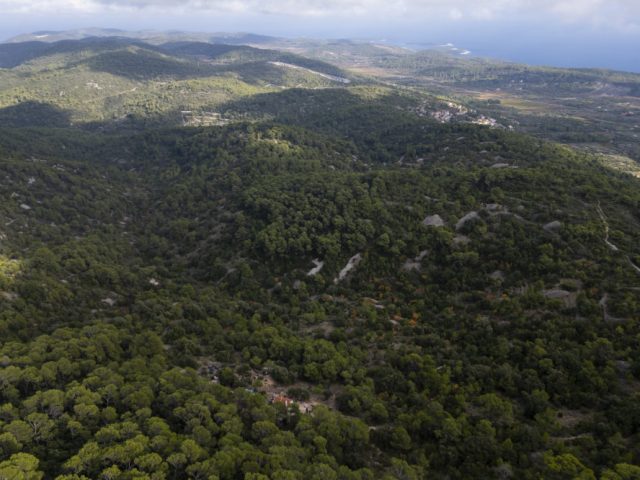
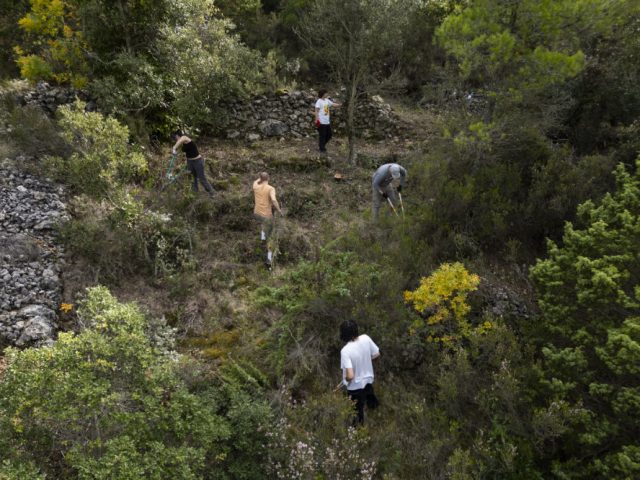
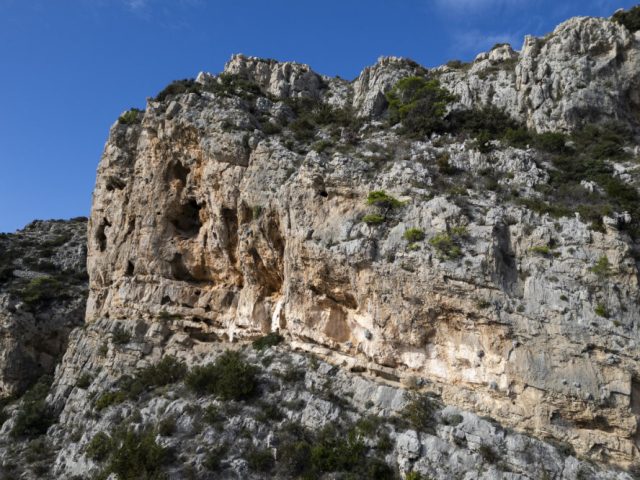
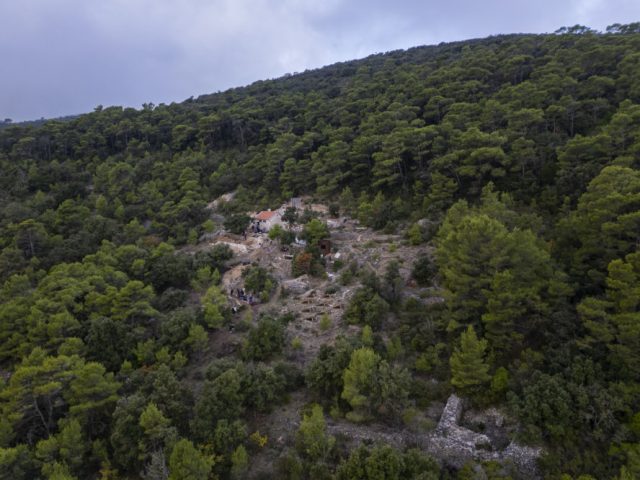
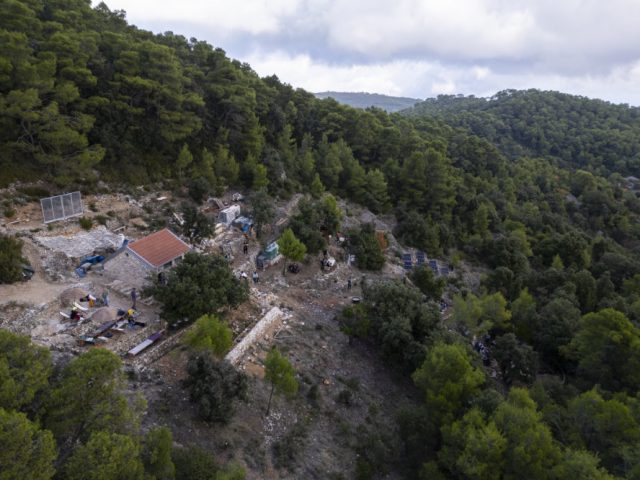
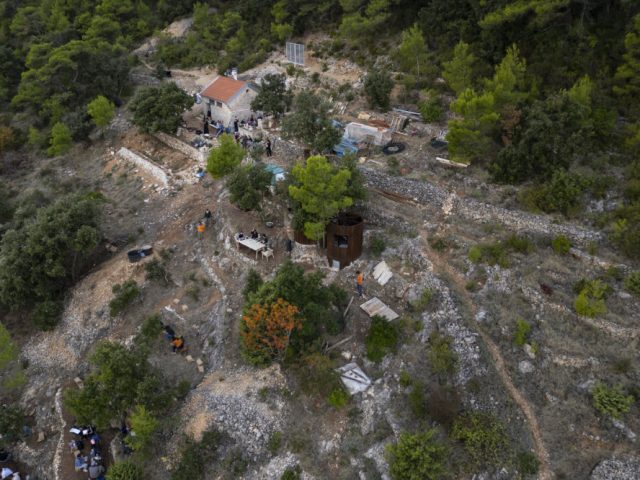
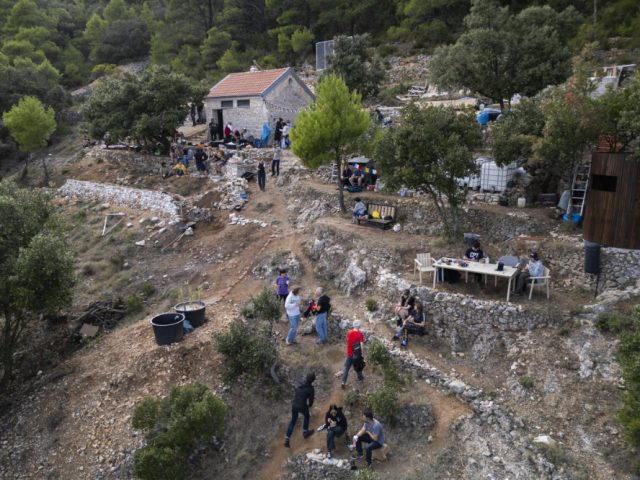
Photos usage: You are welcome to use photographs for ISSA and others’ use and promotional purposes under the licence CC 4.0 BY-NC-SA. If you’ll use them for commercial and/or editorial purposes, please consult with me first (please email: metodb@yahoo.com). When using the images, please credit them to me: Metod Blejec, @metodb (for the use on X), @metodb (for the use on Instagram), Metod Bljc (for the use on Facebook). This is, unless otherwise credited in the picture file name.
